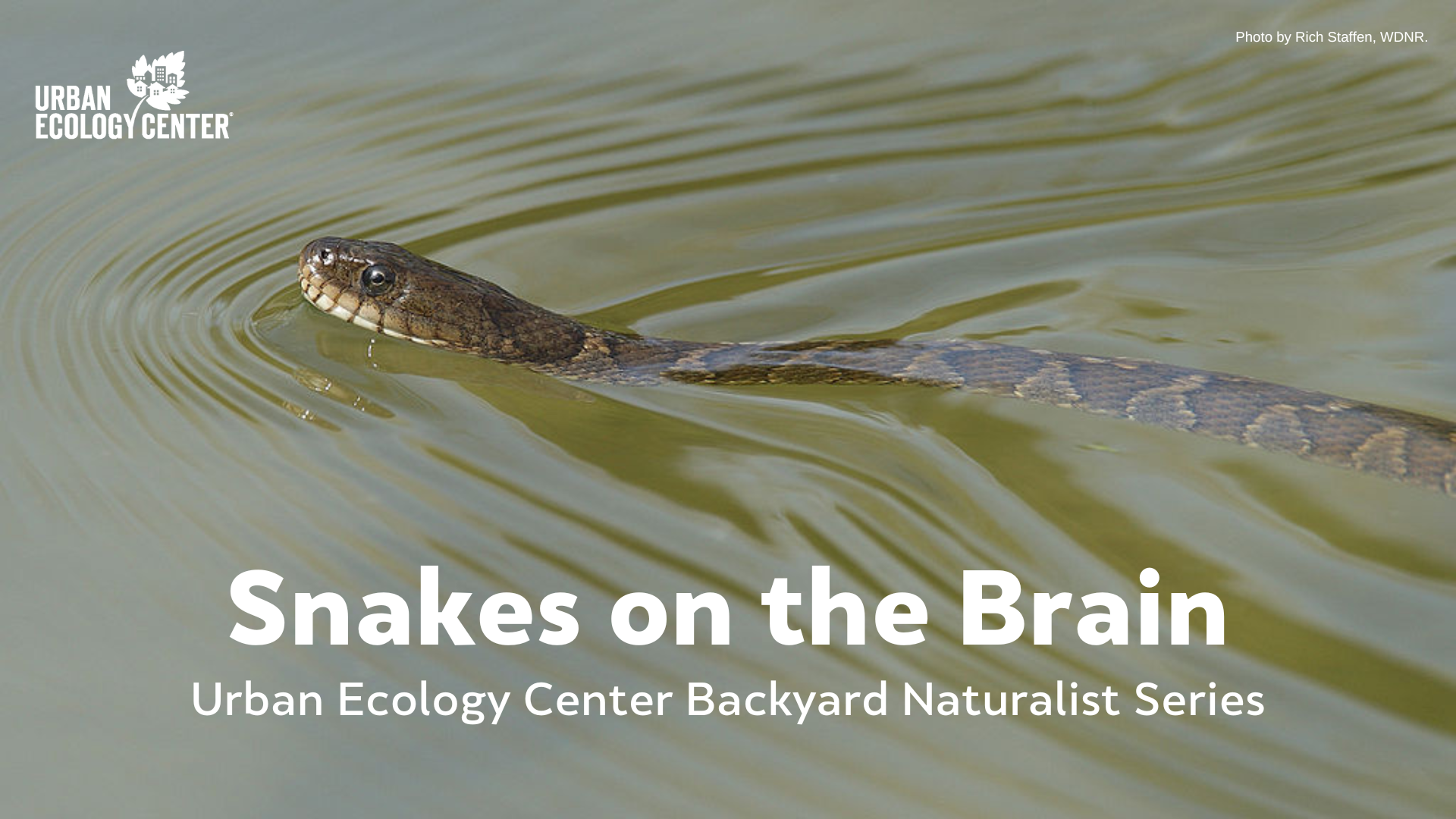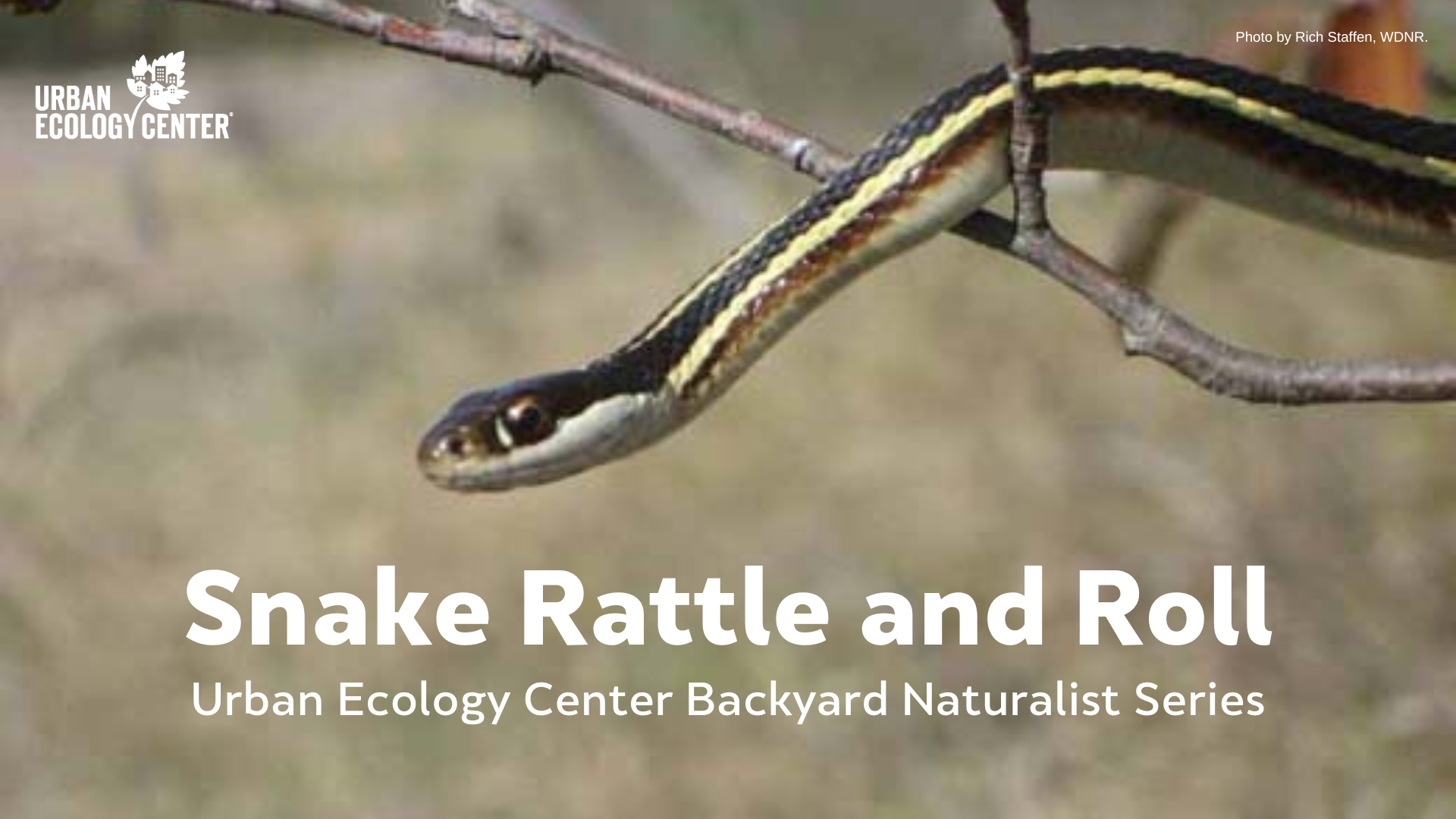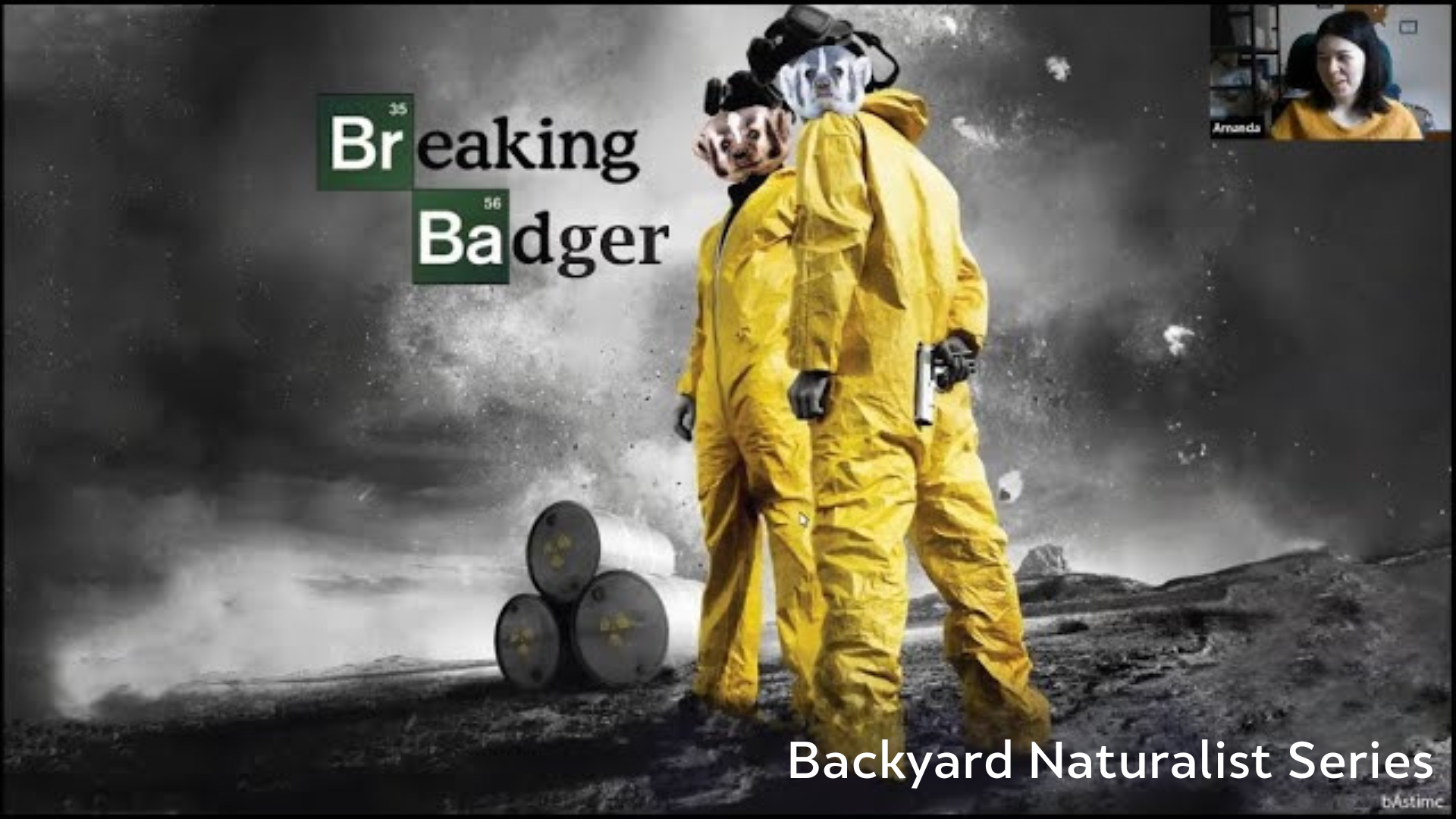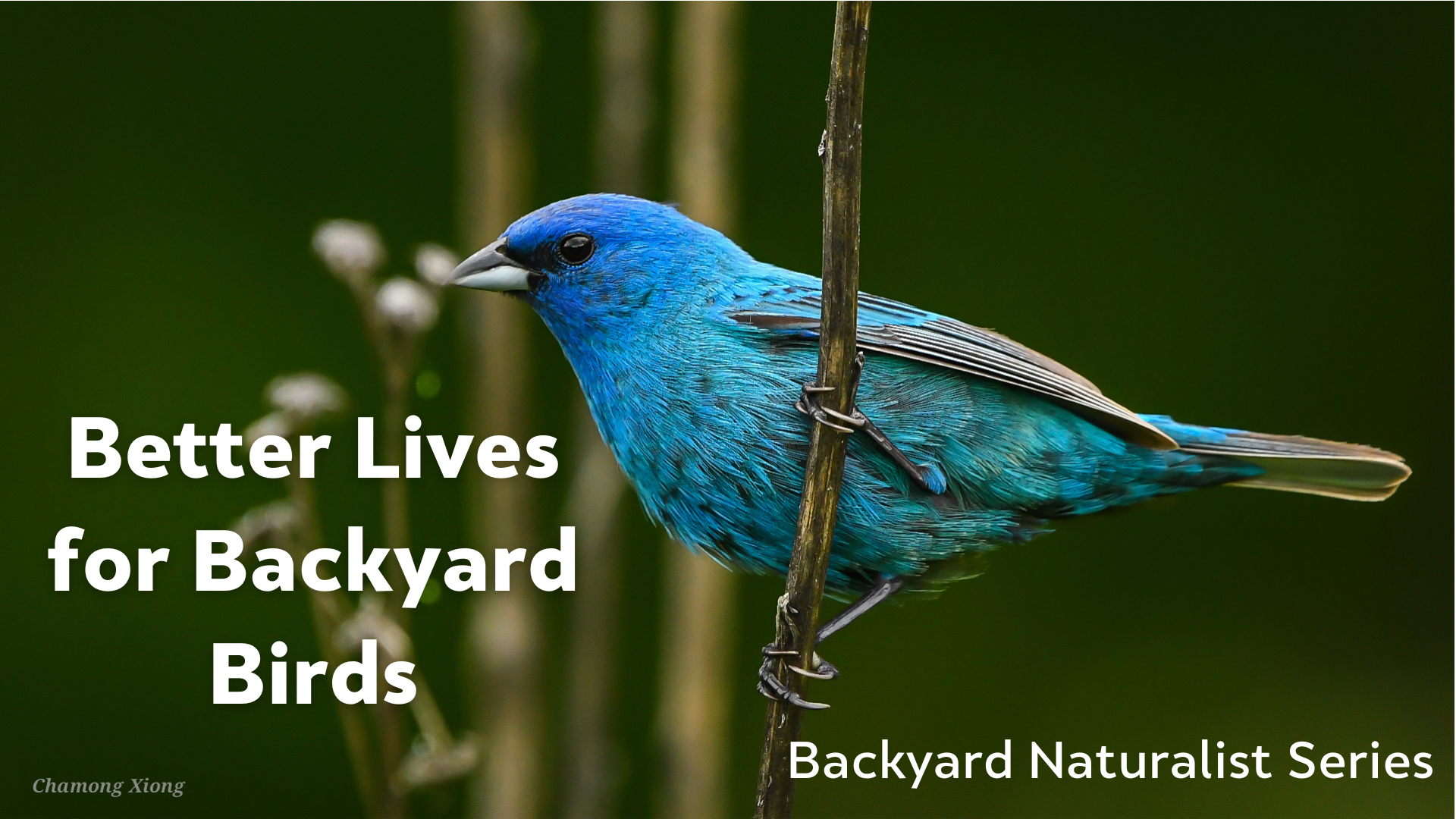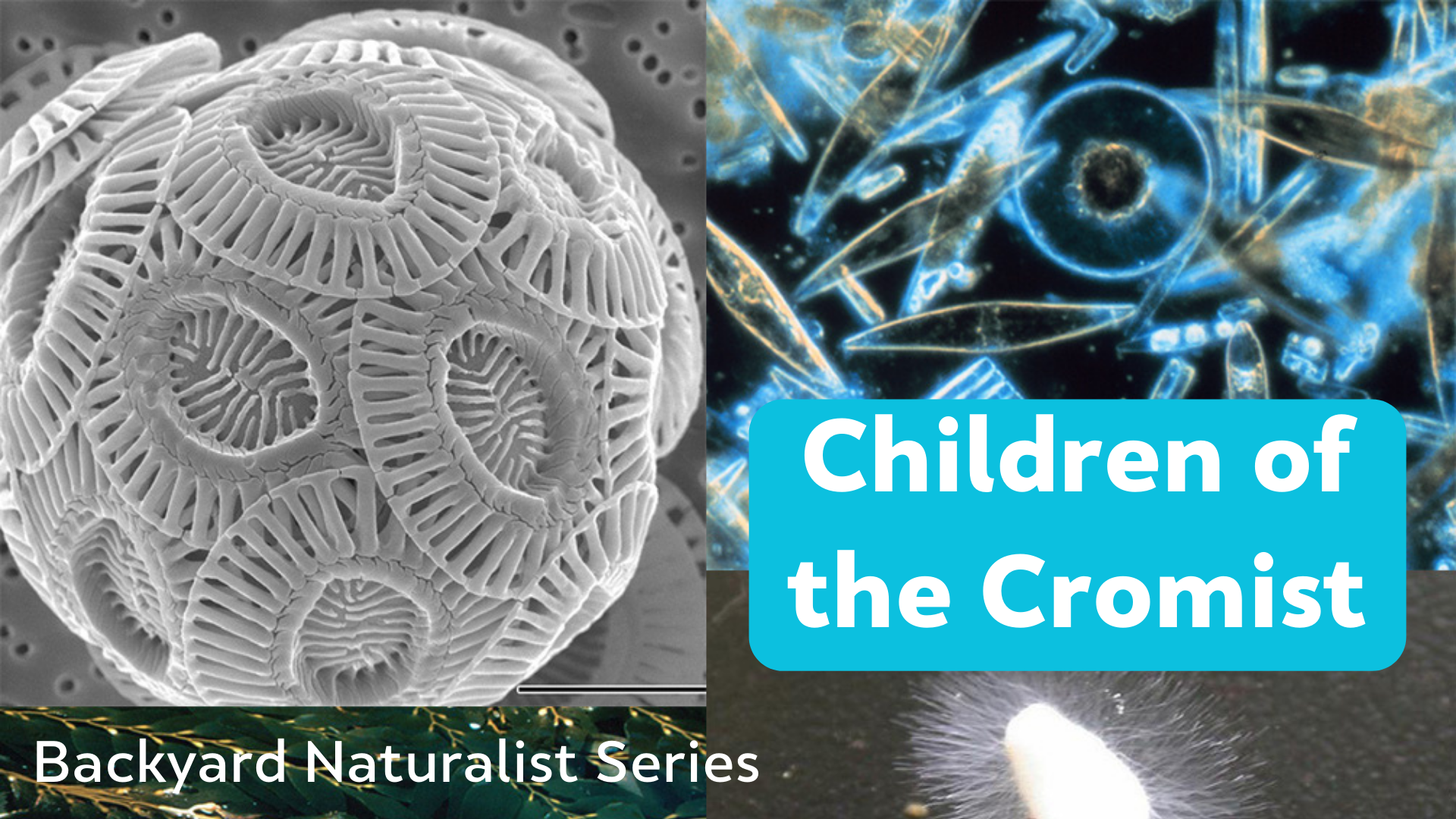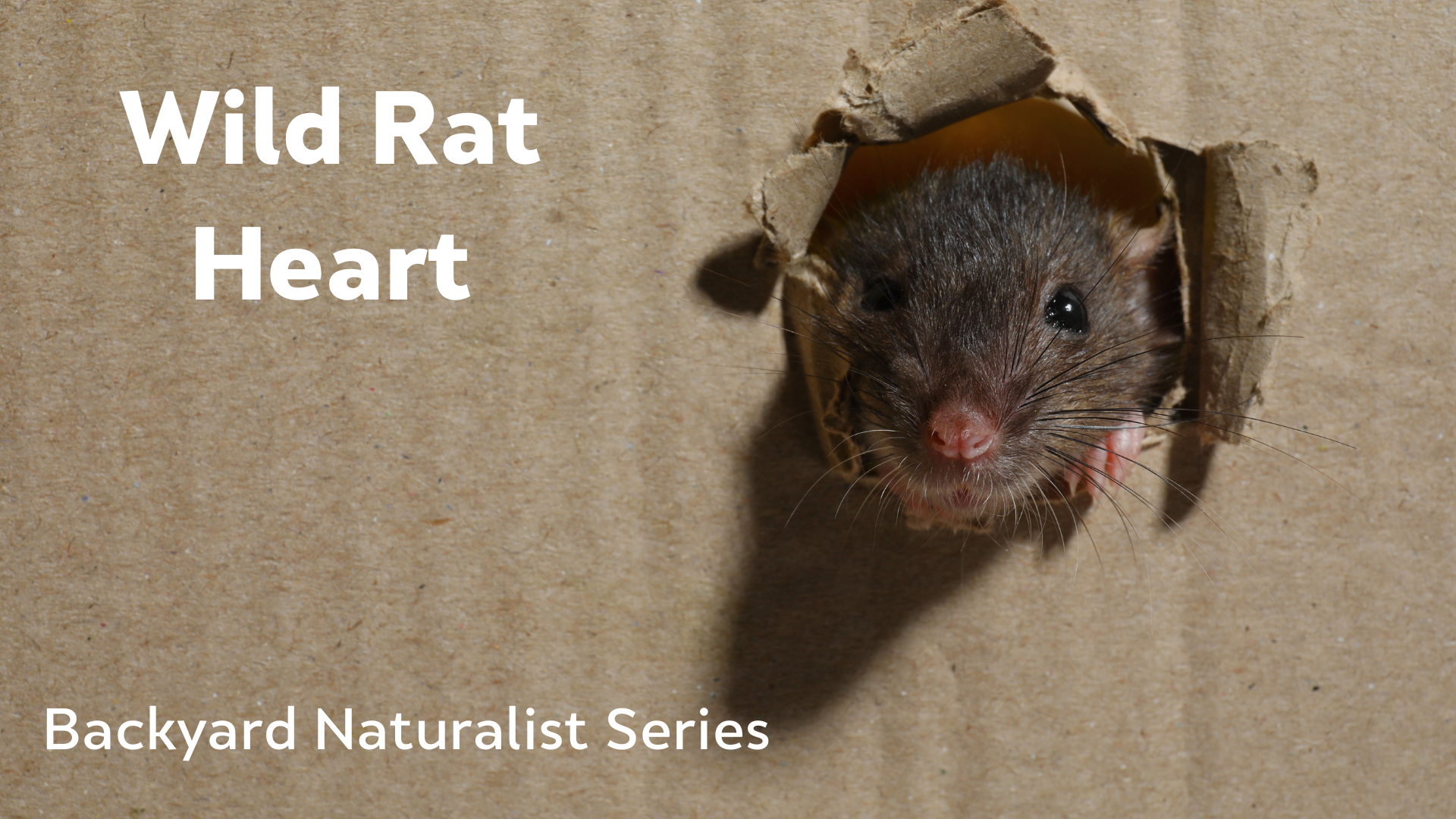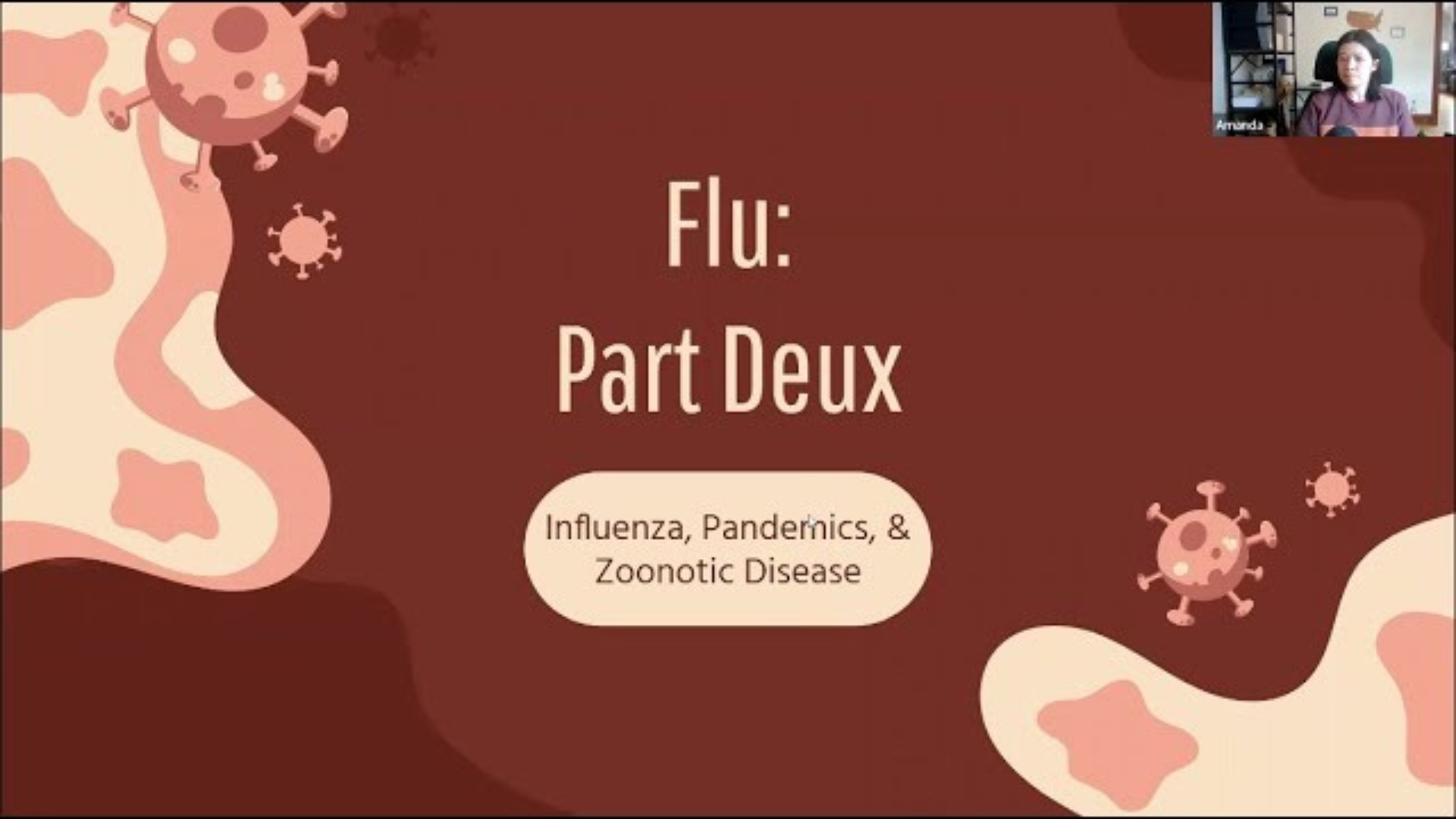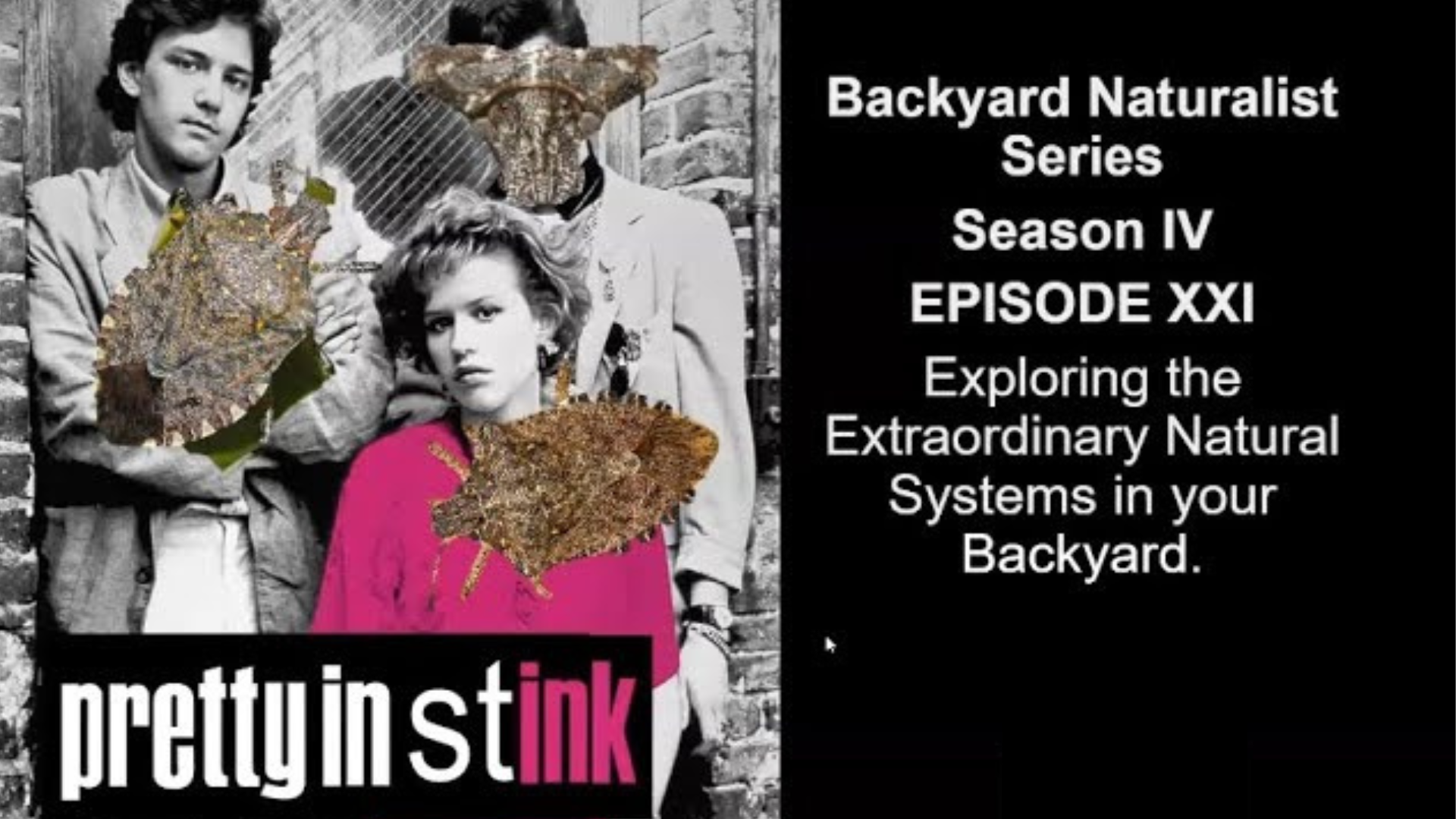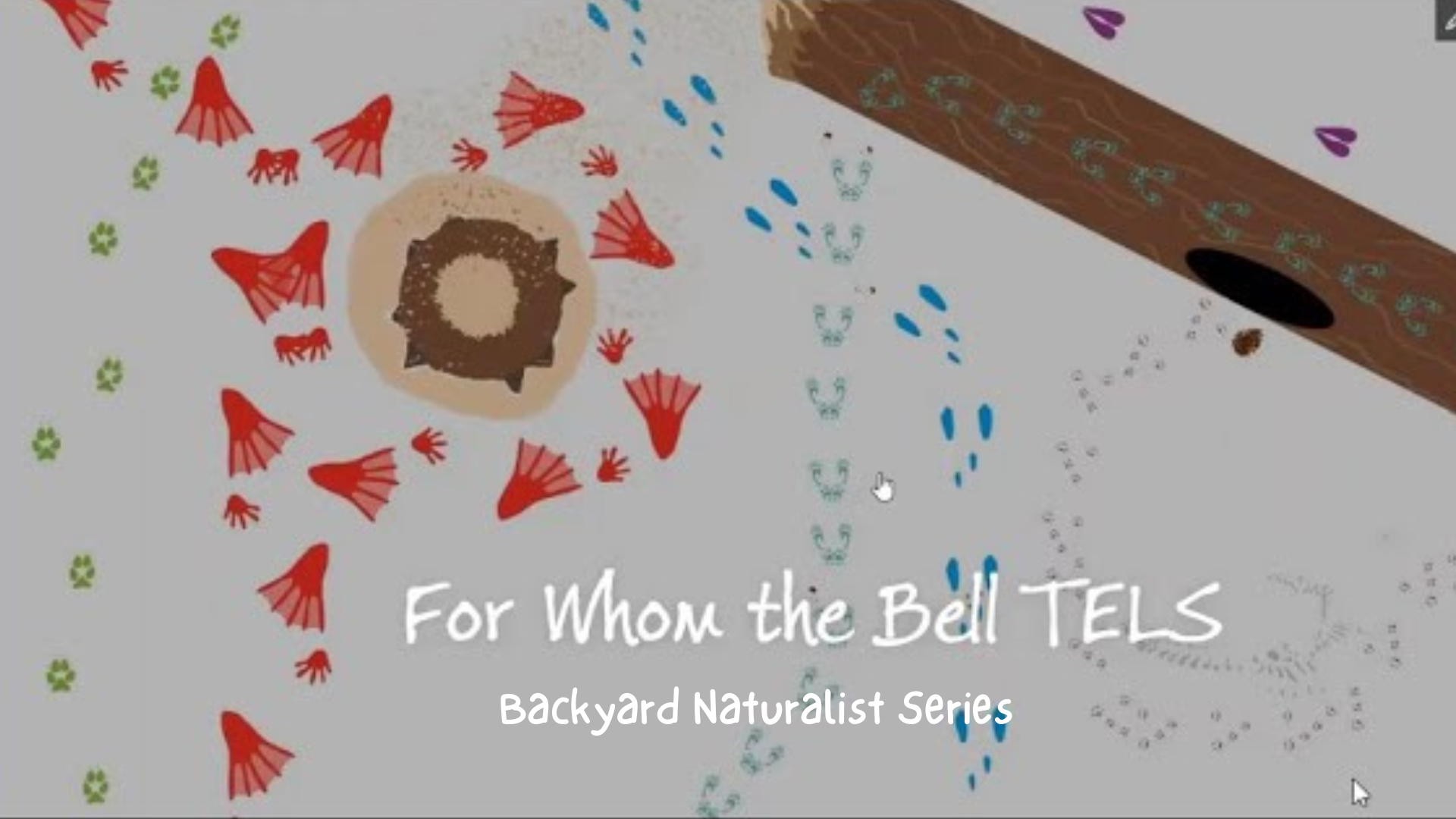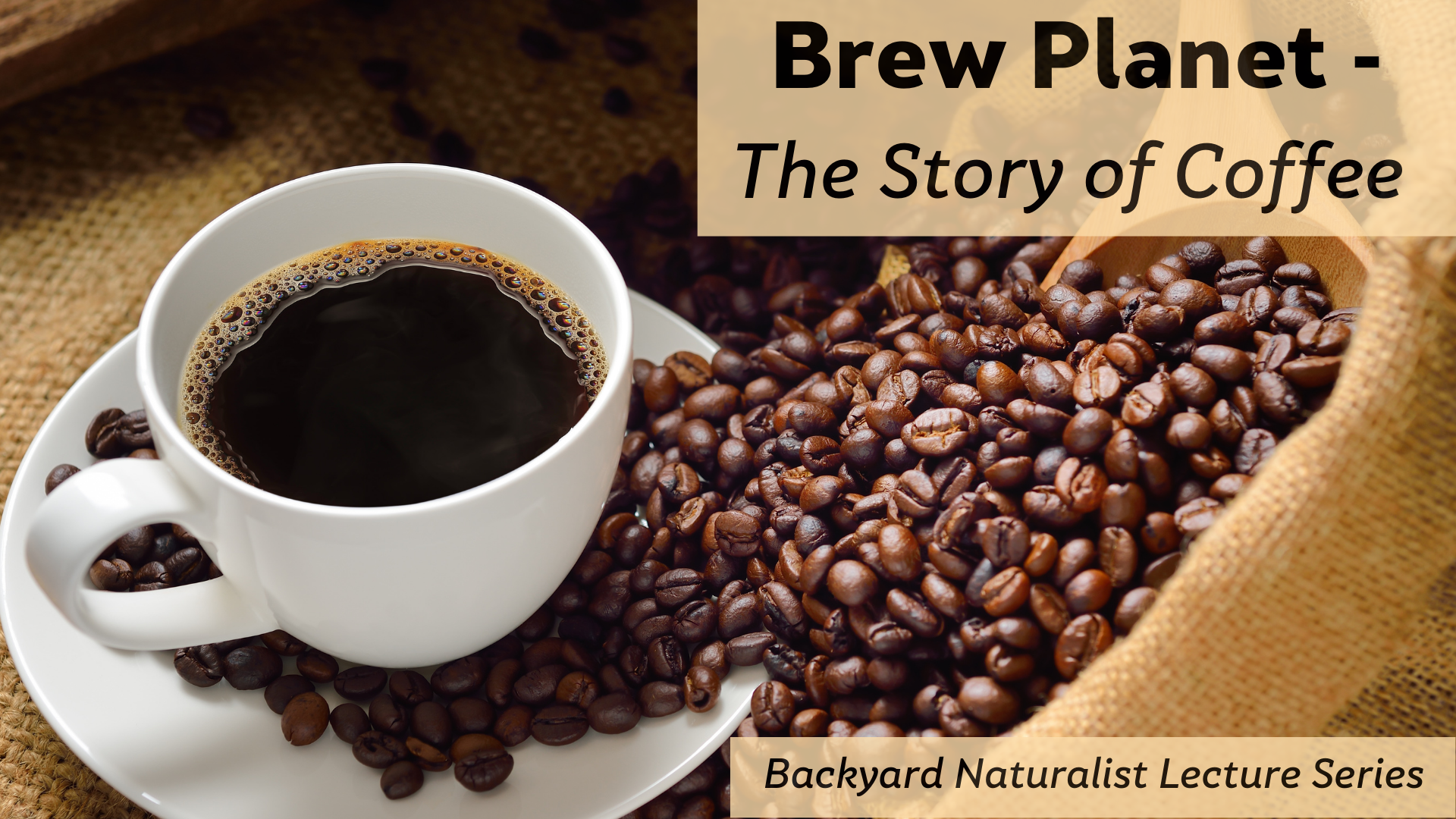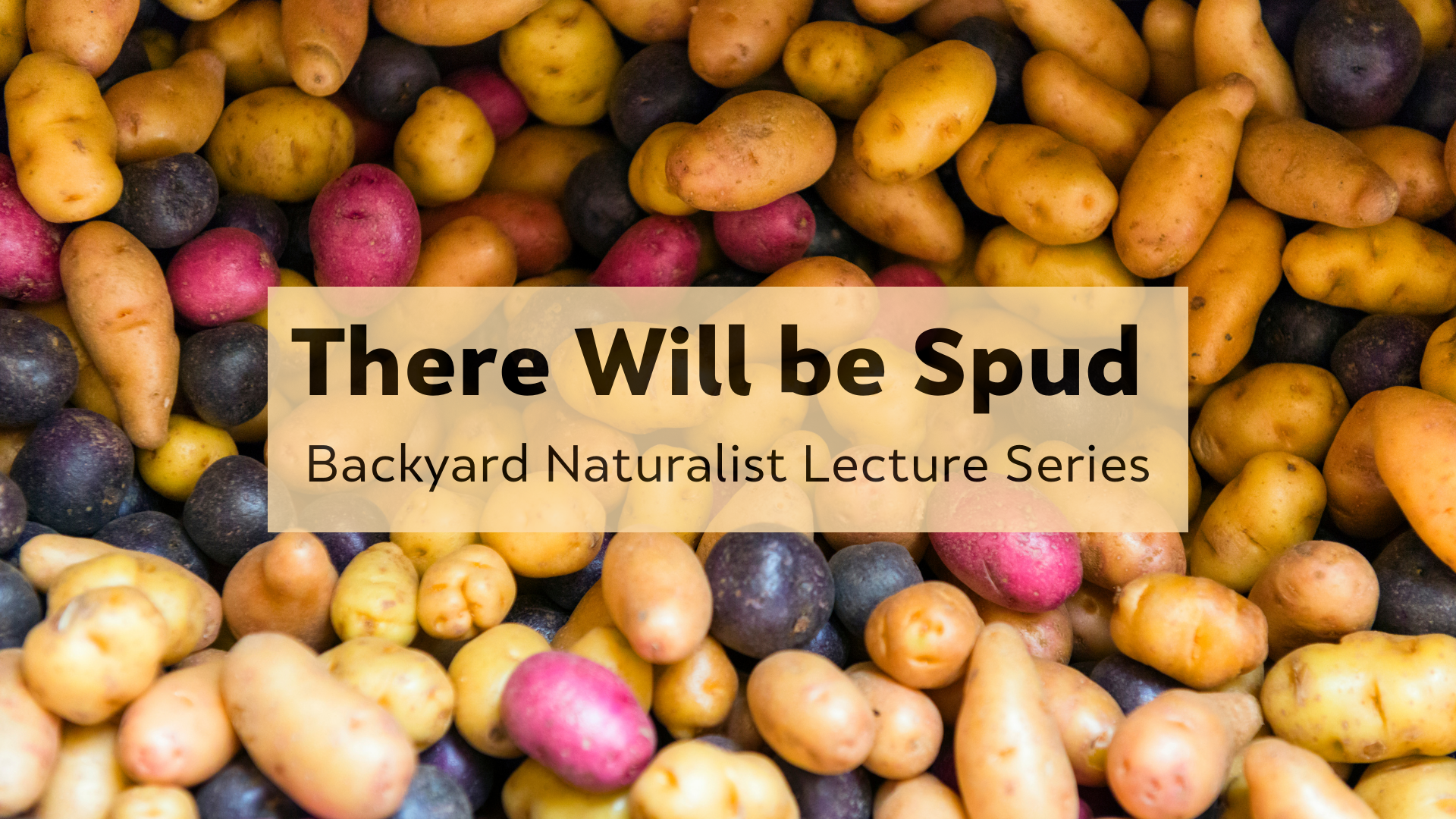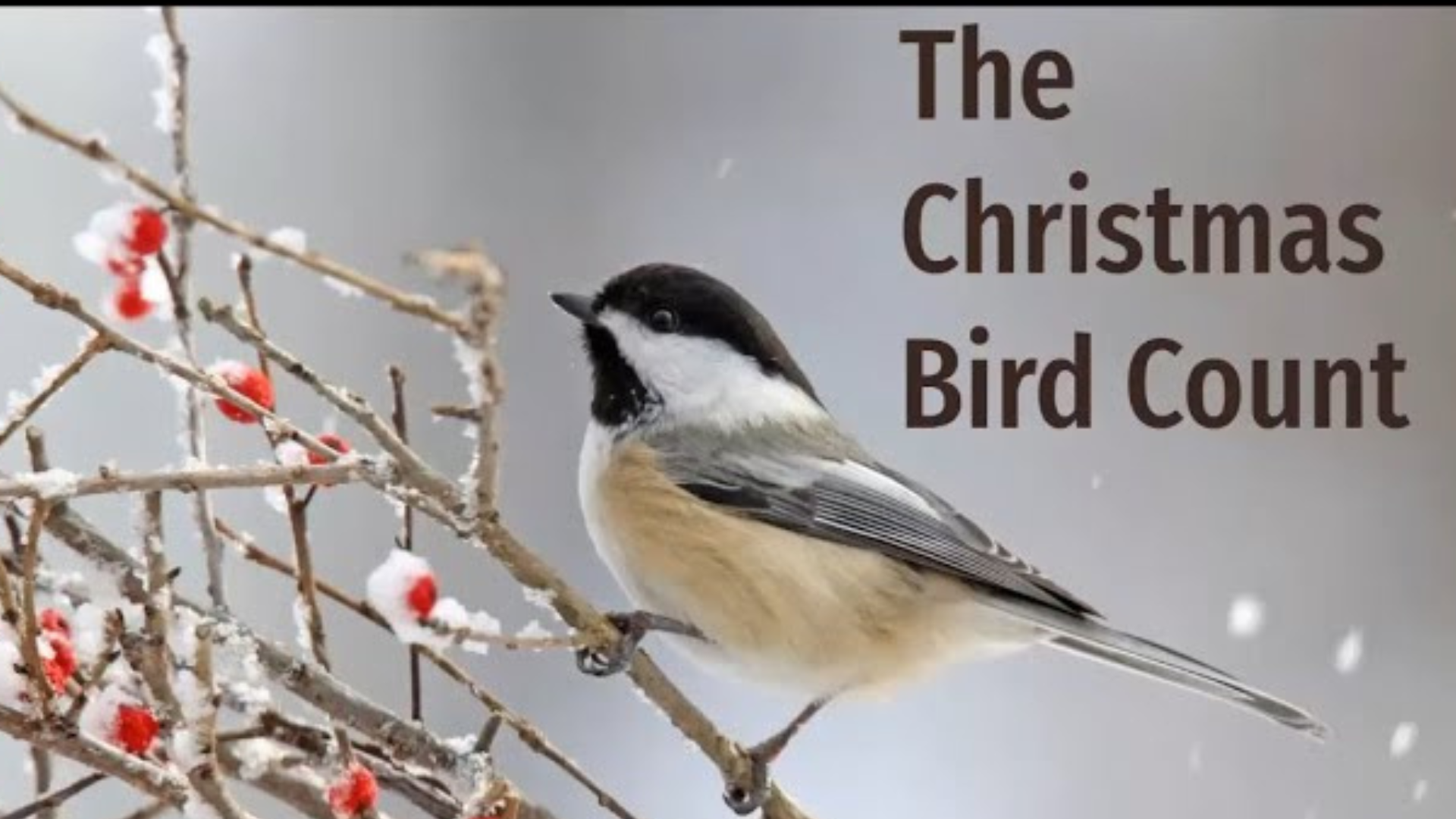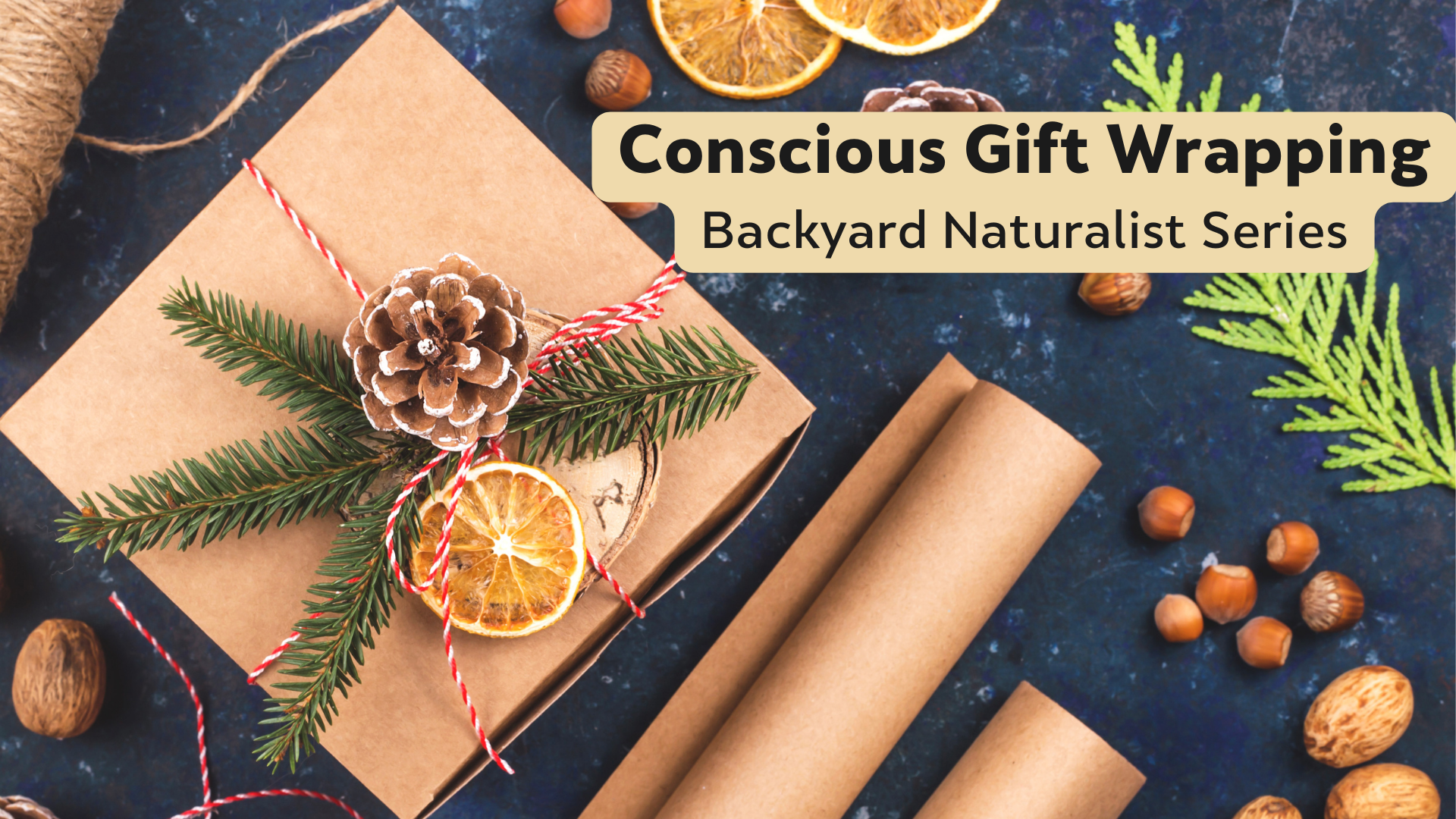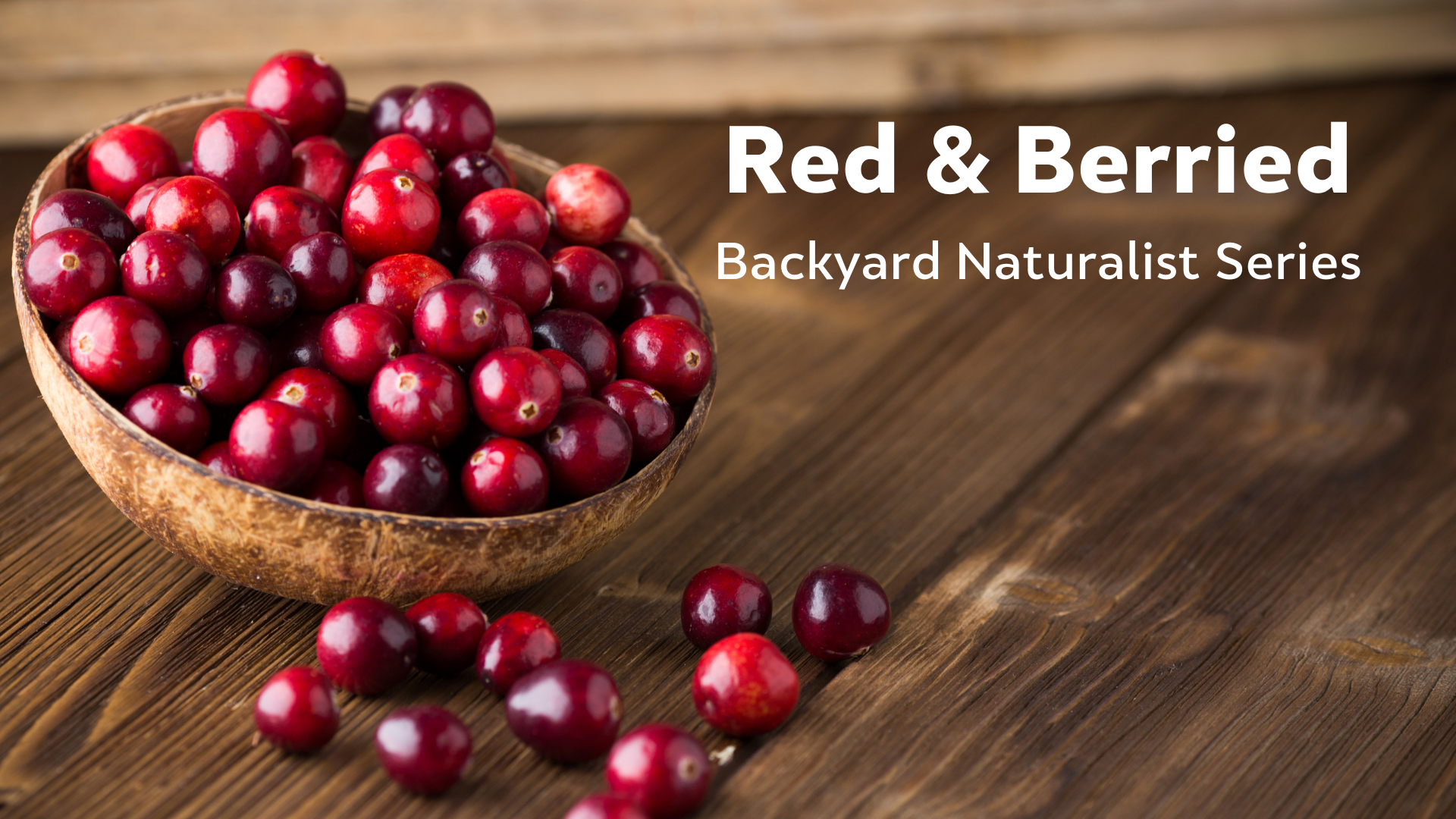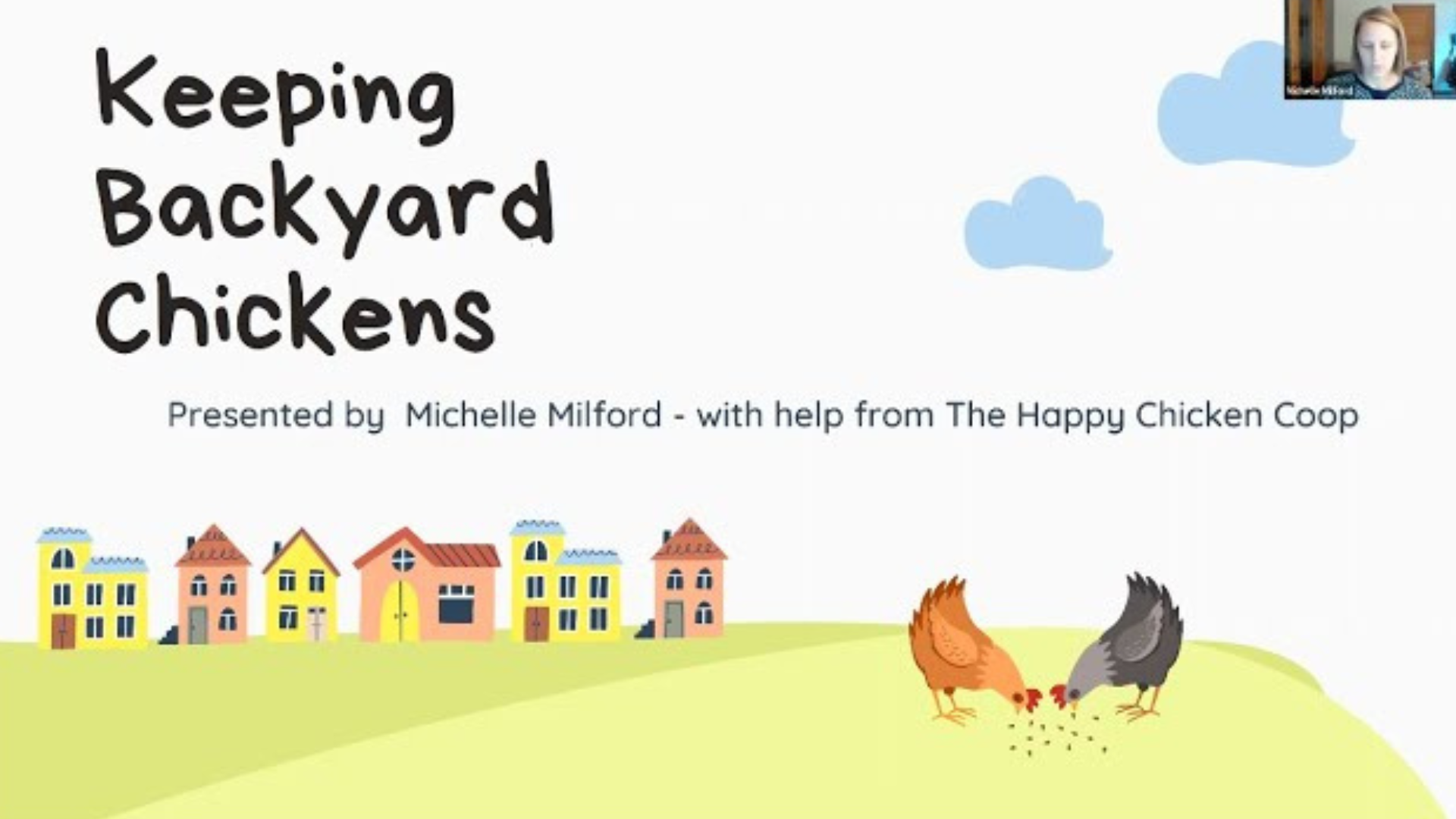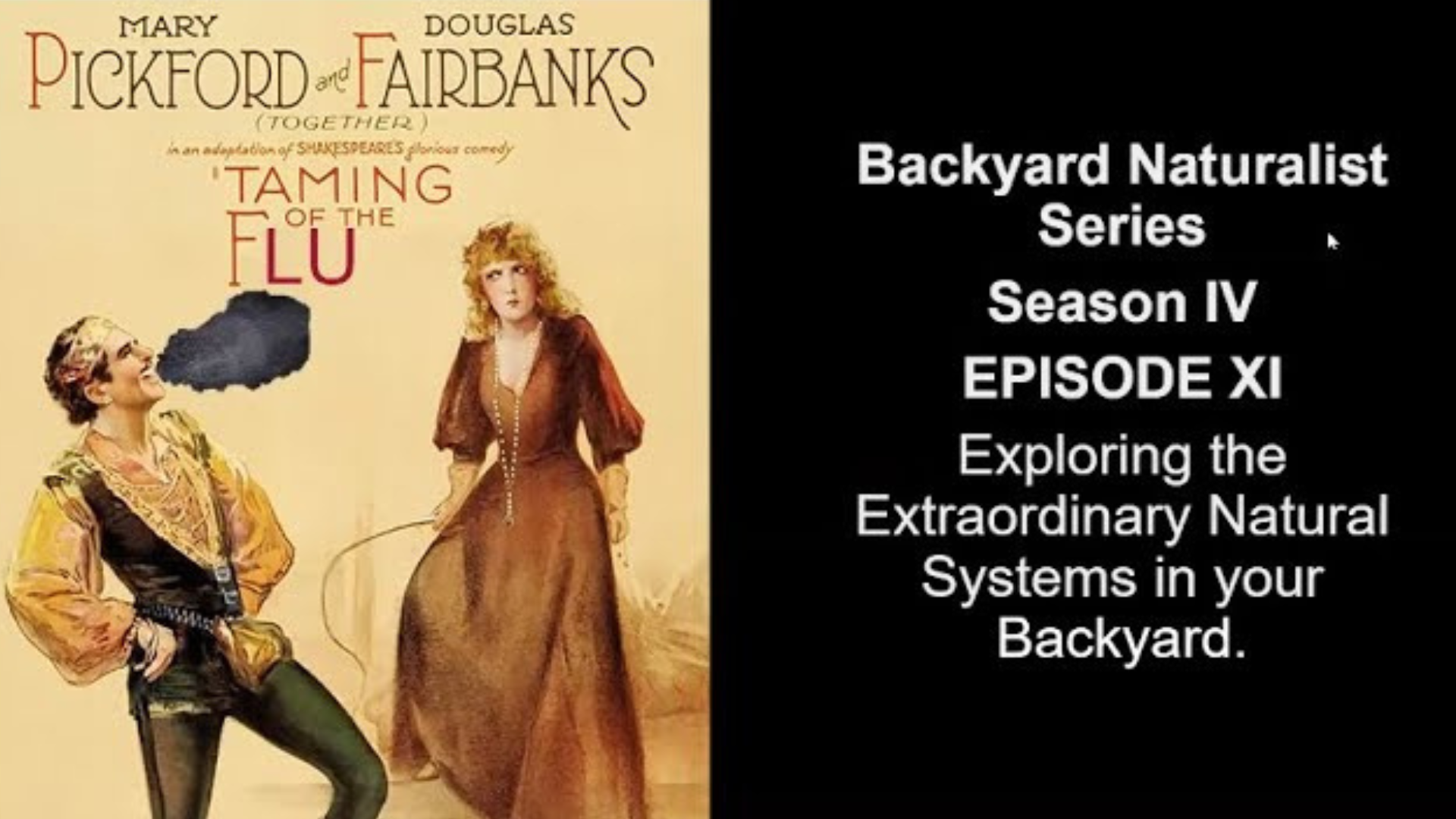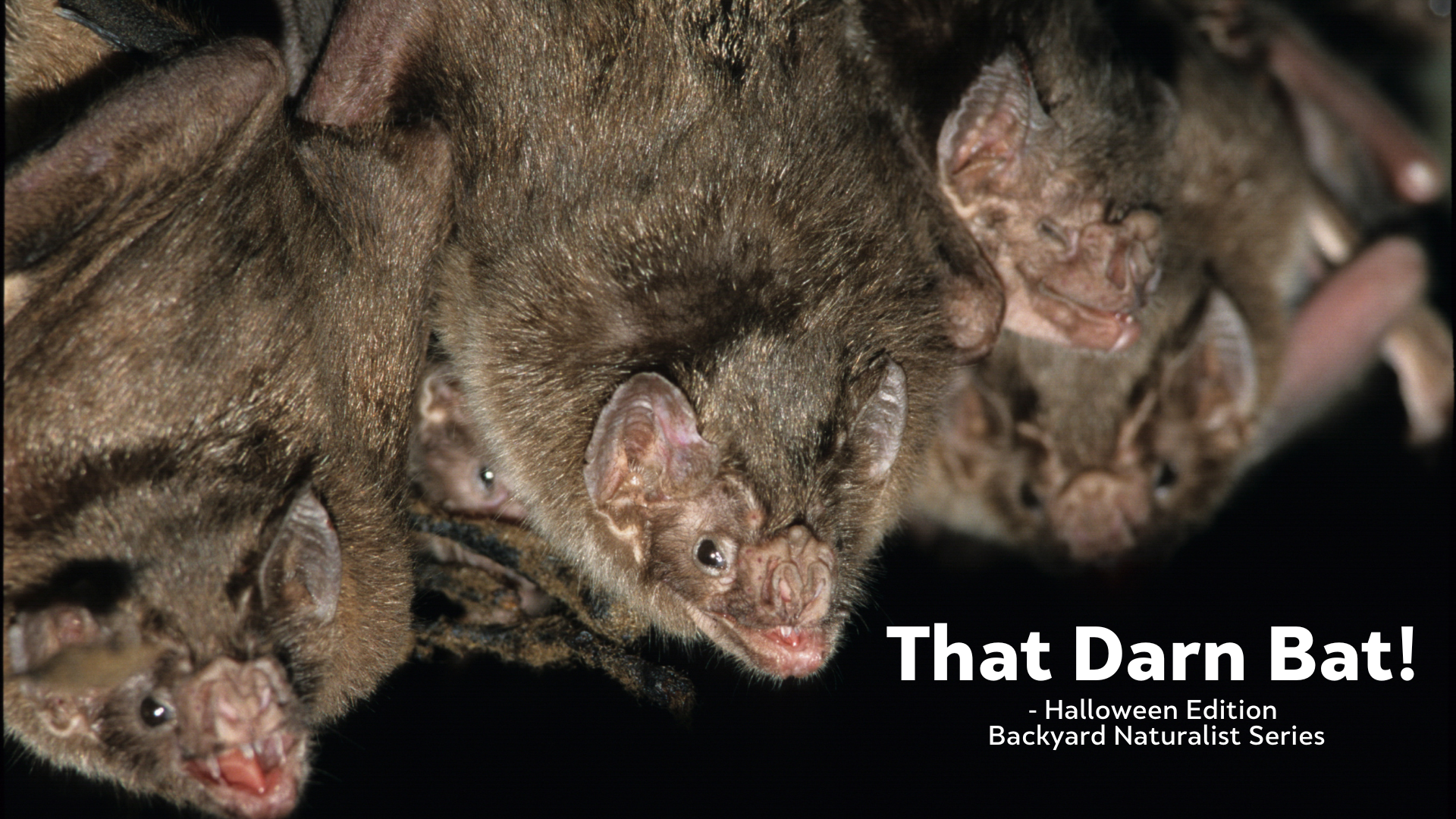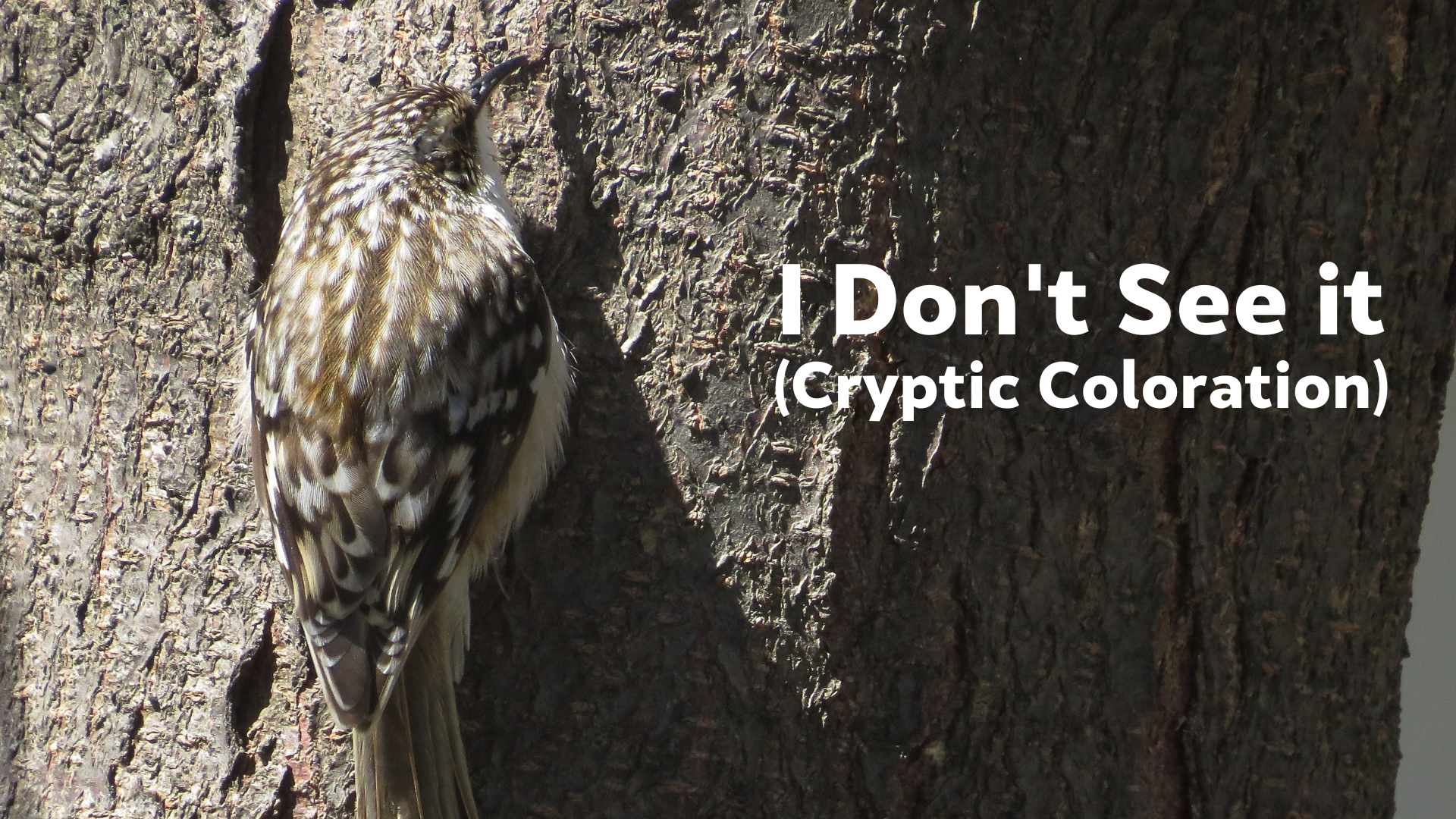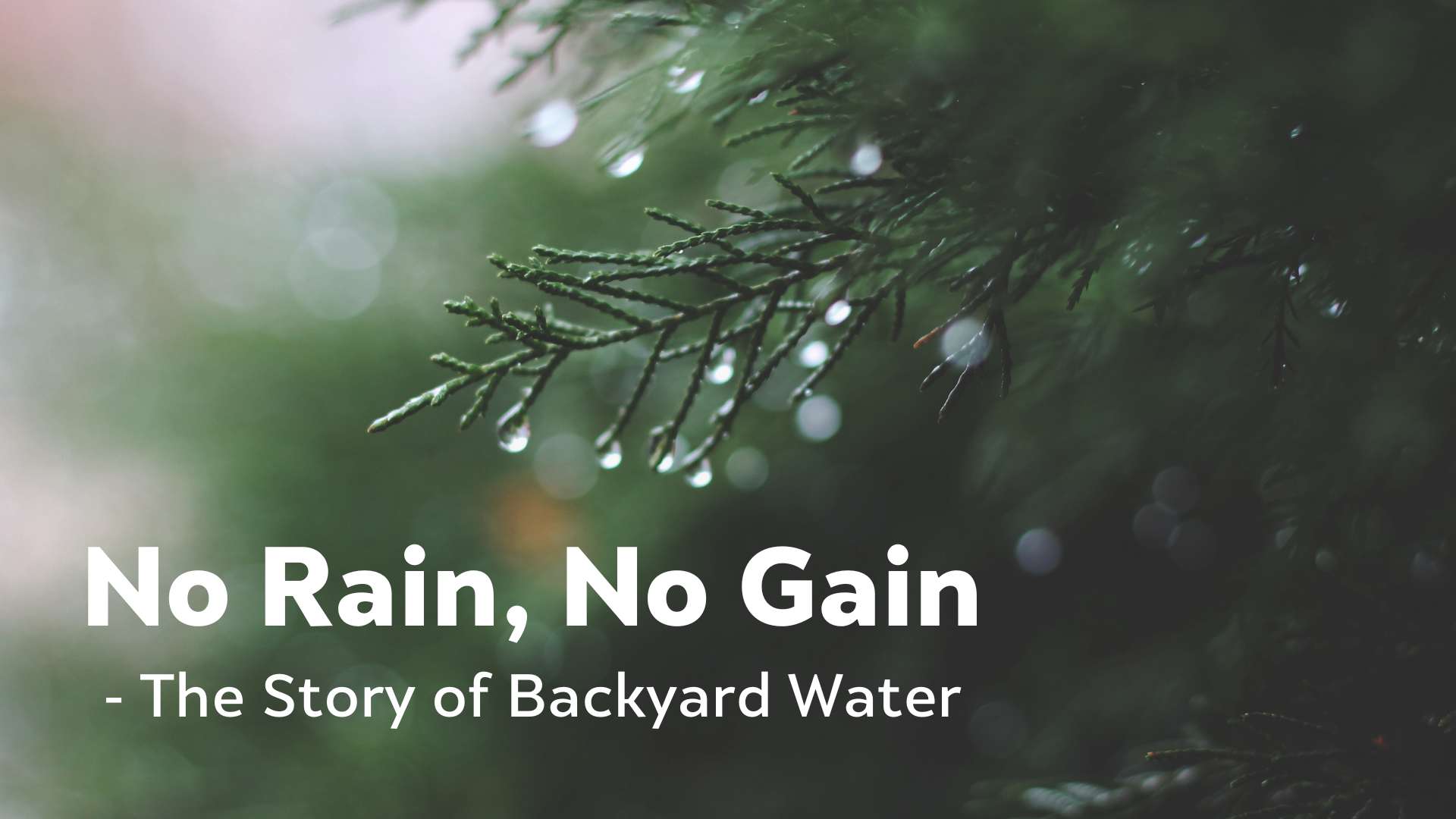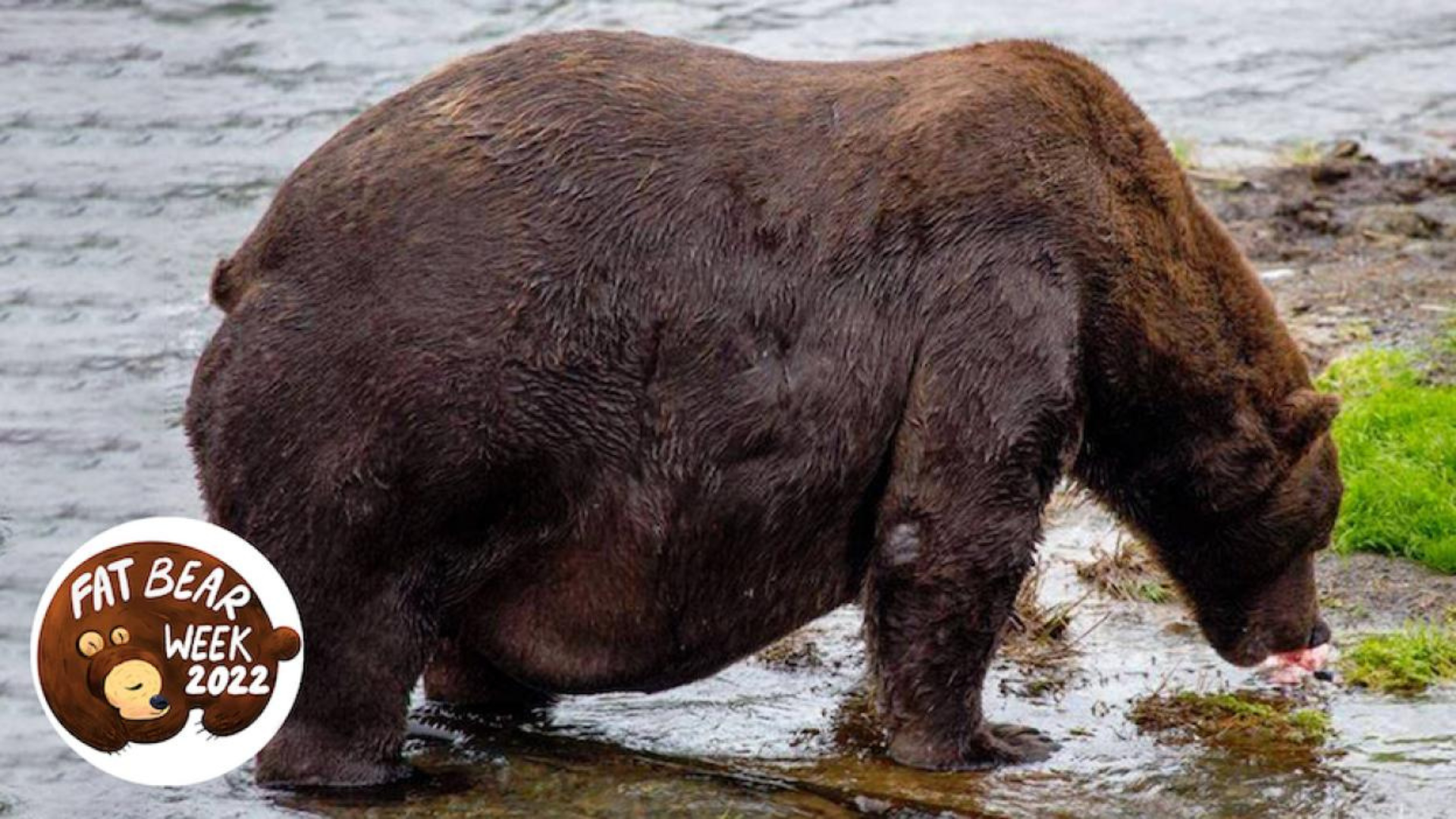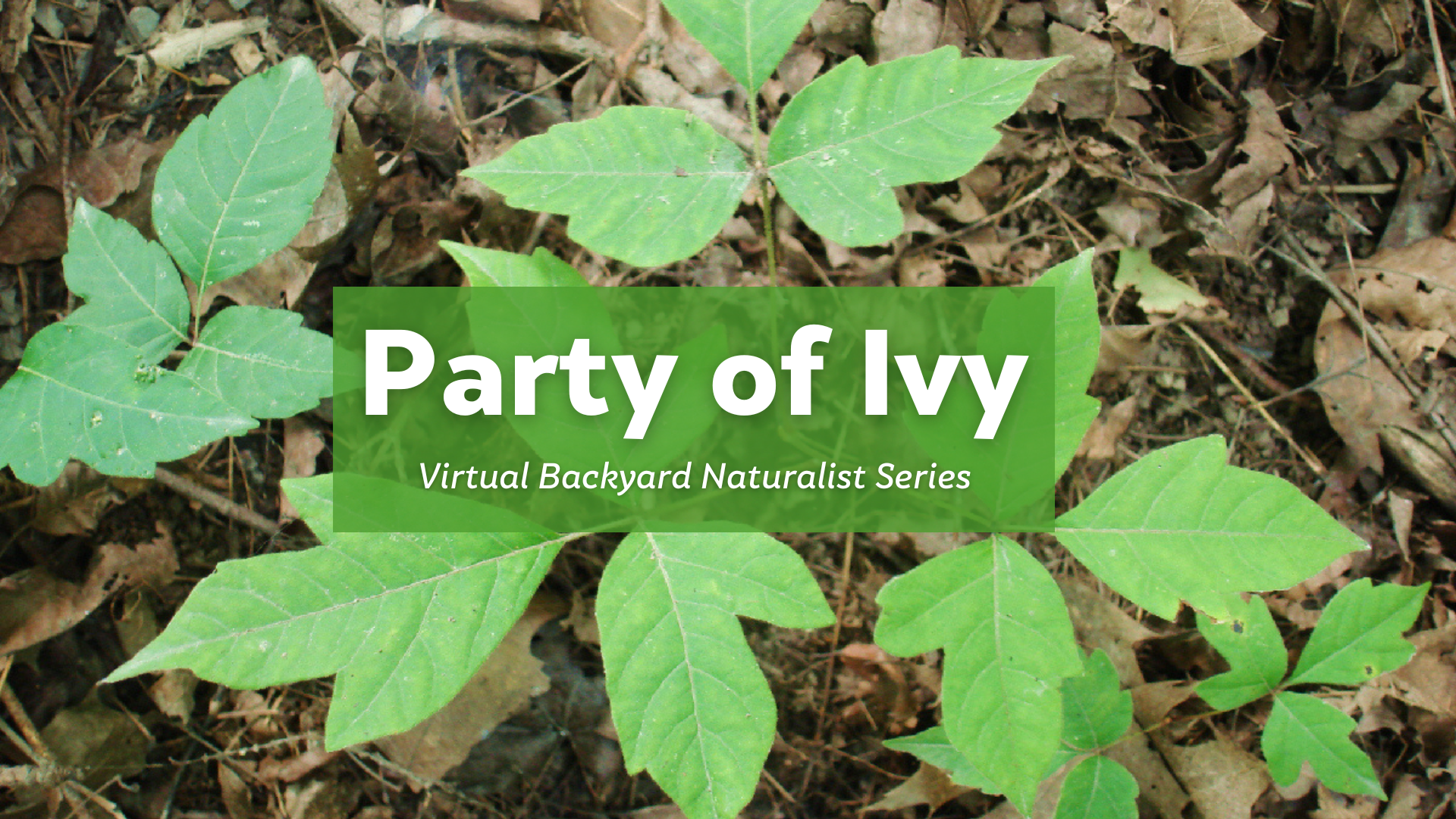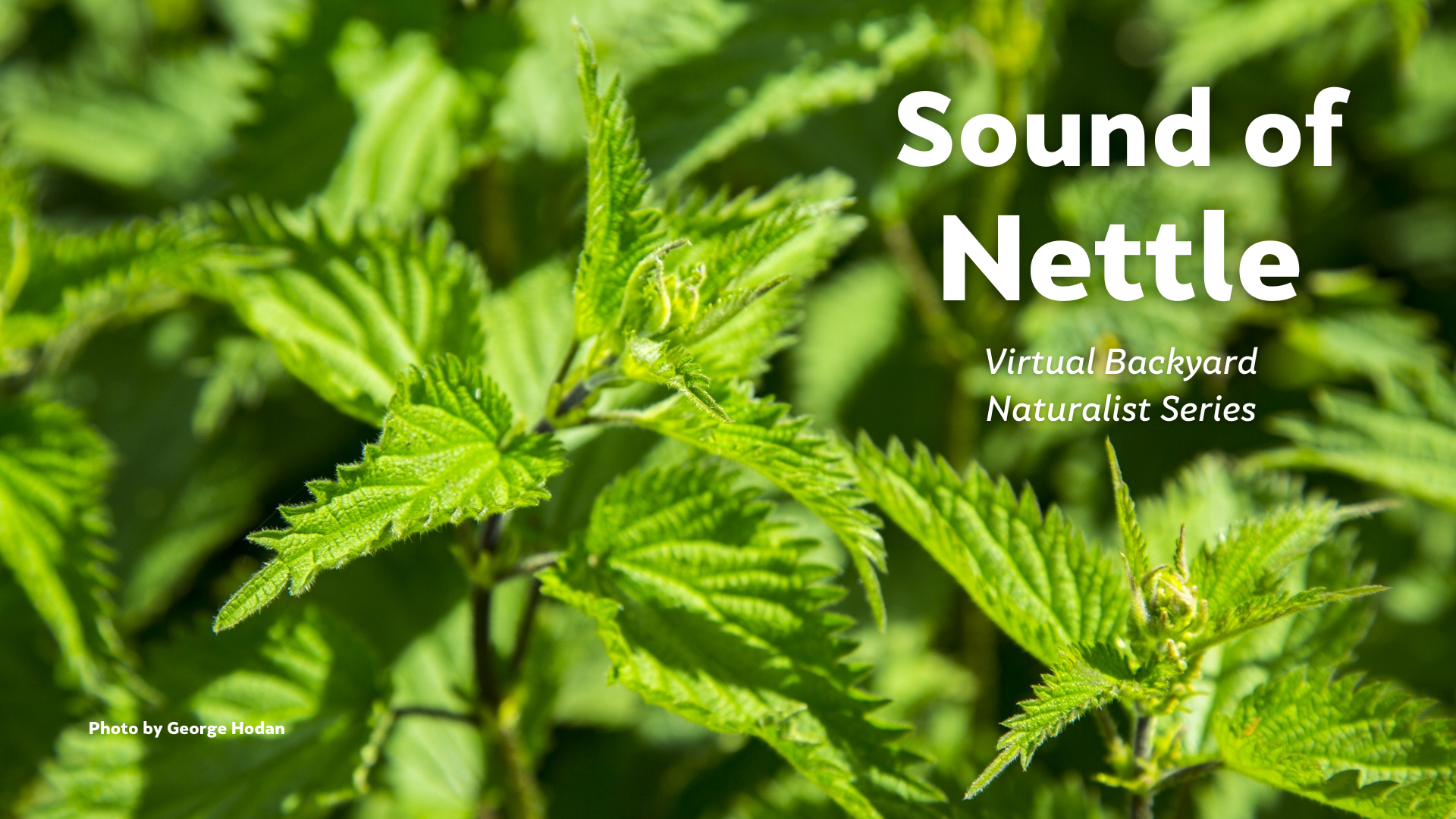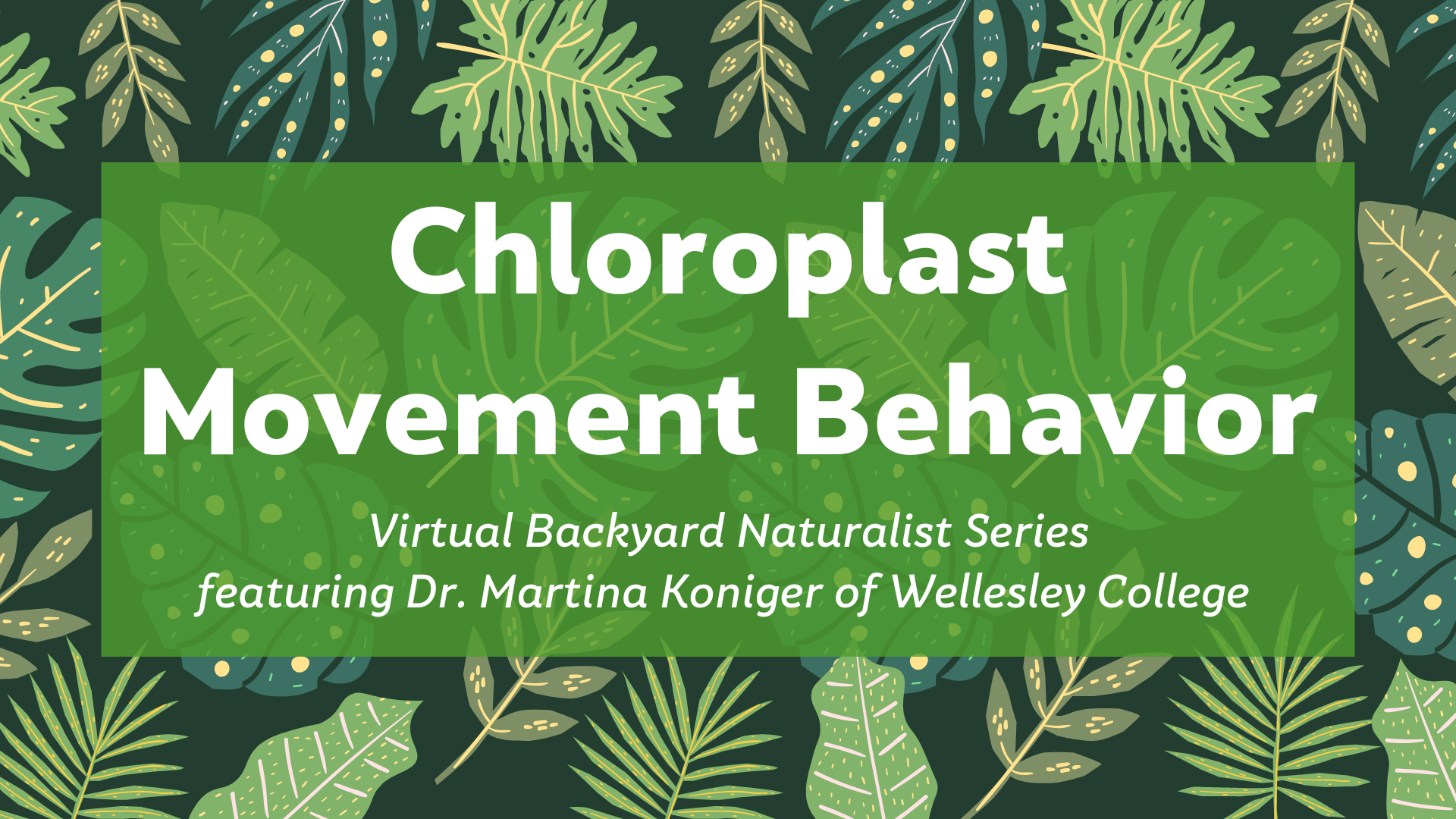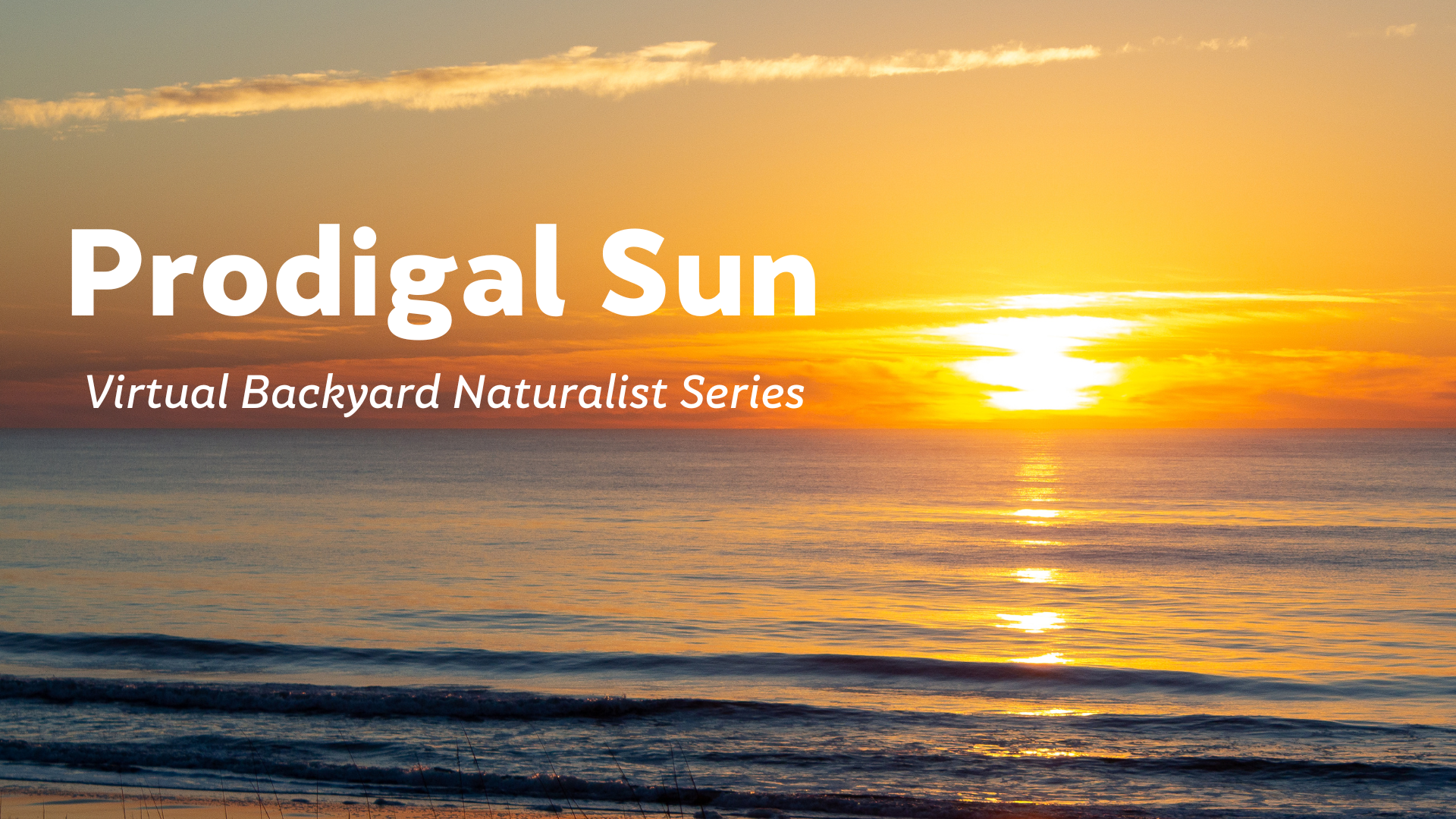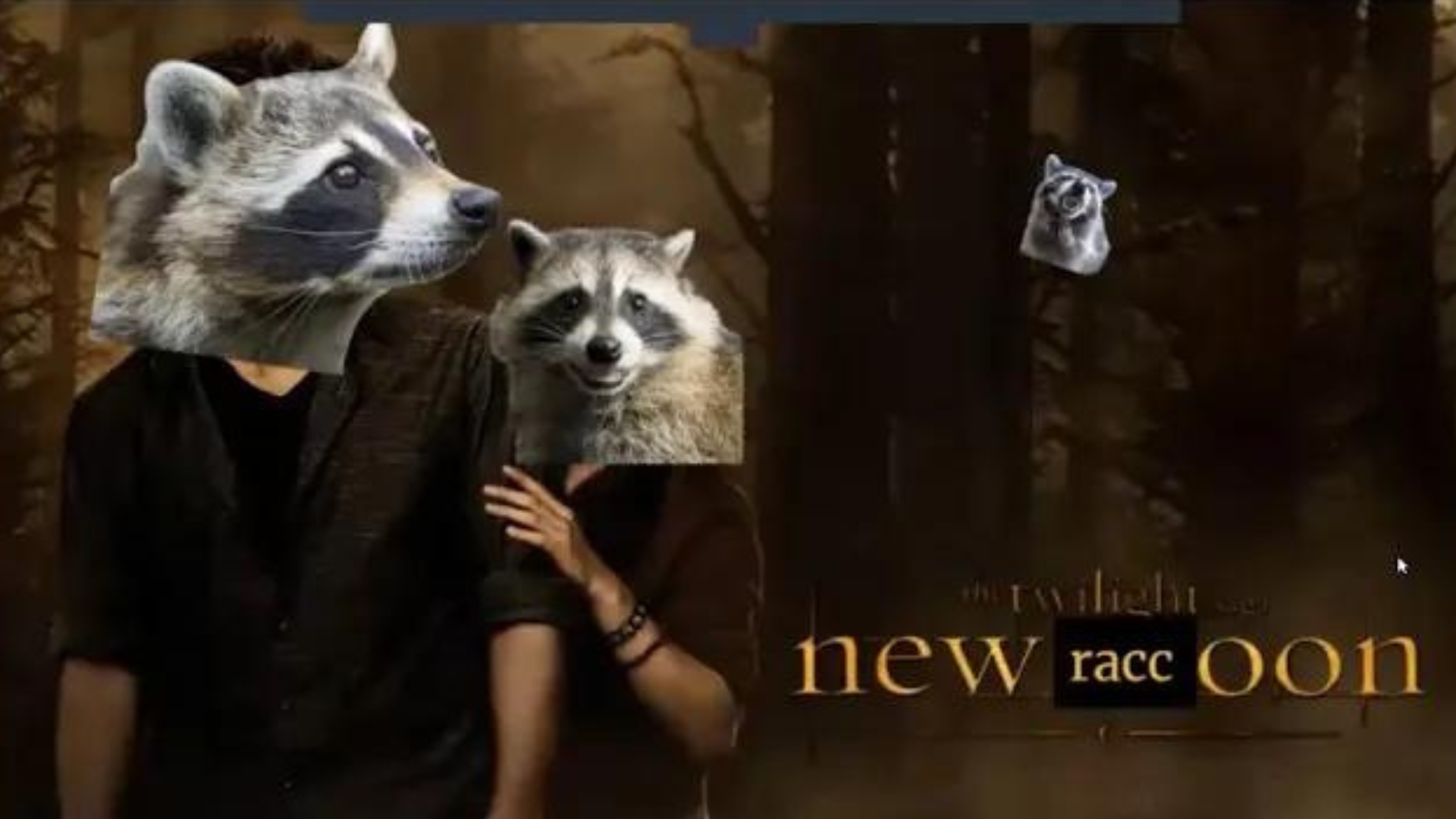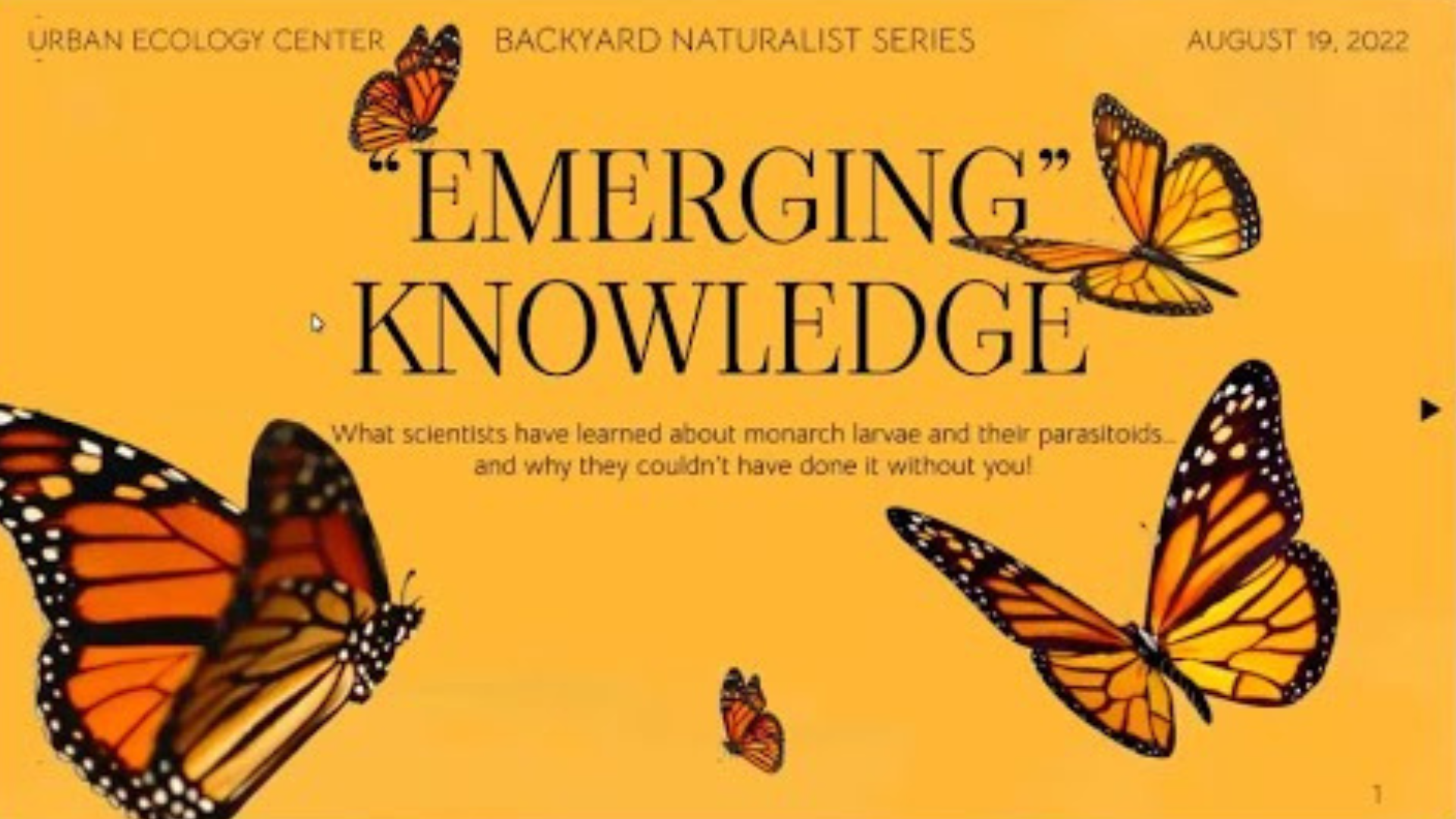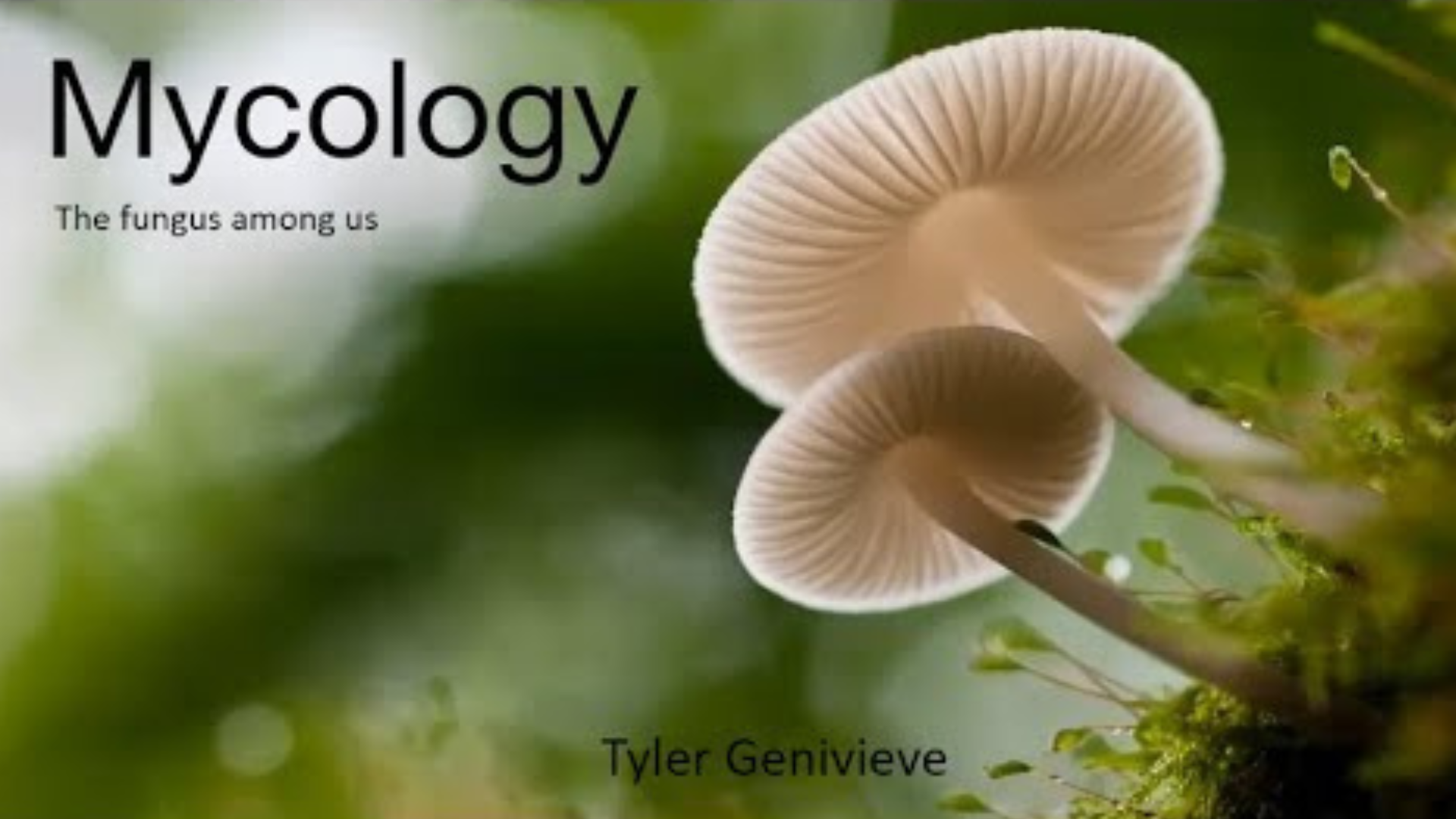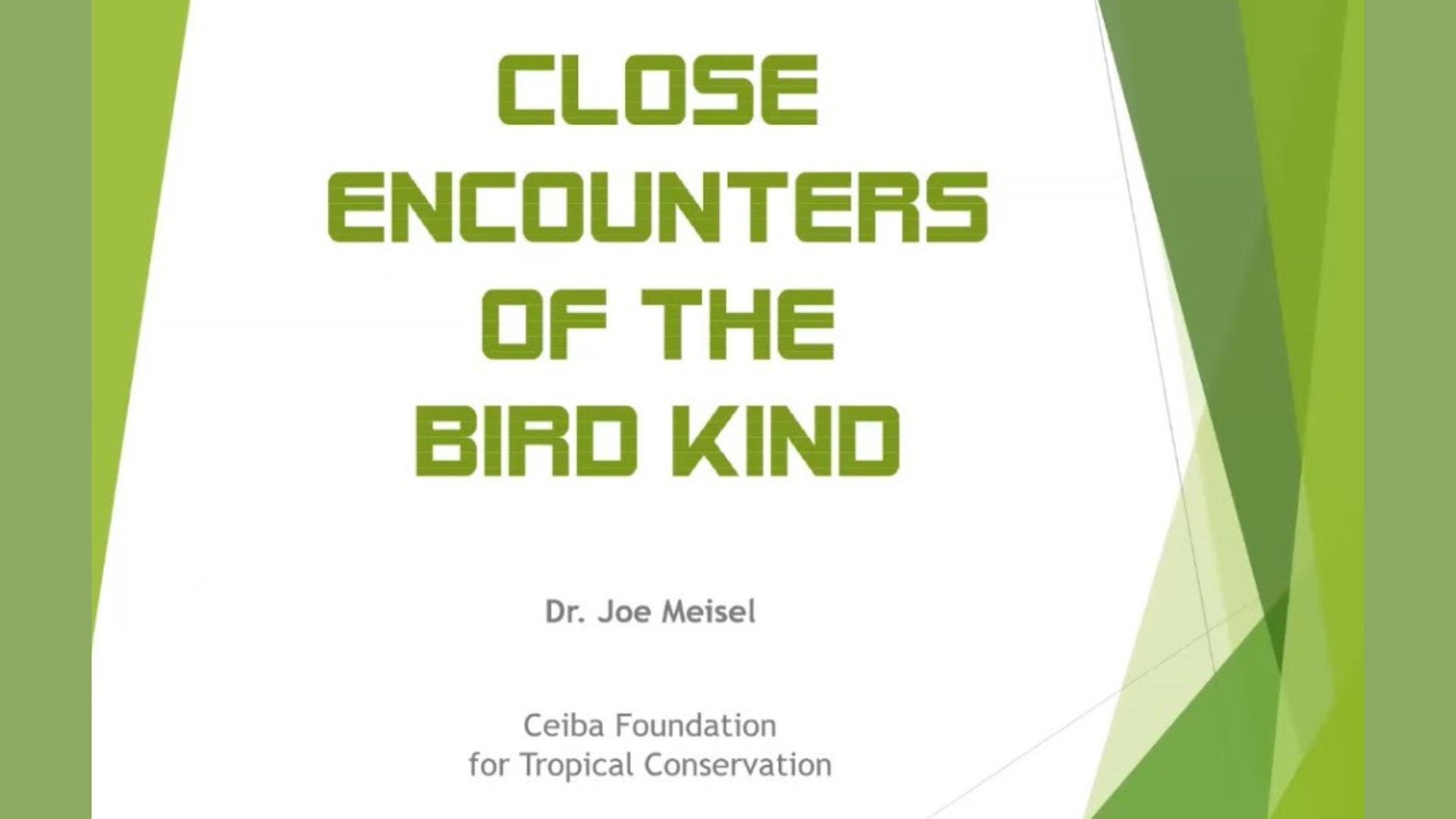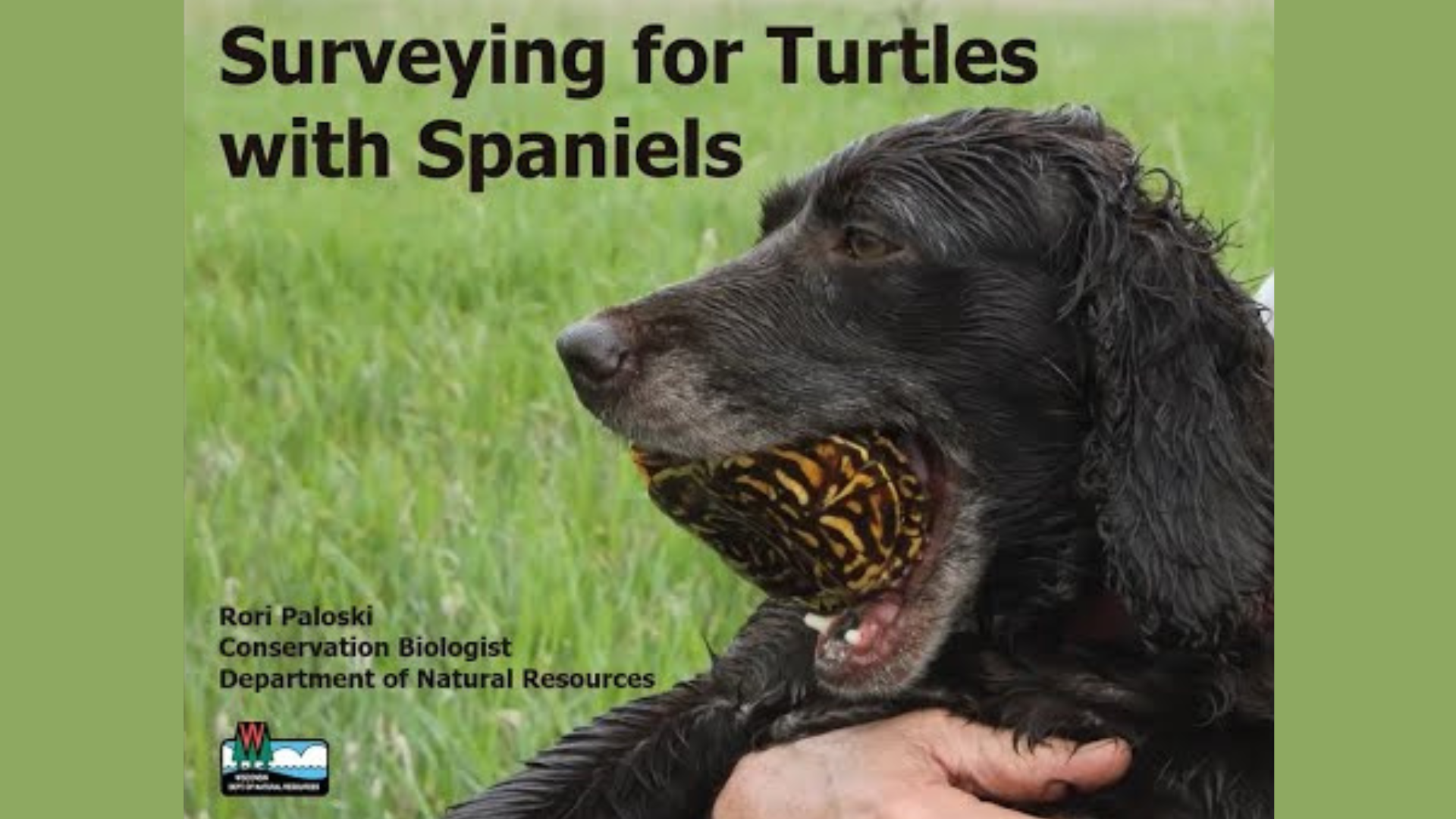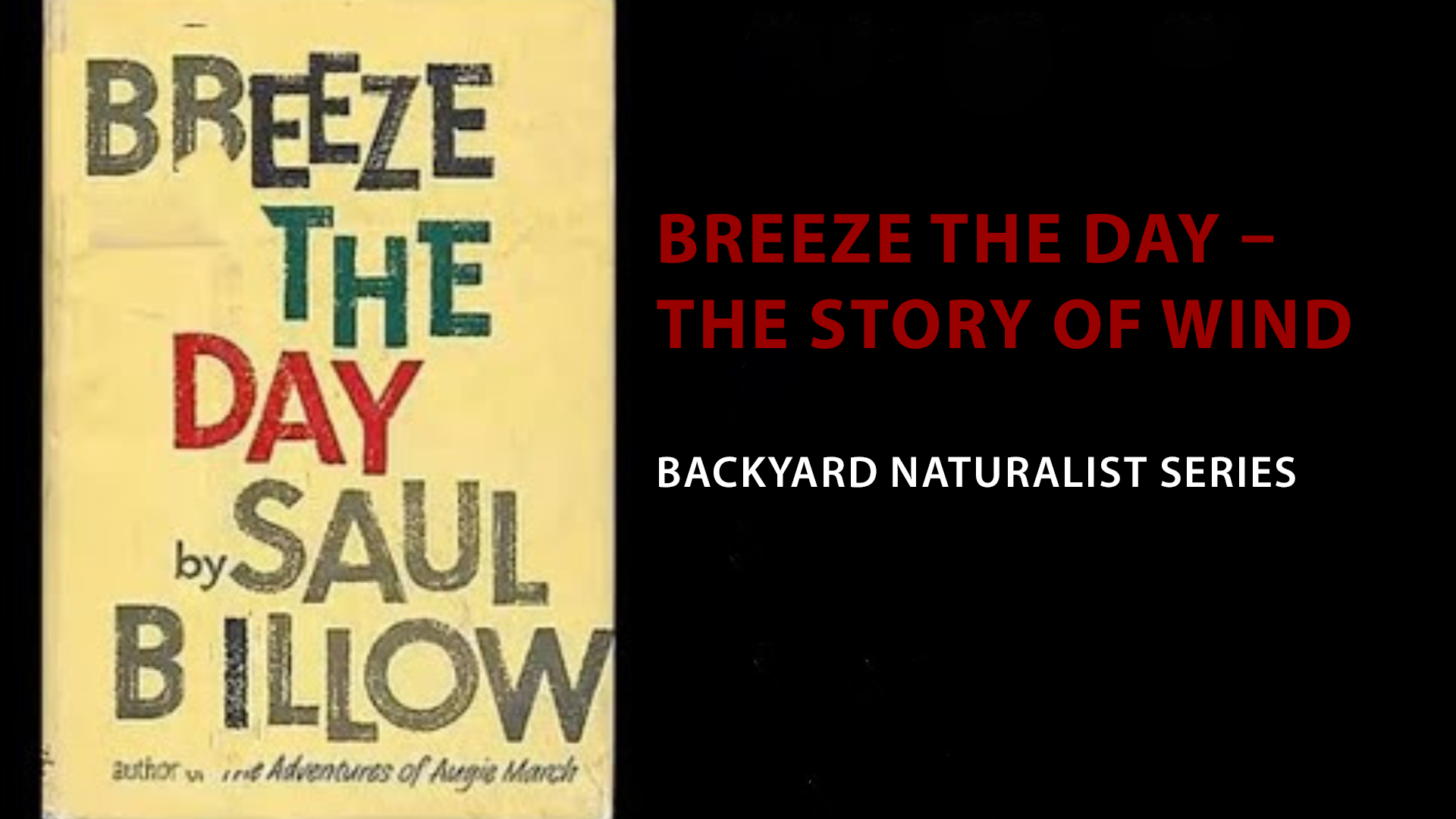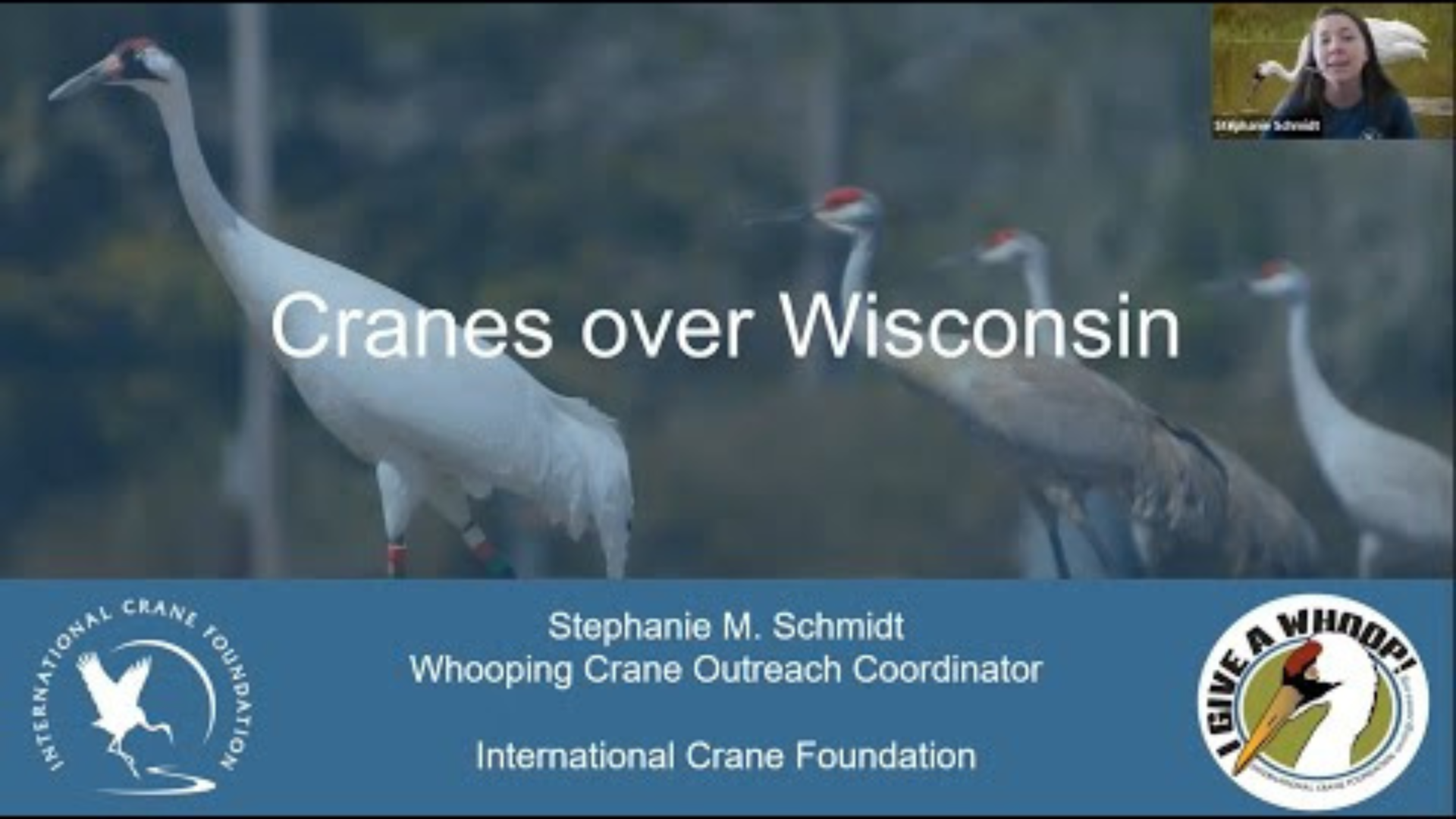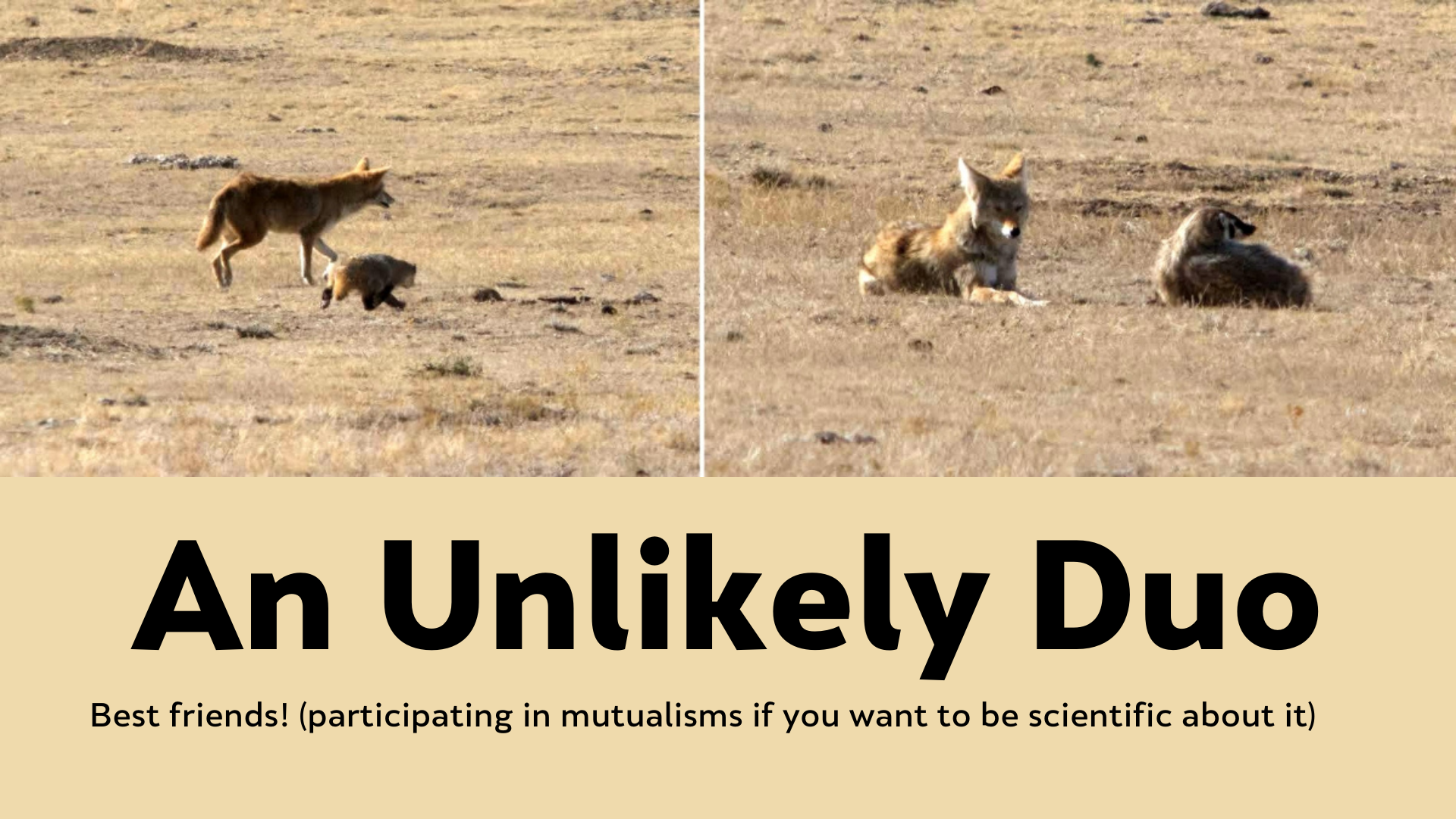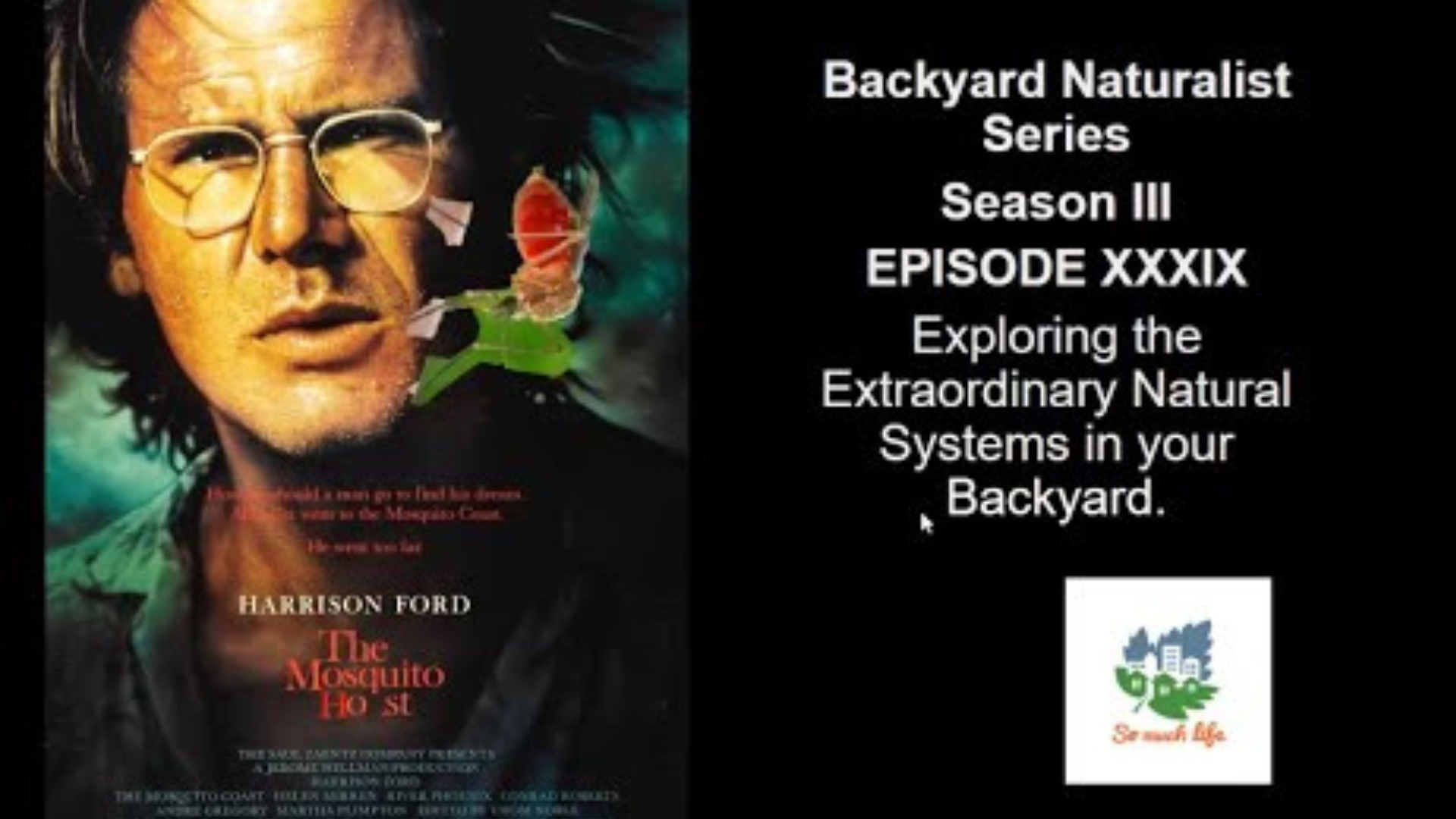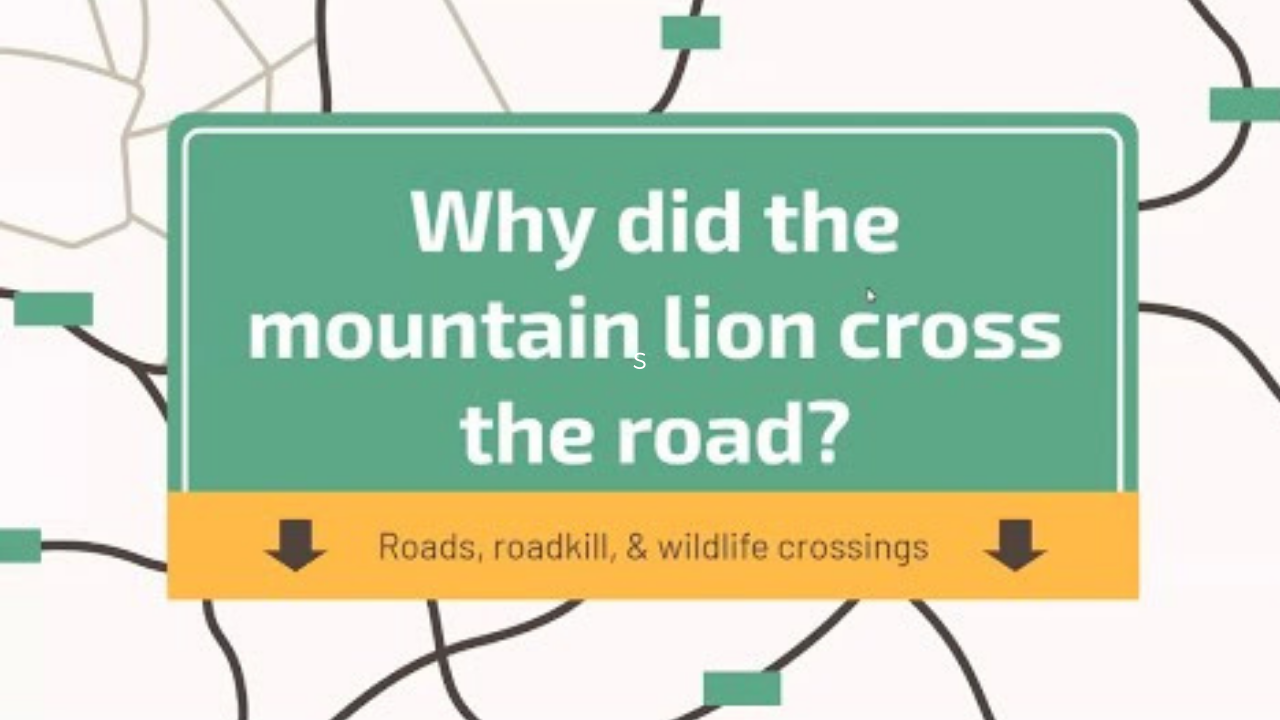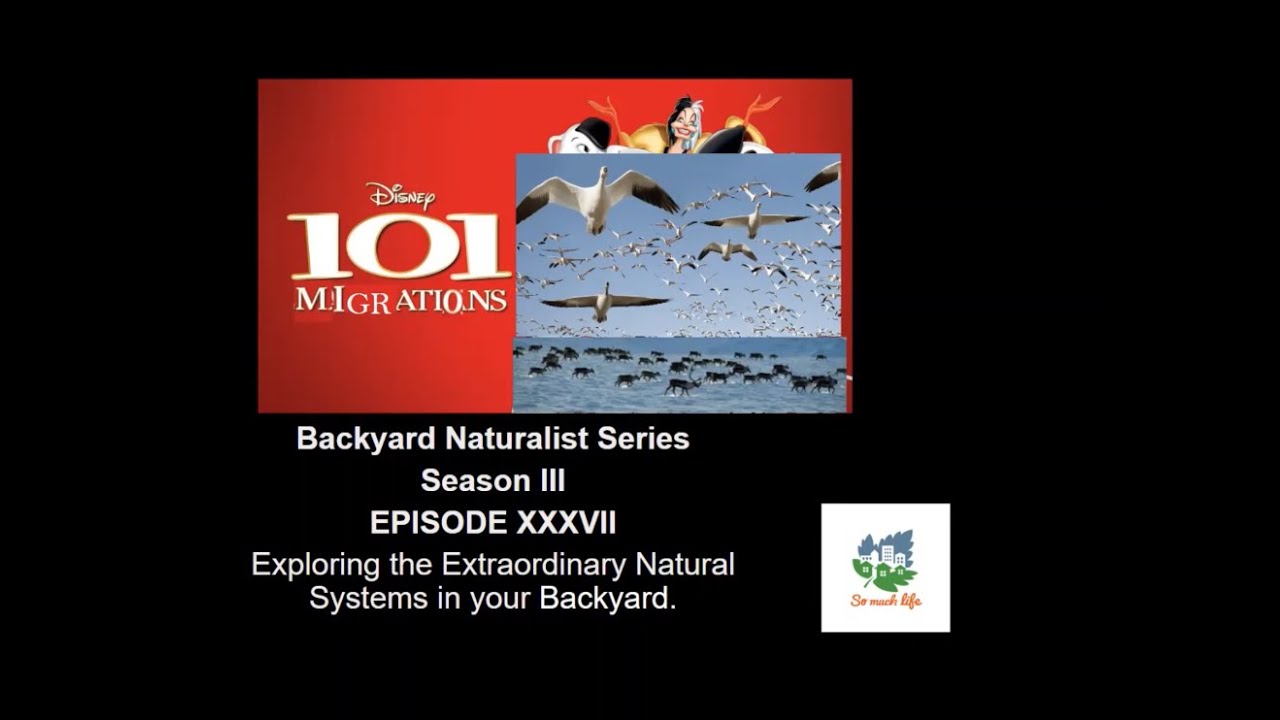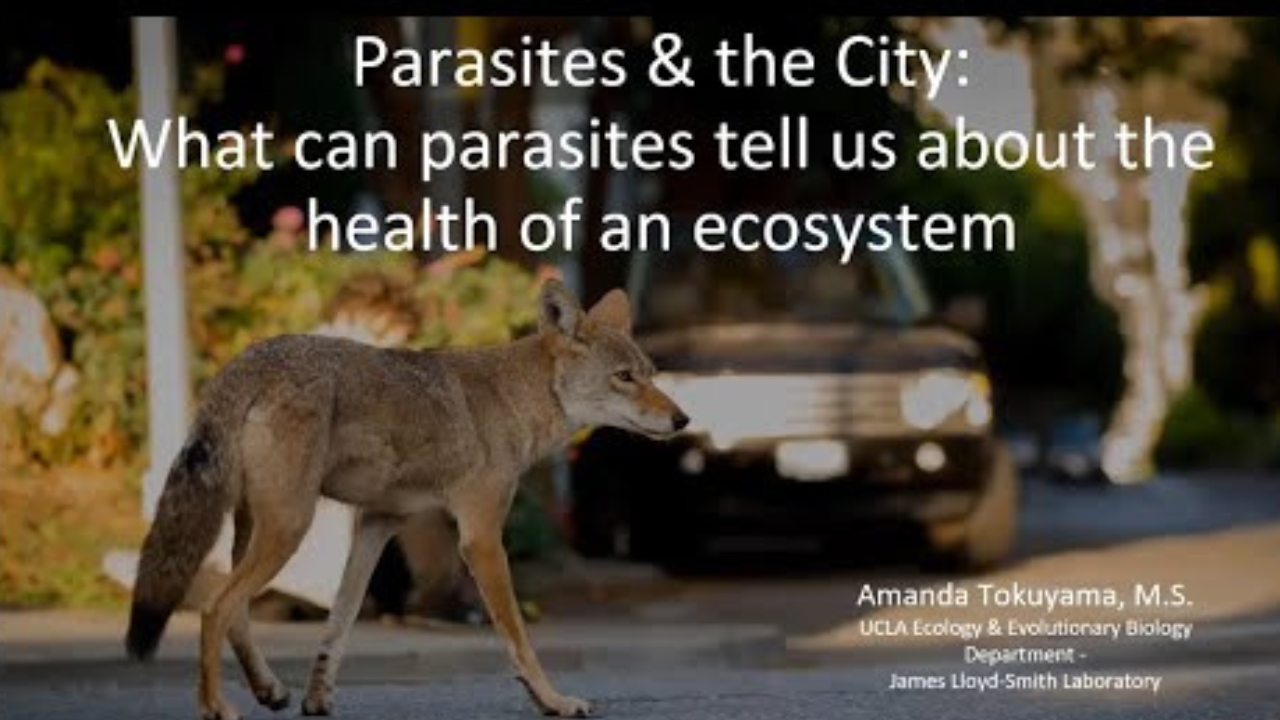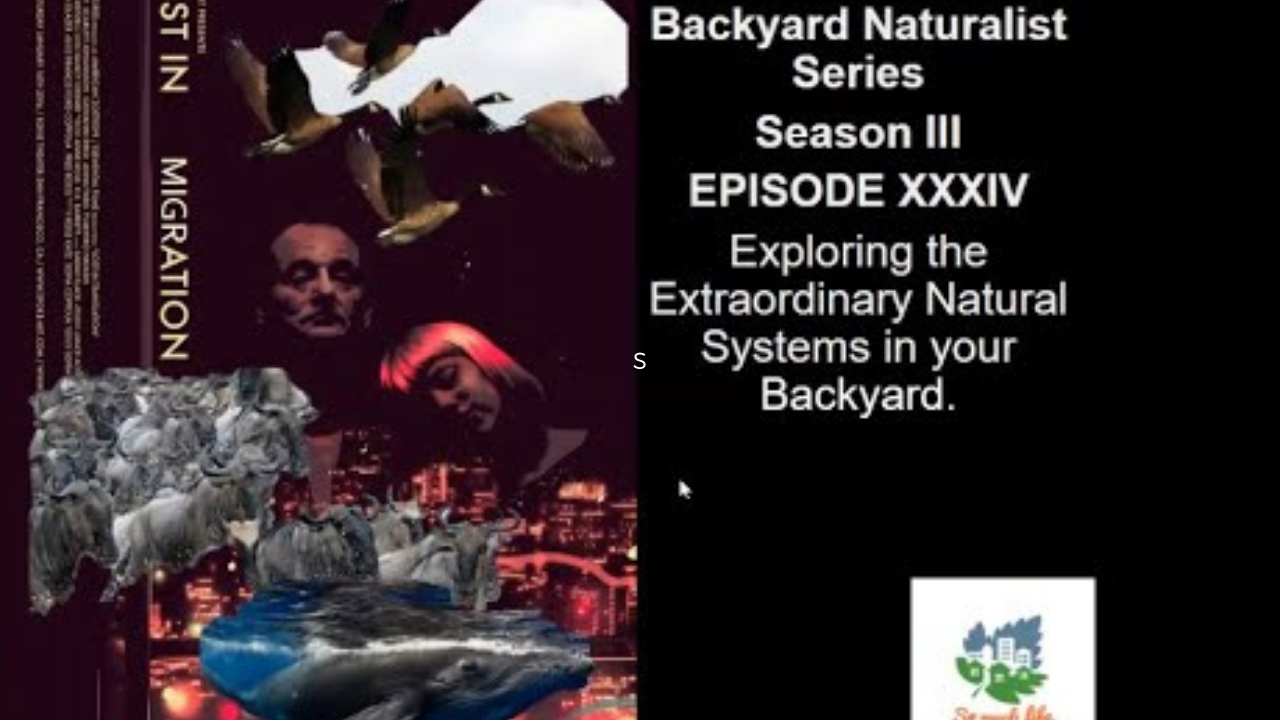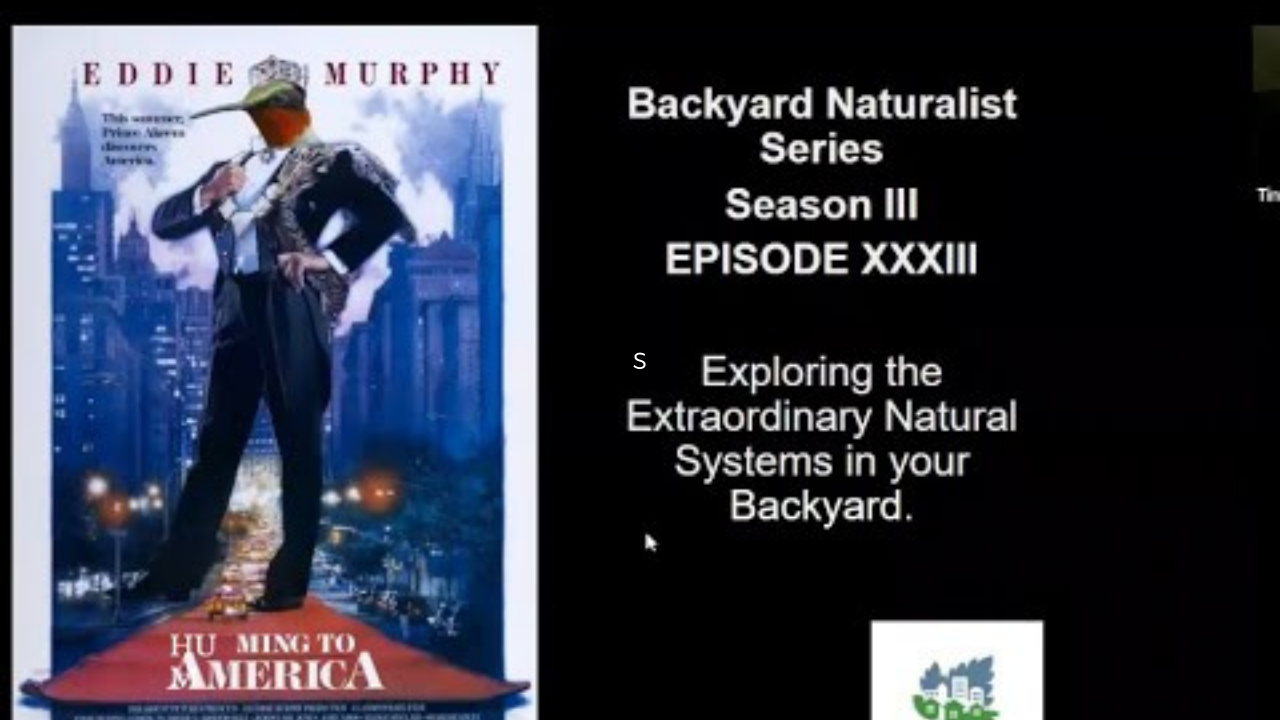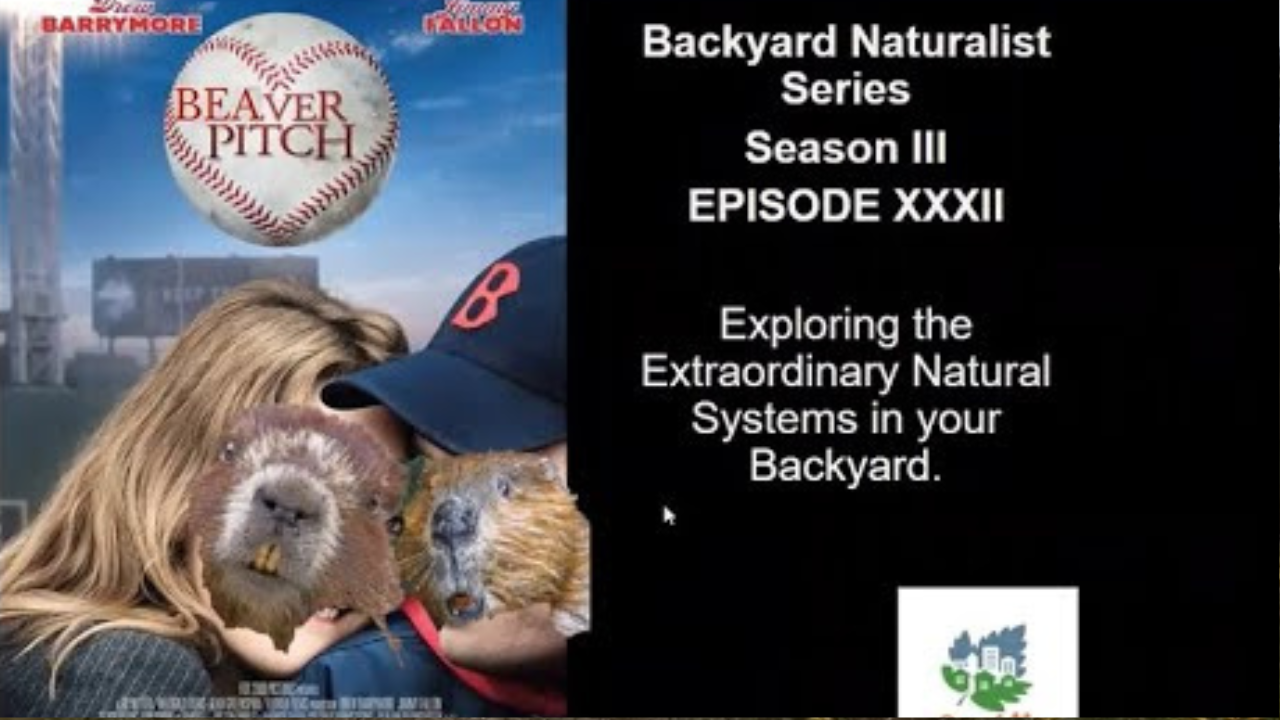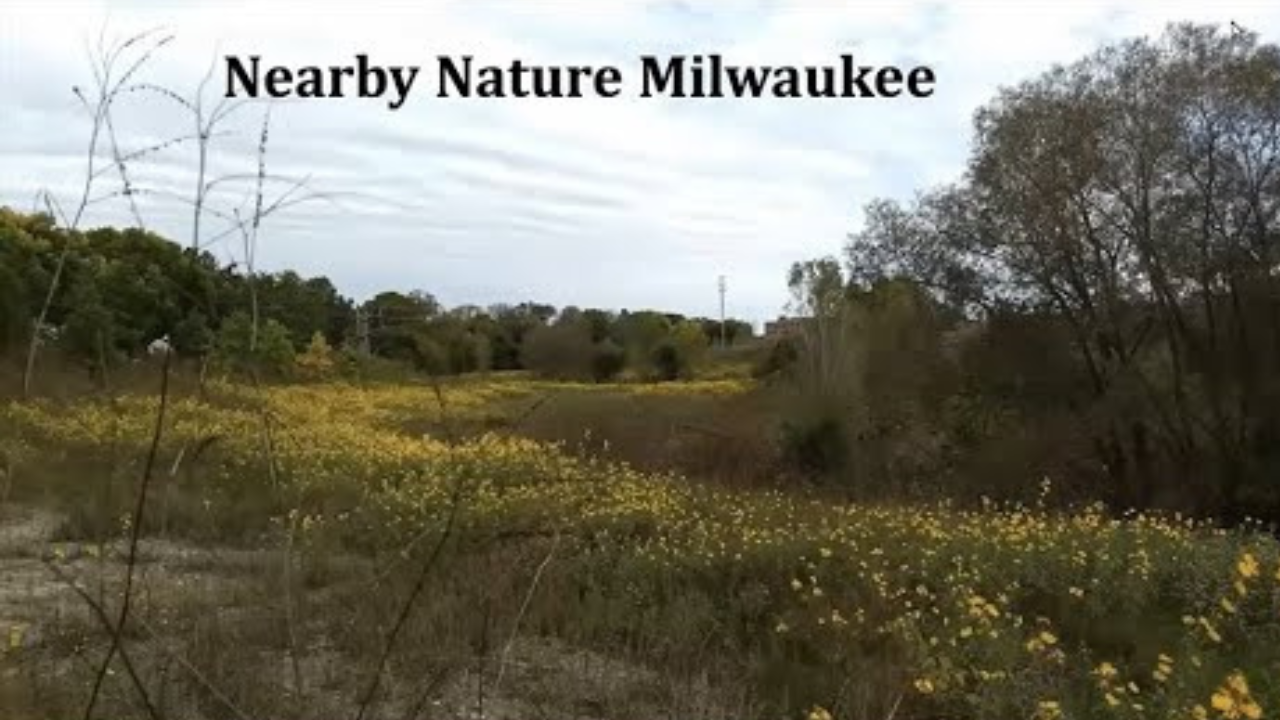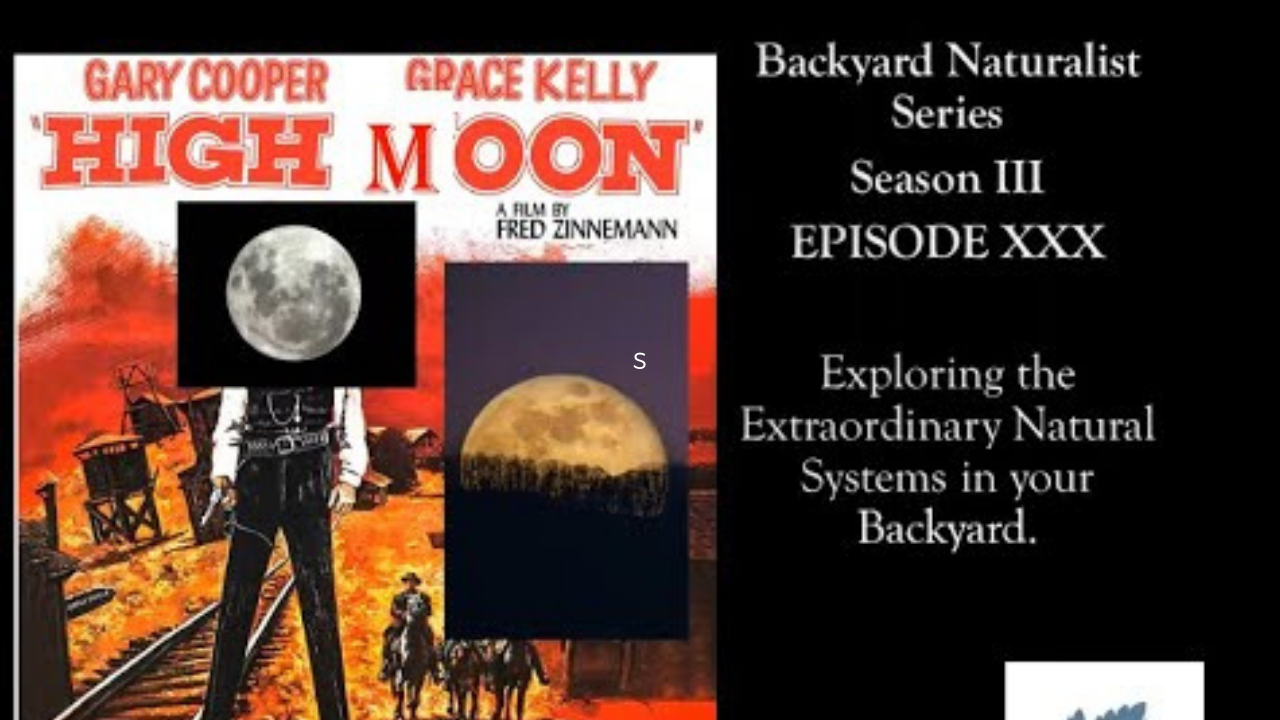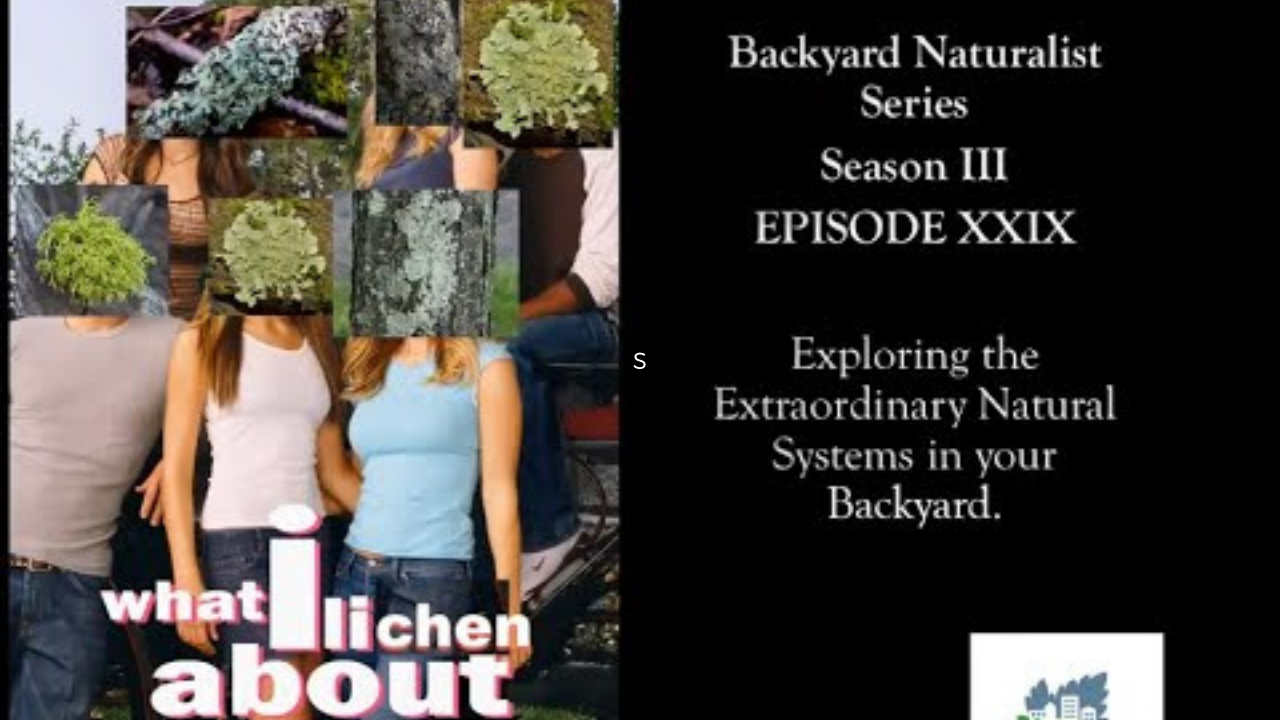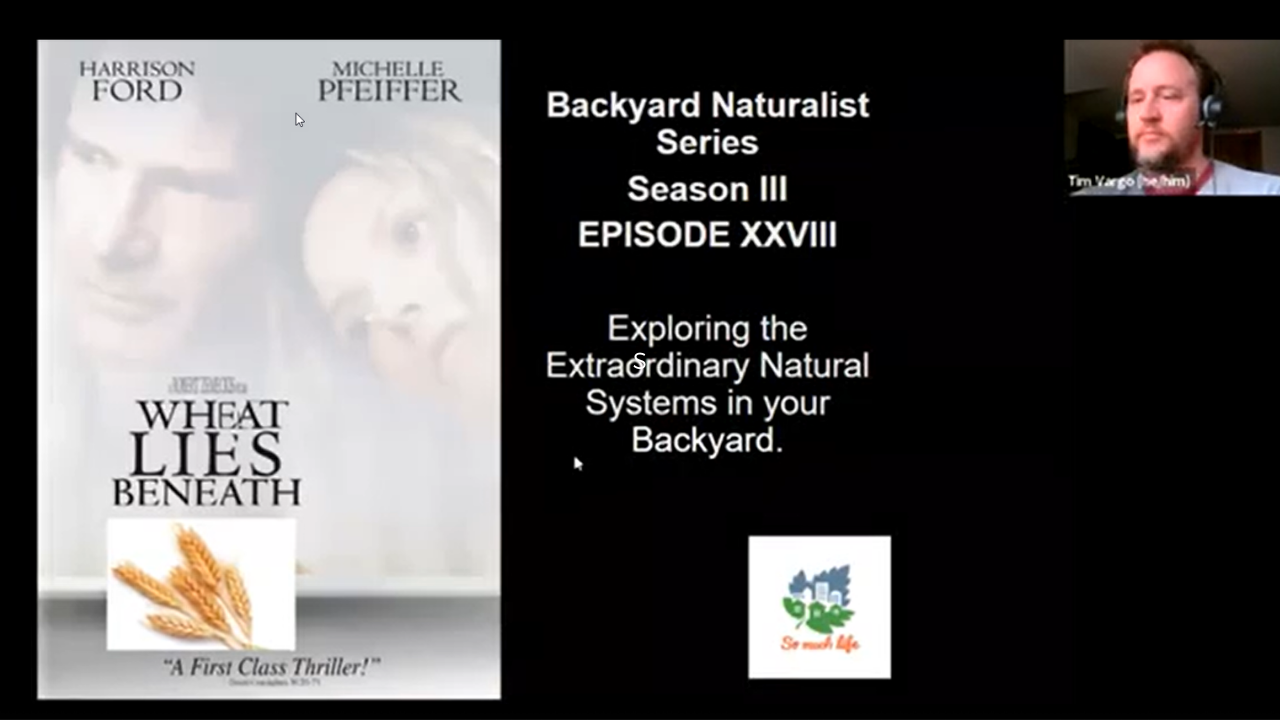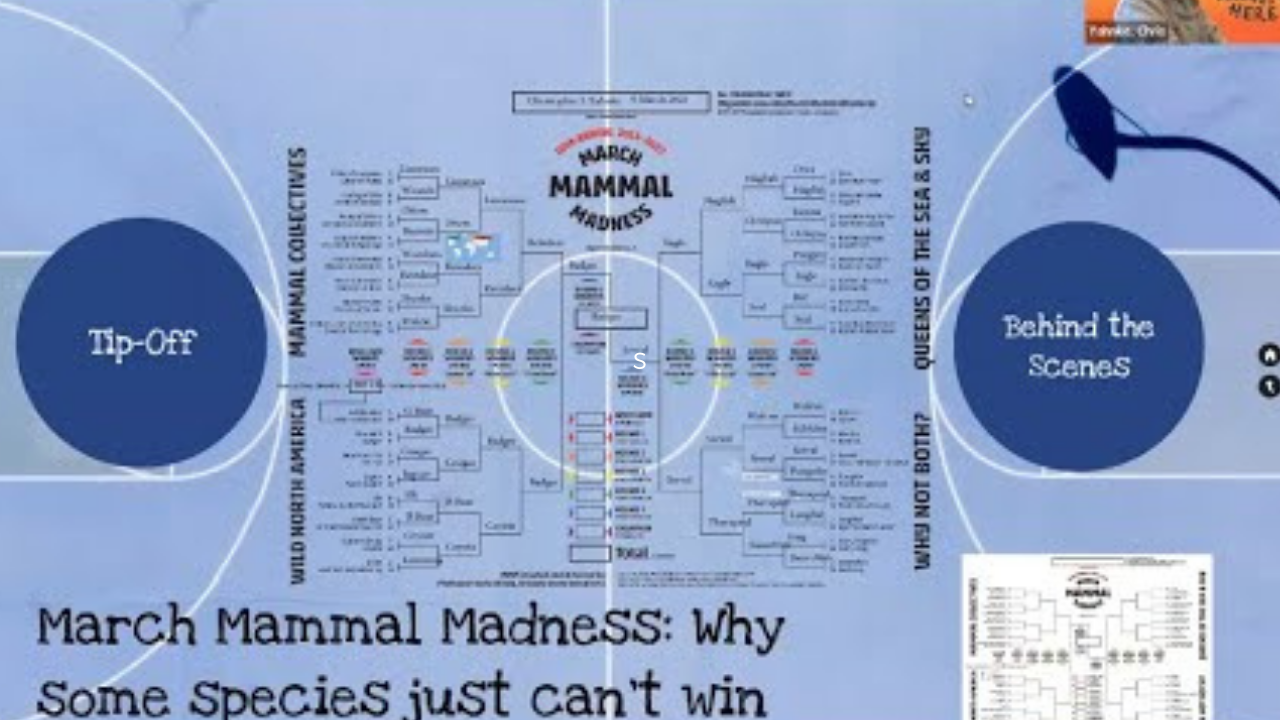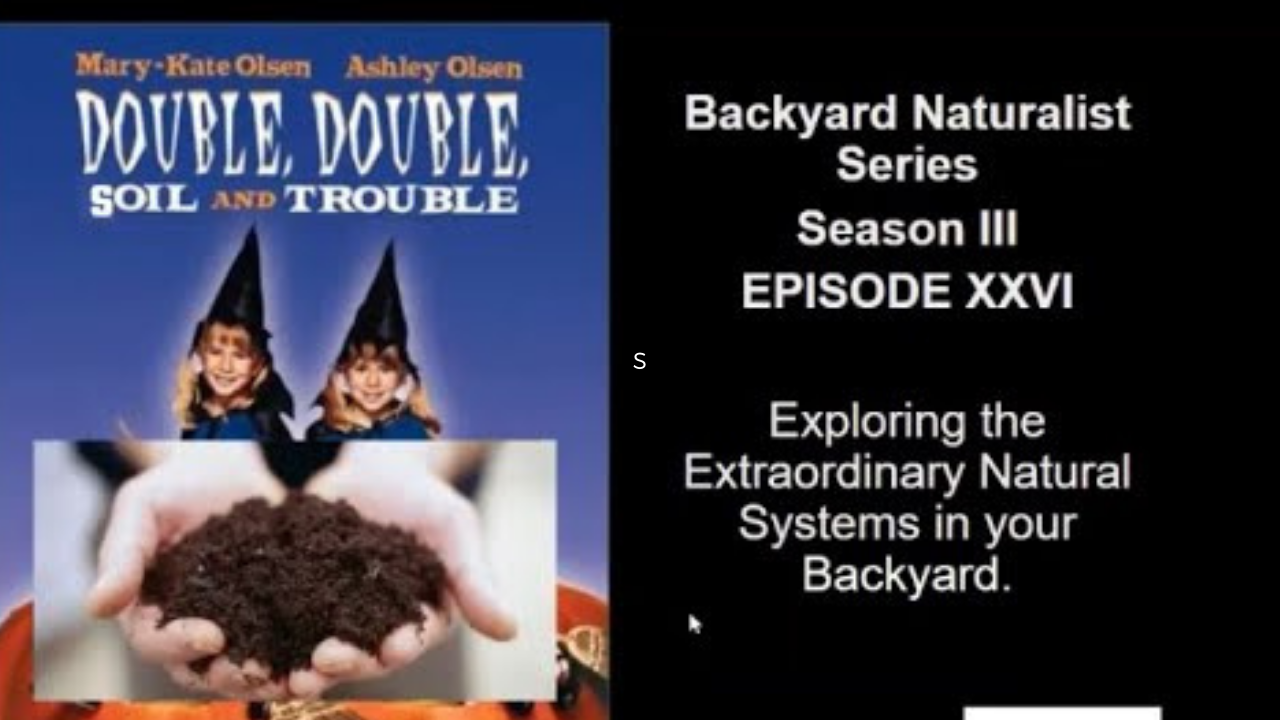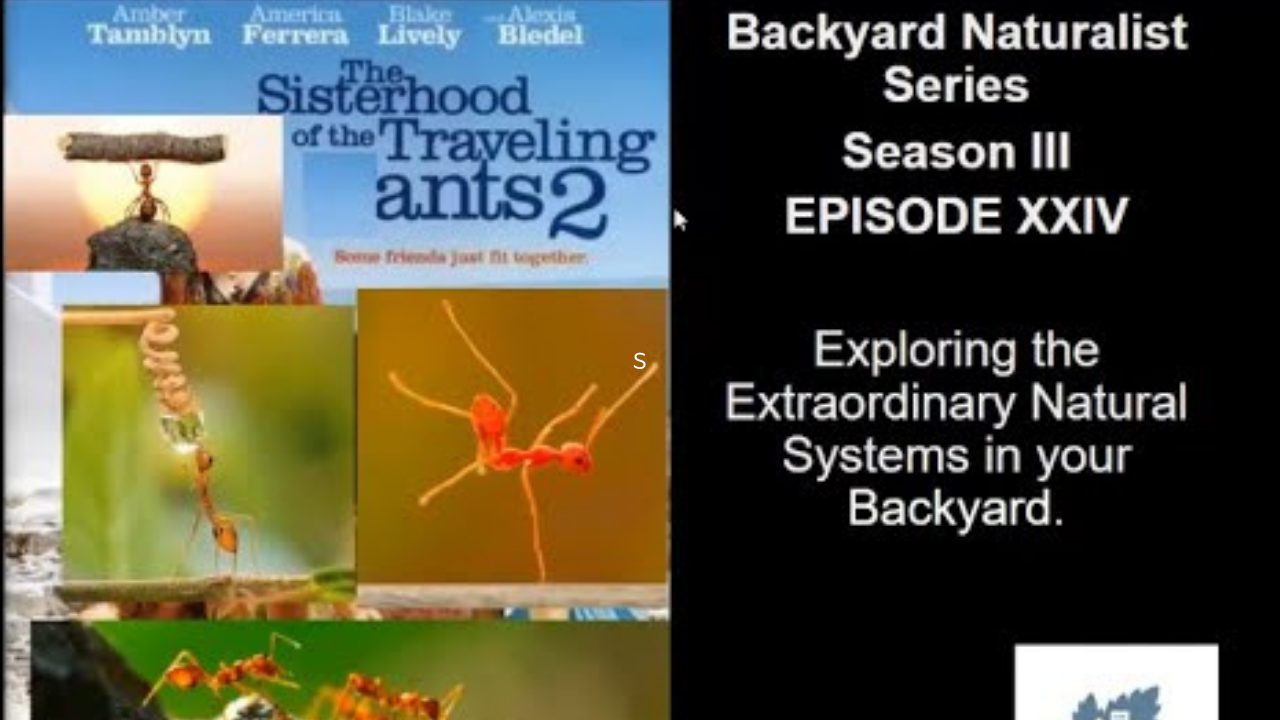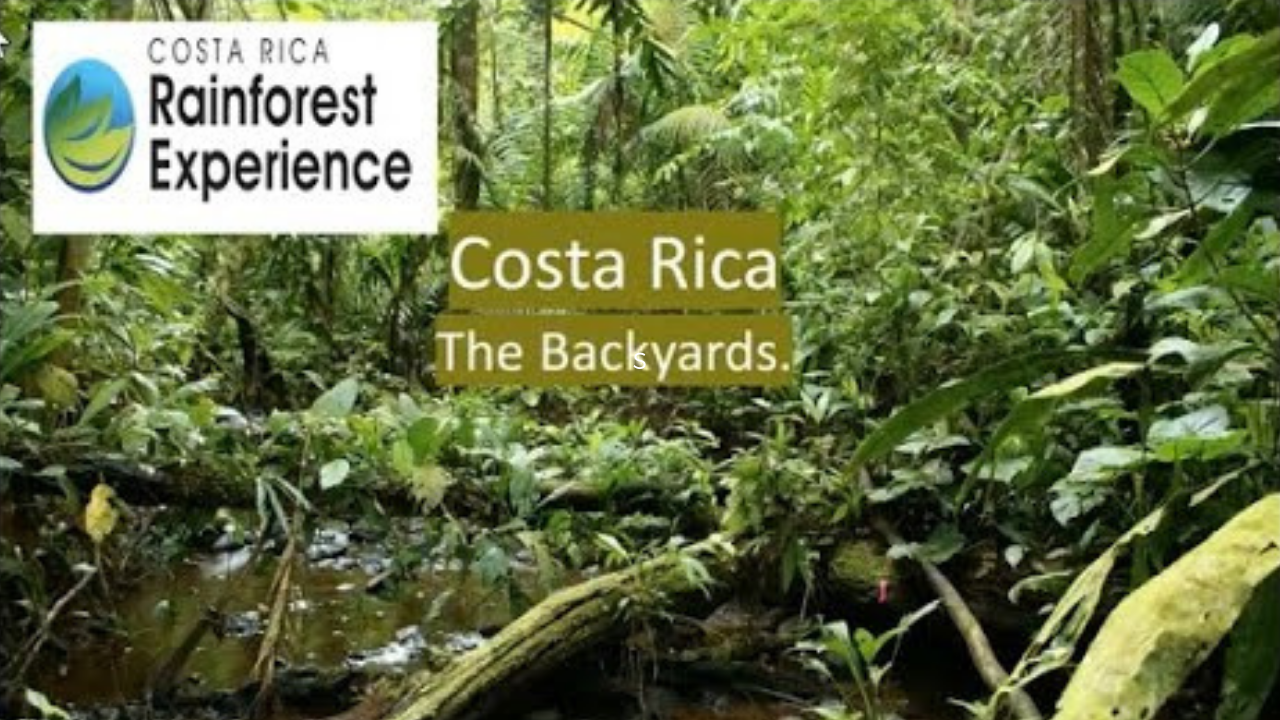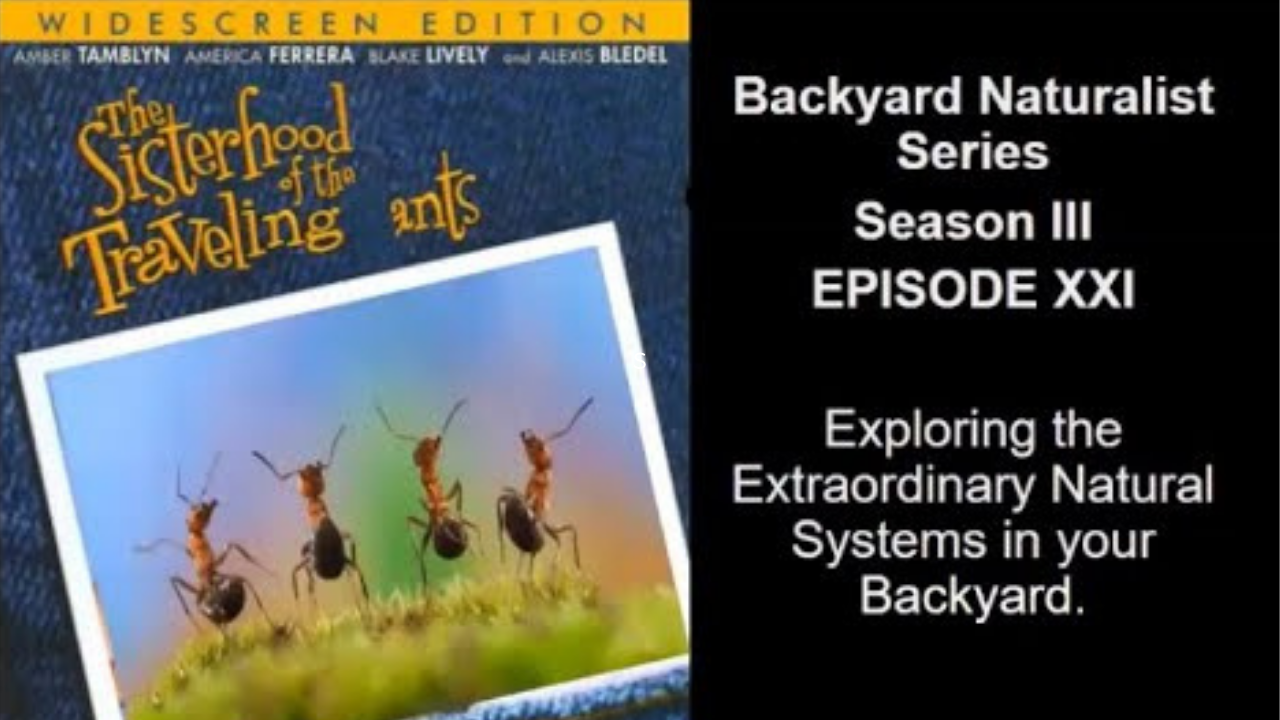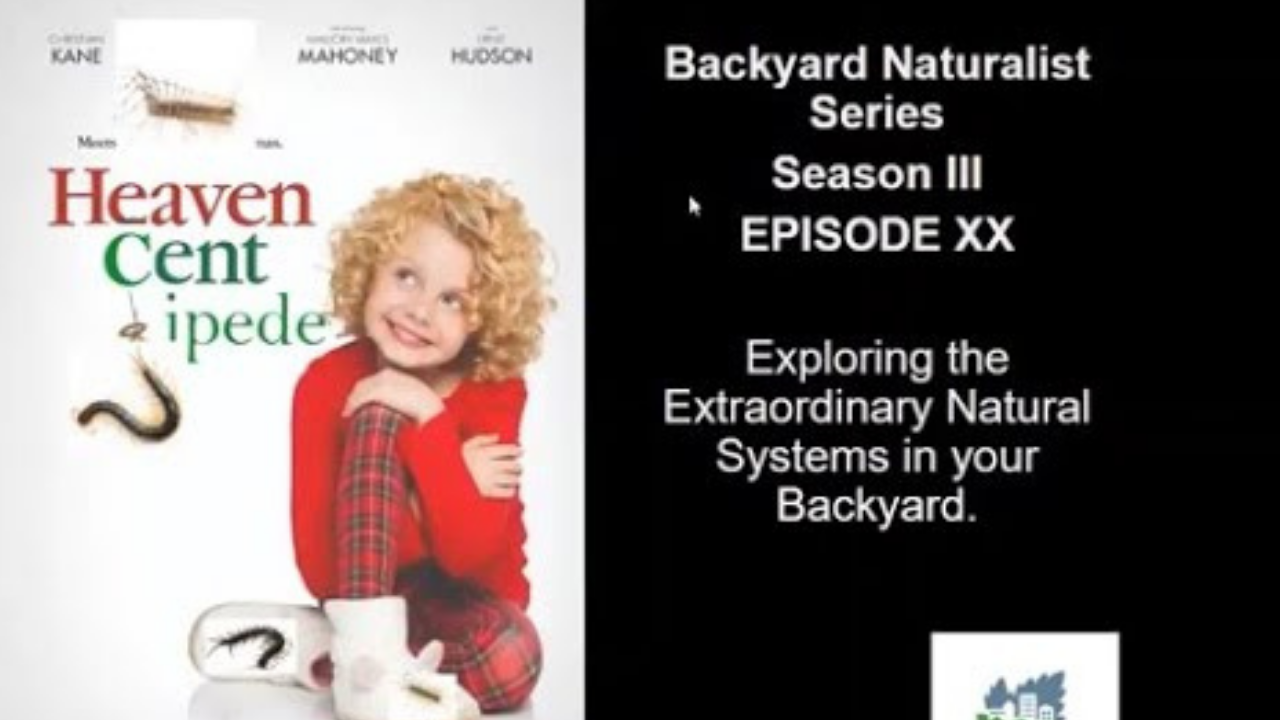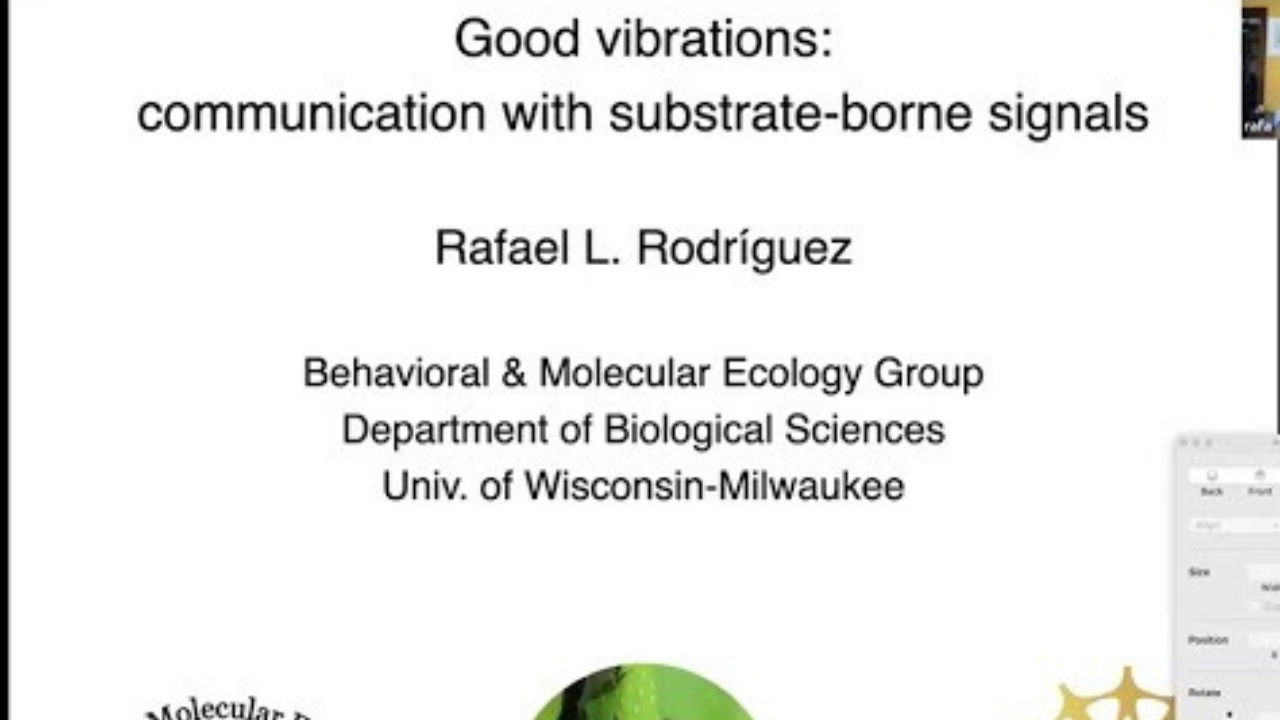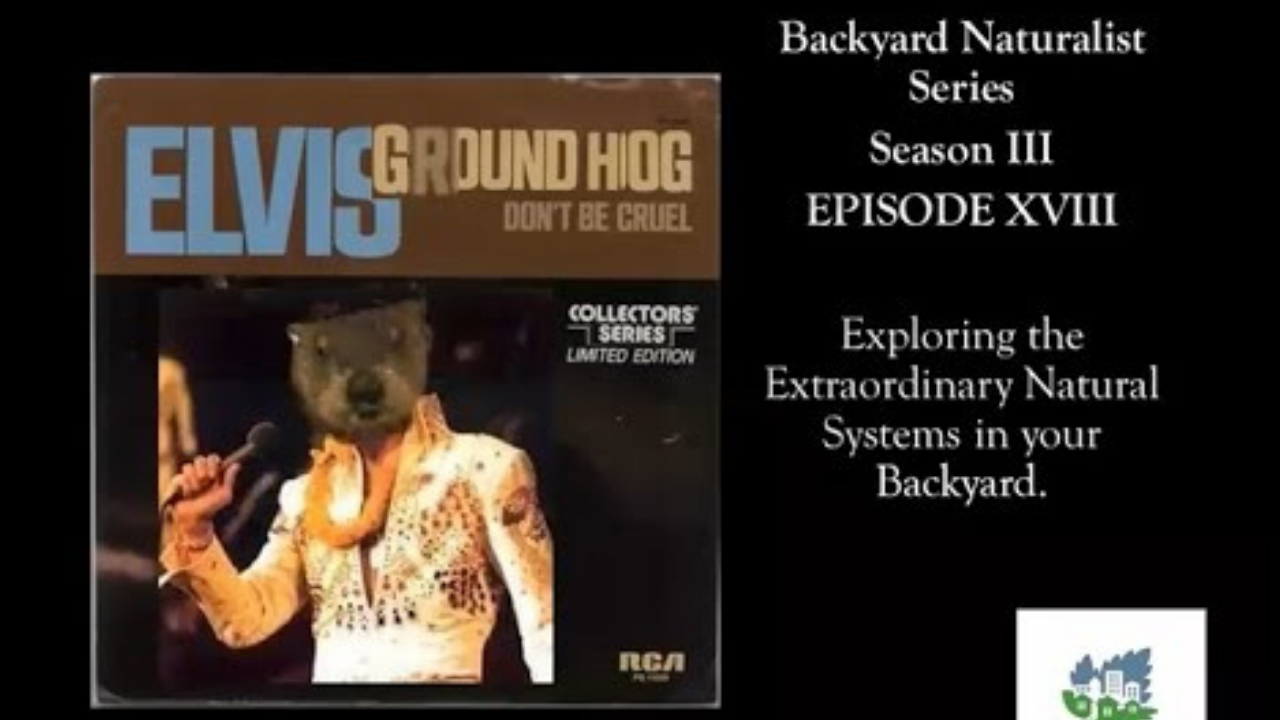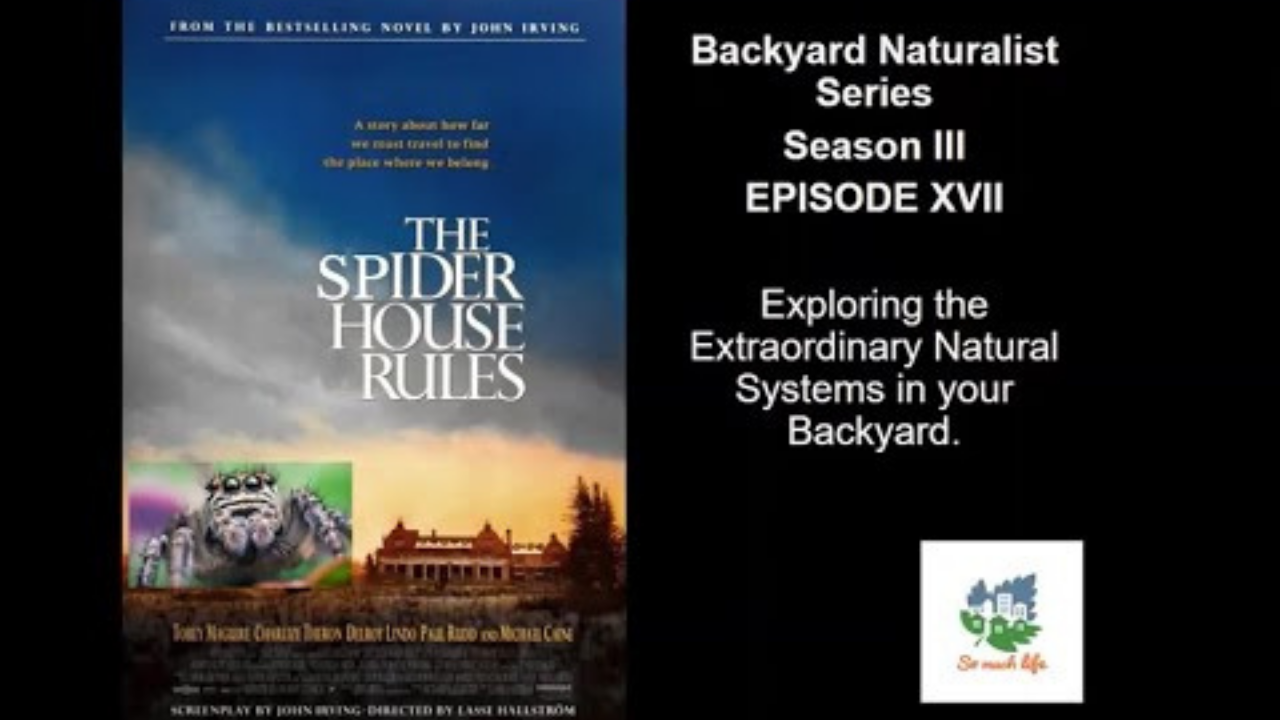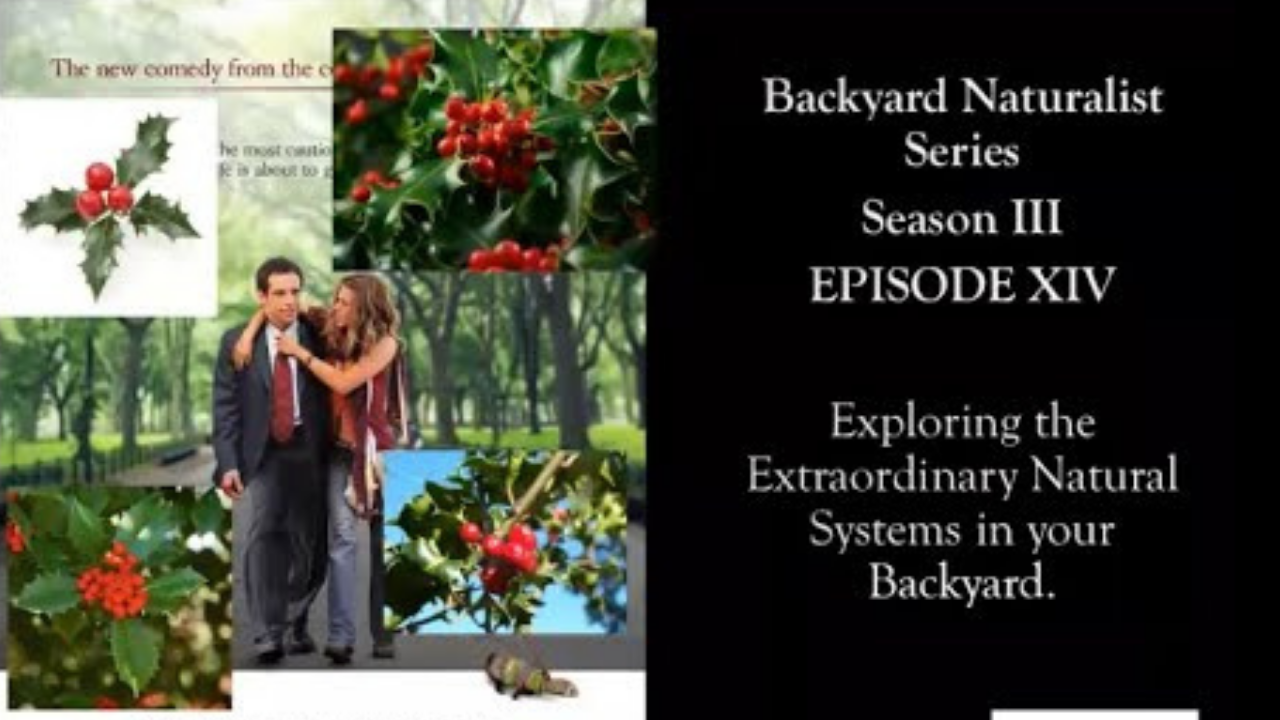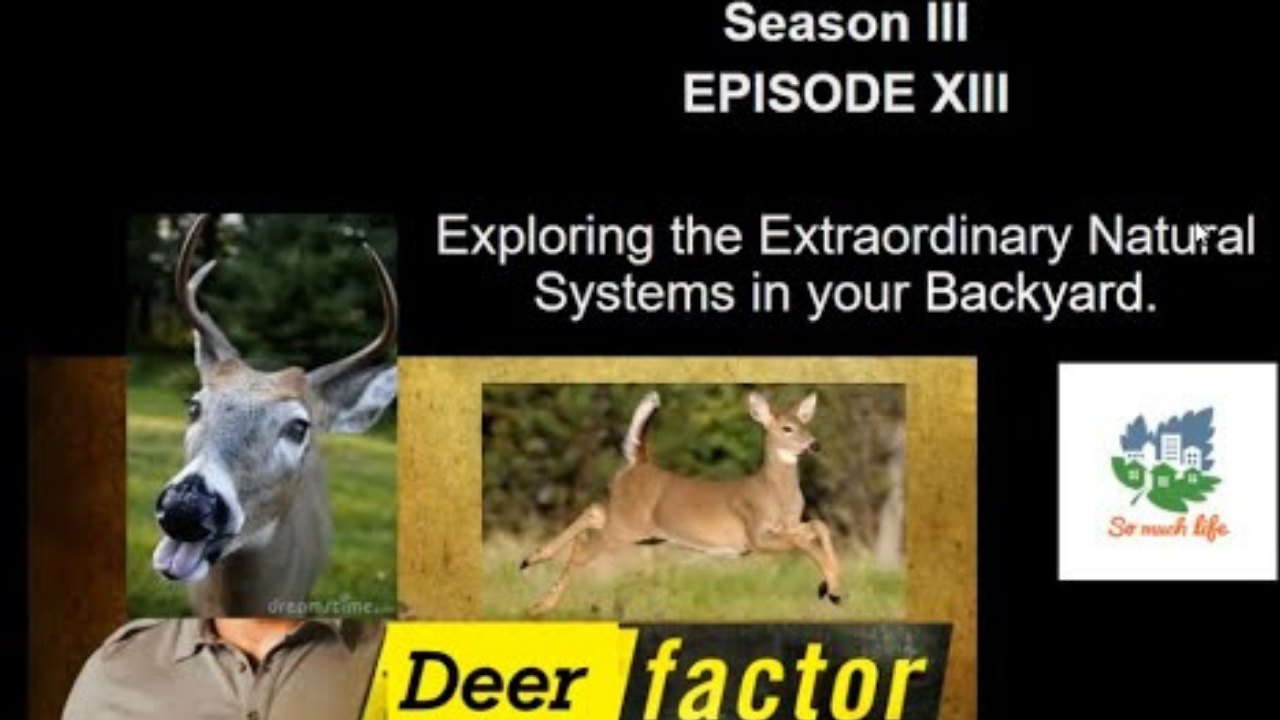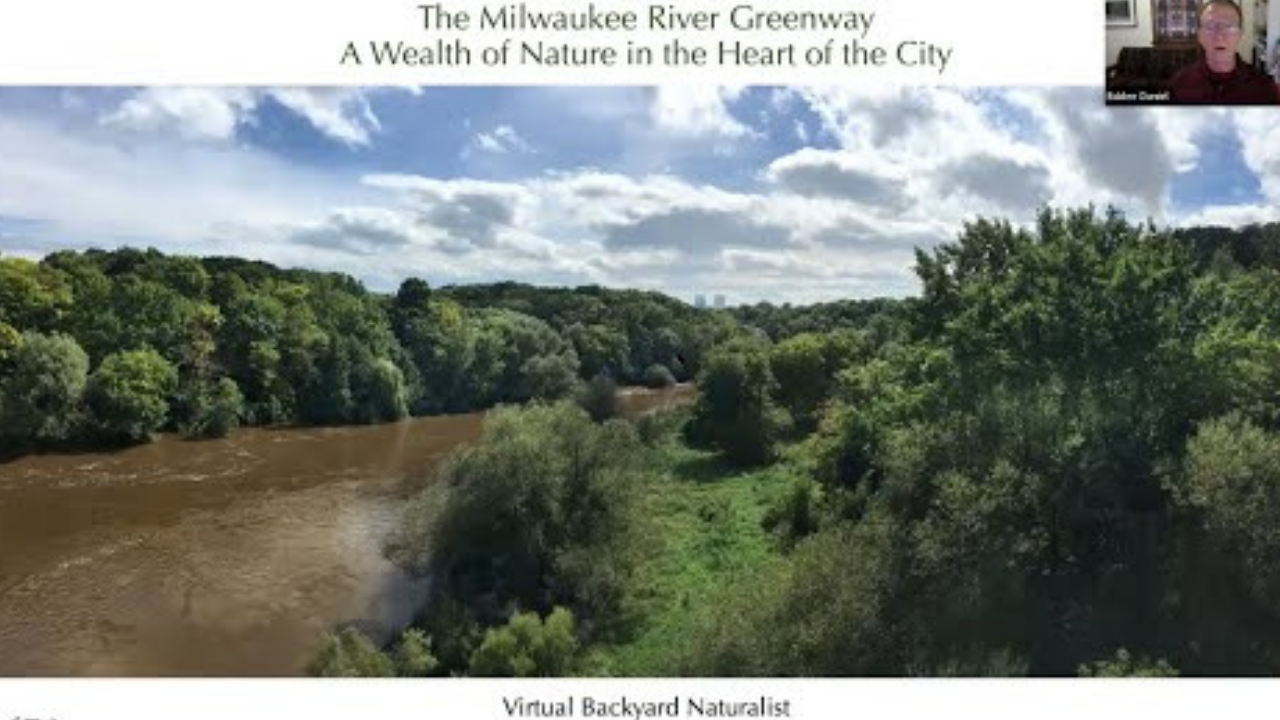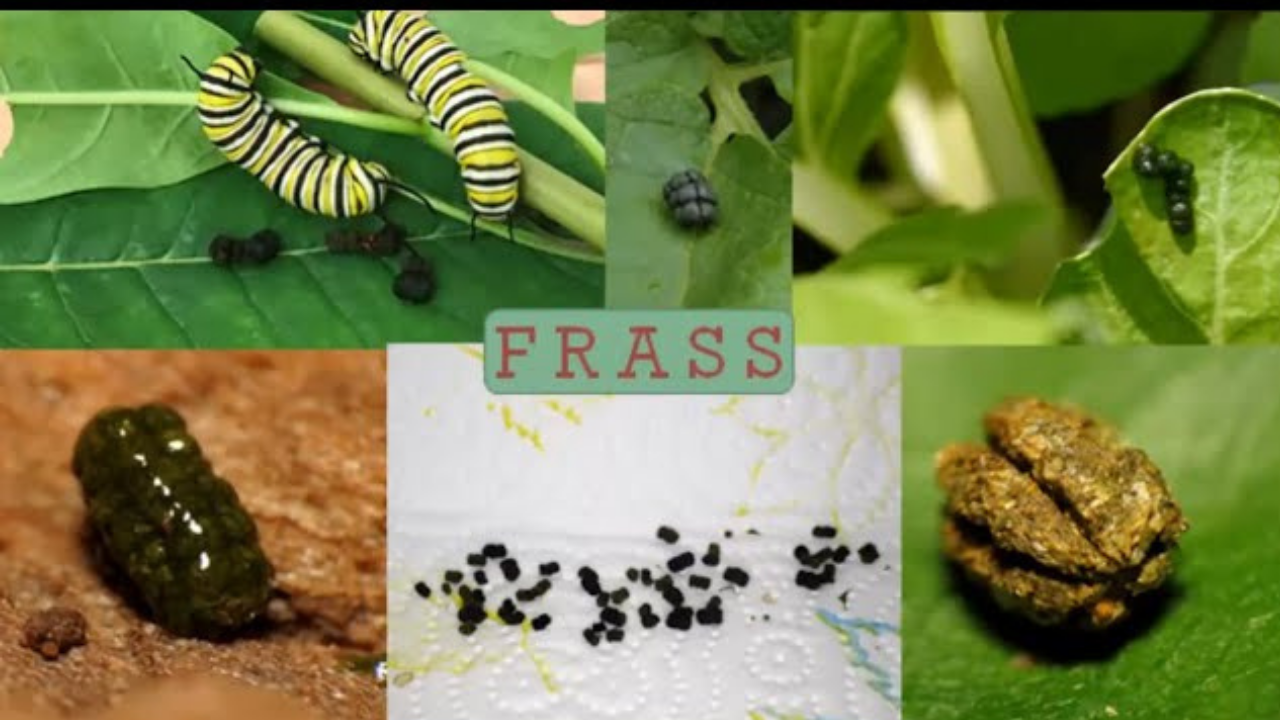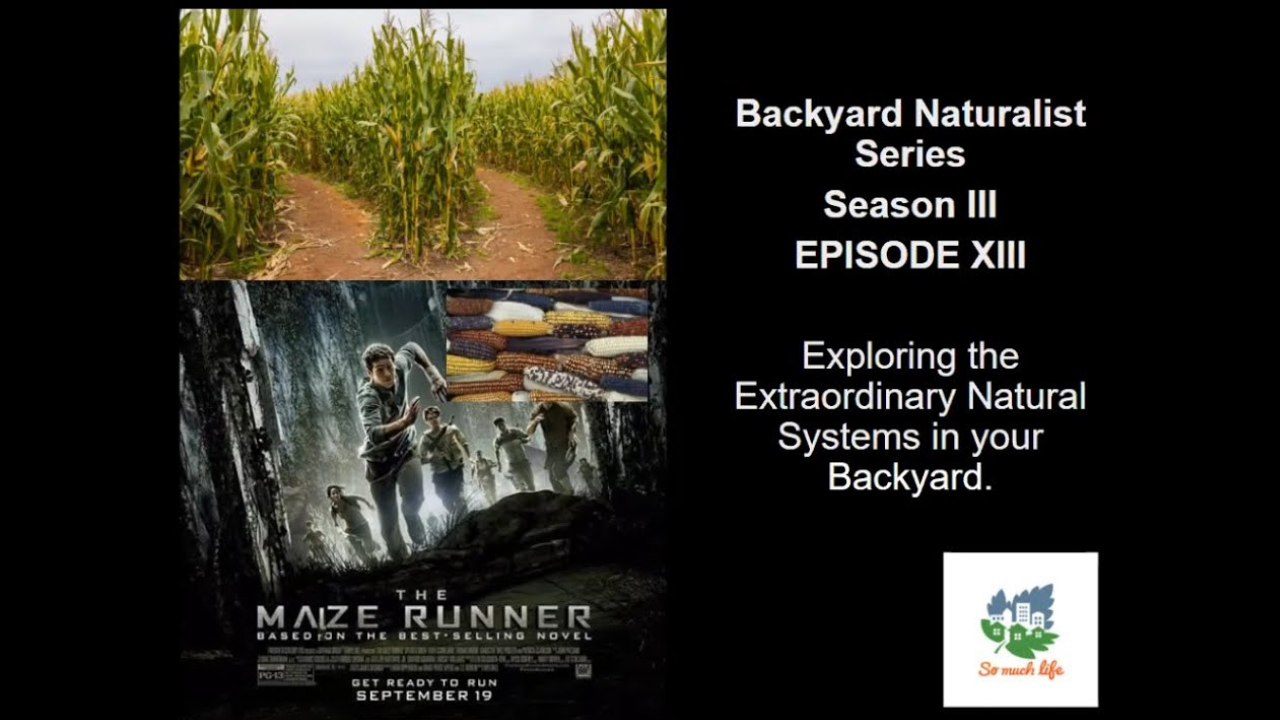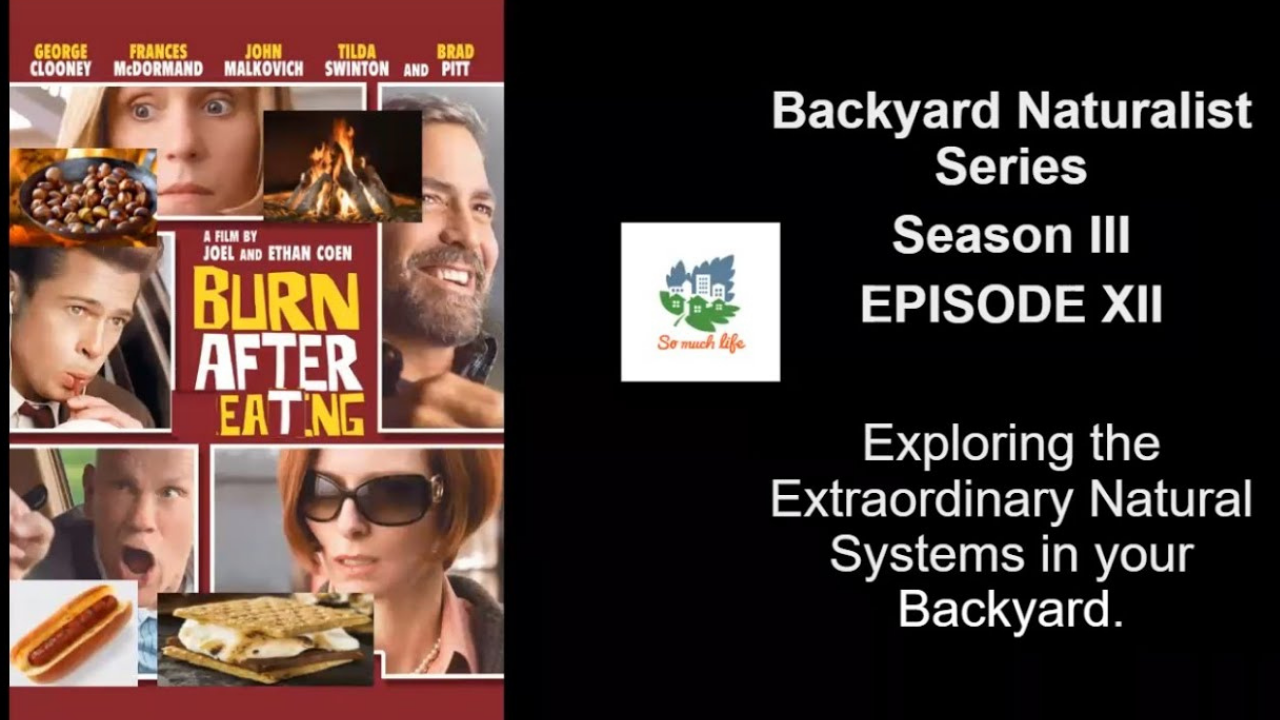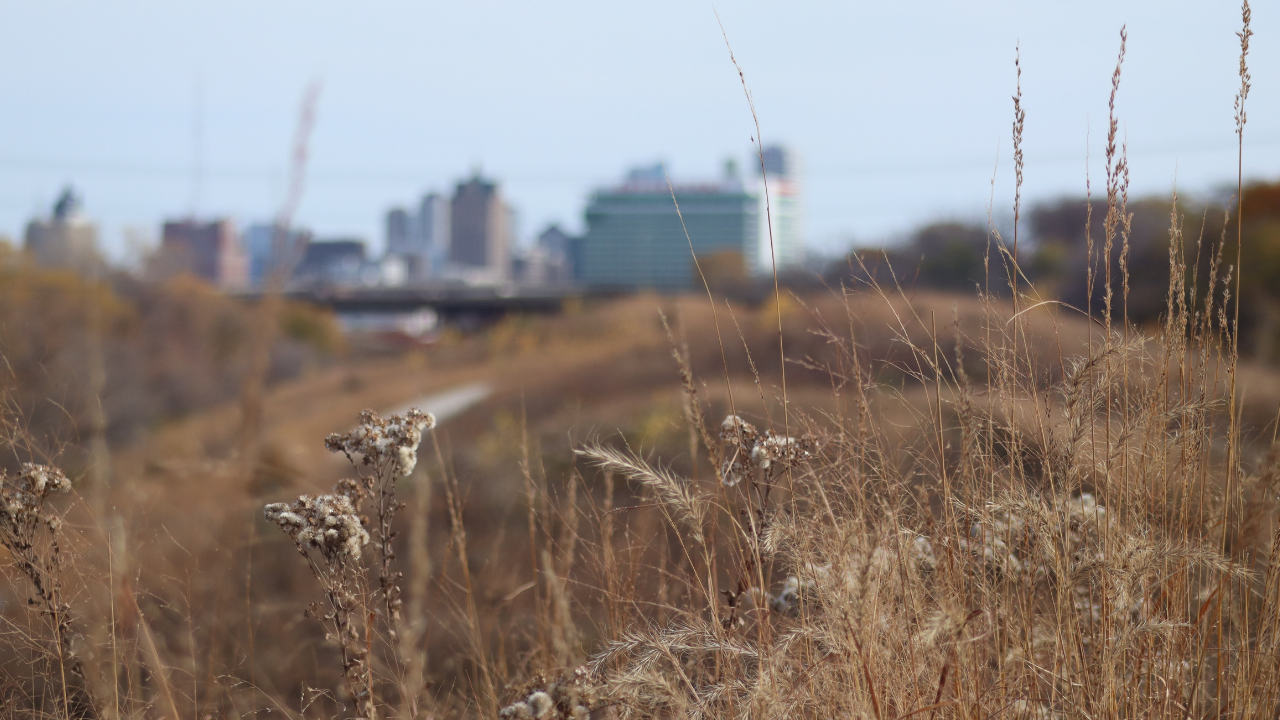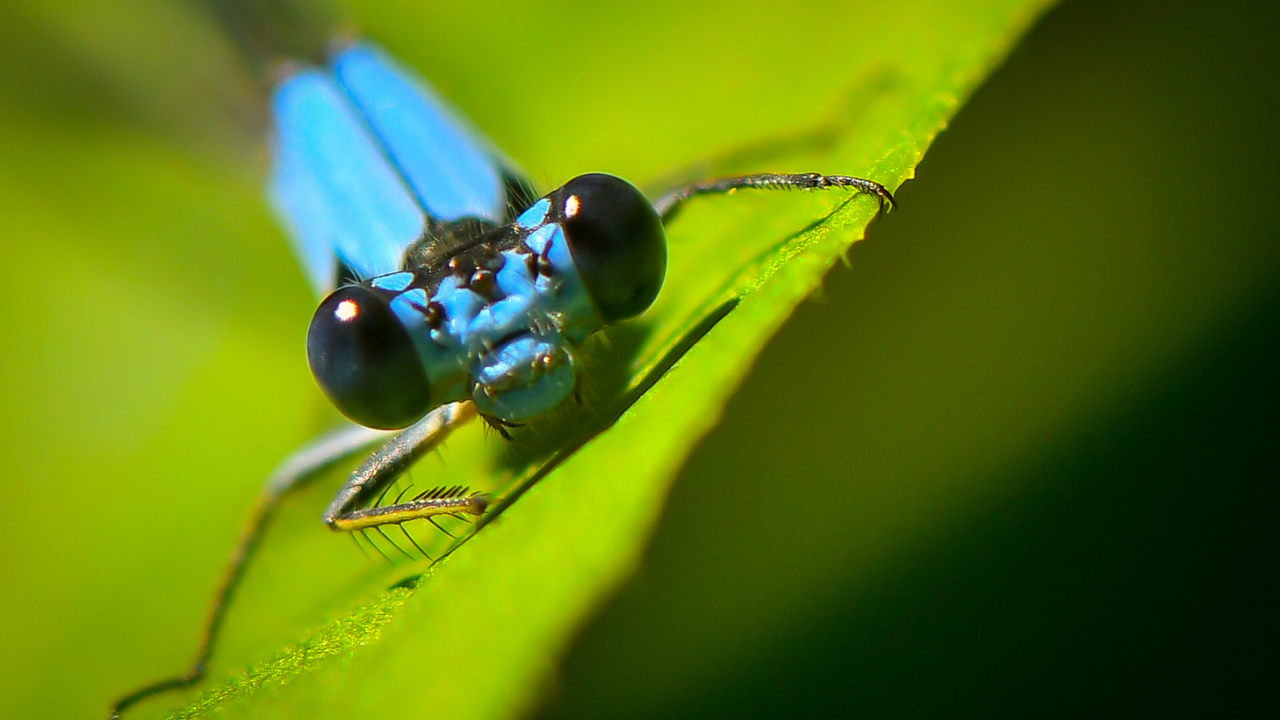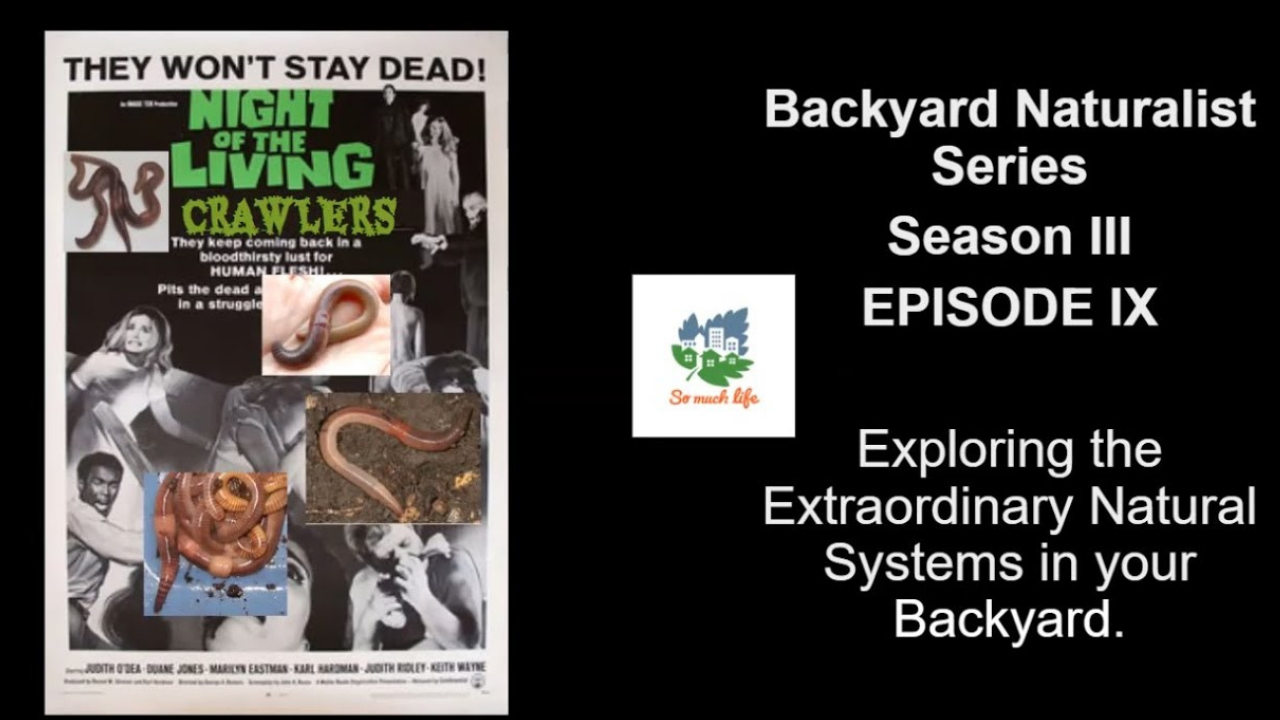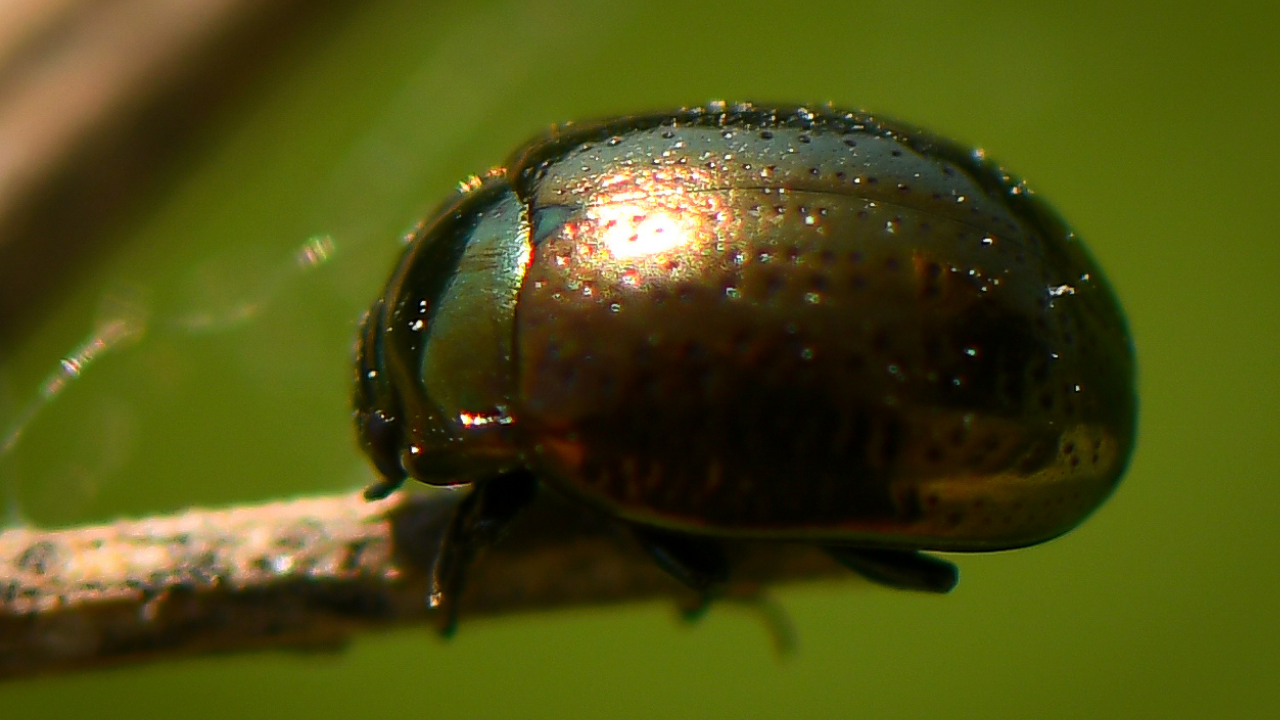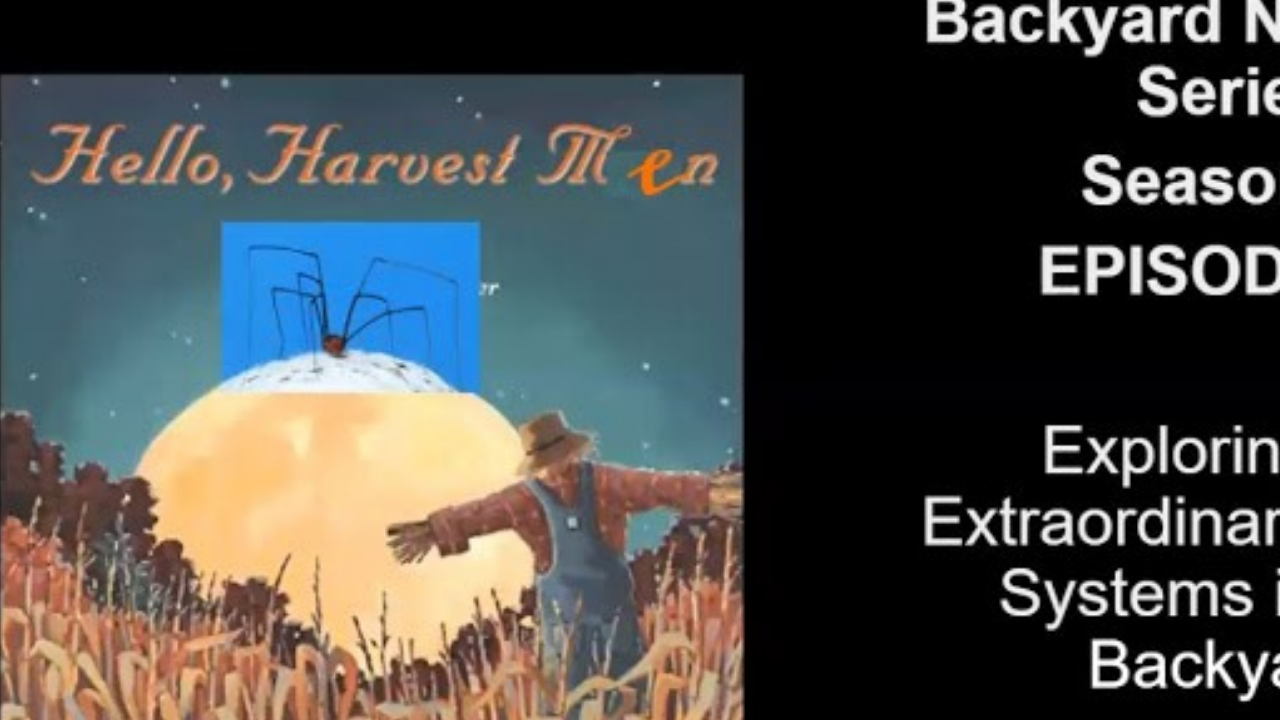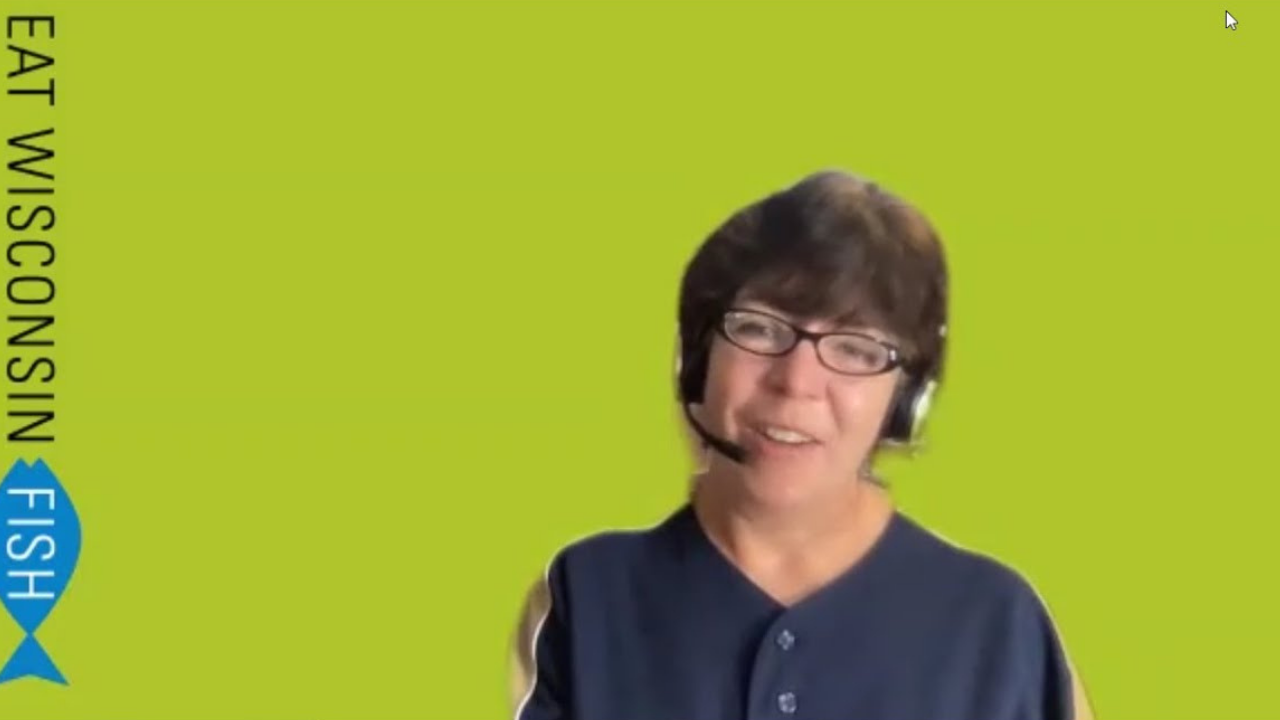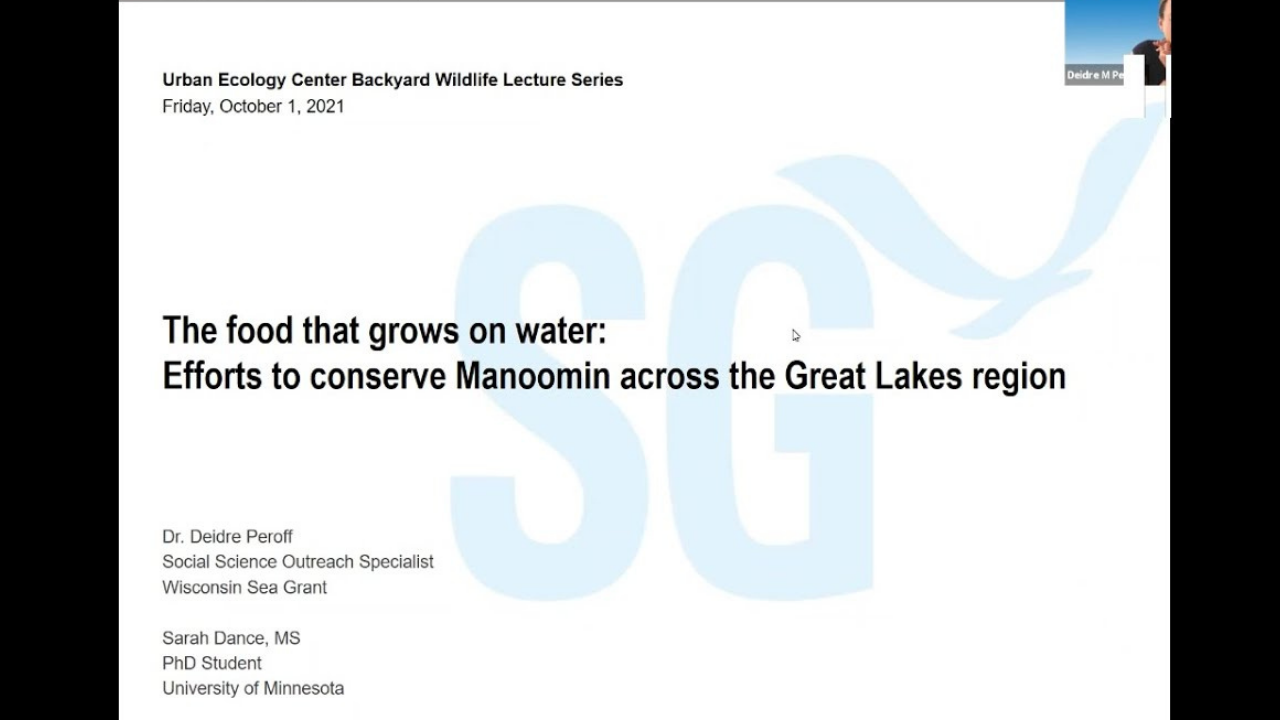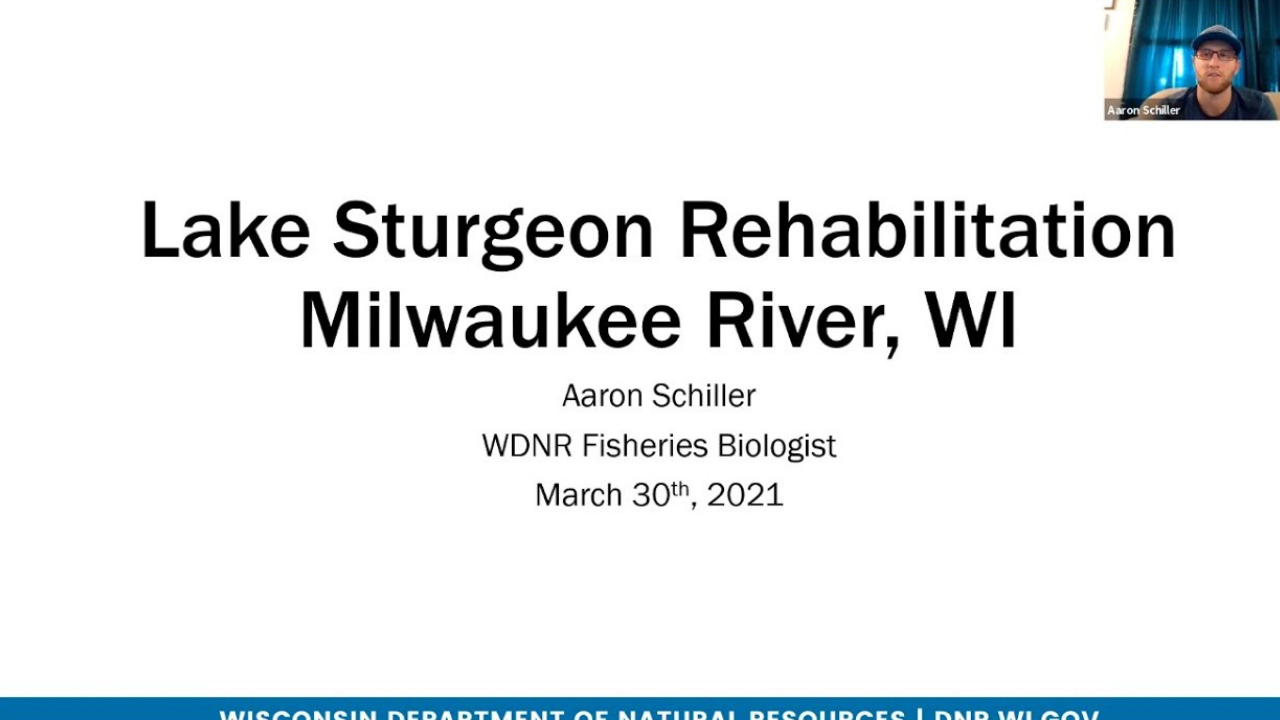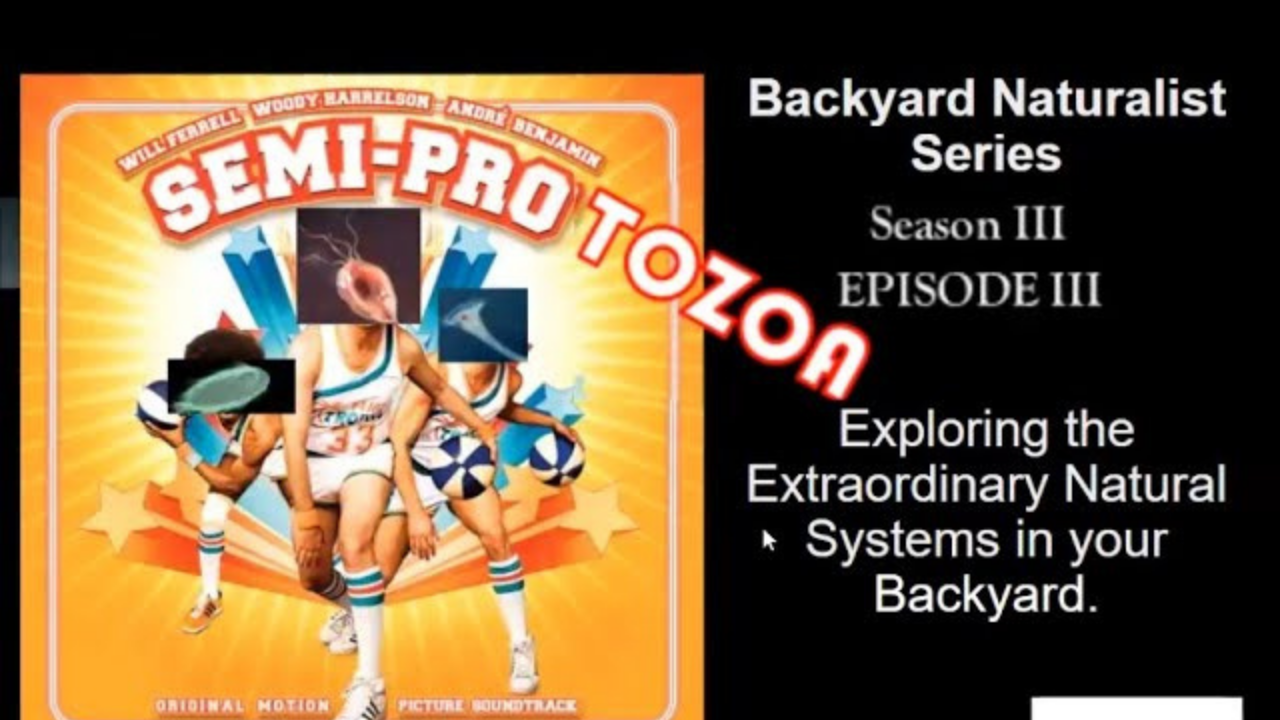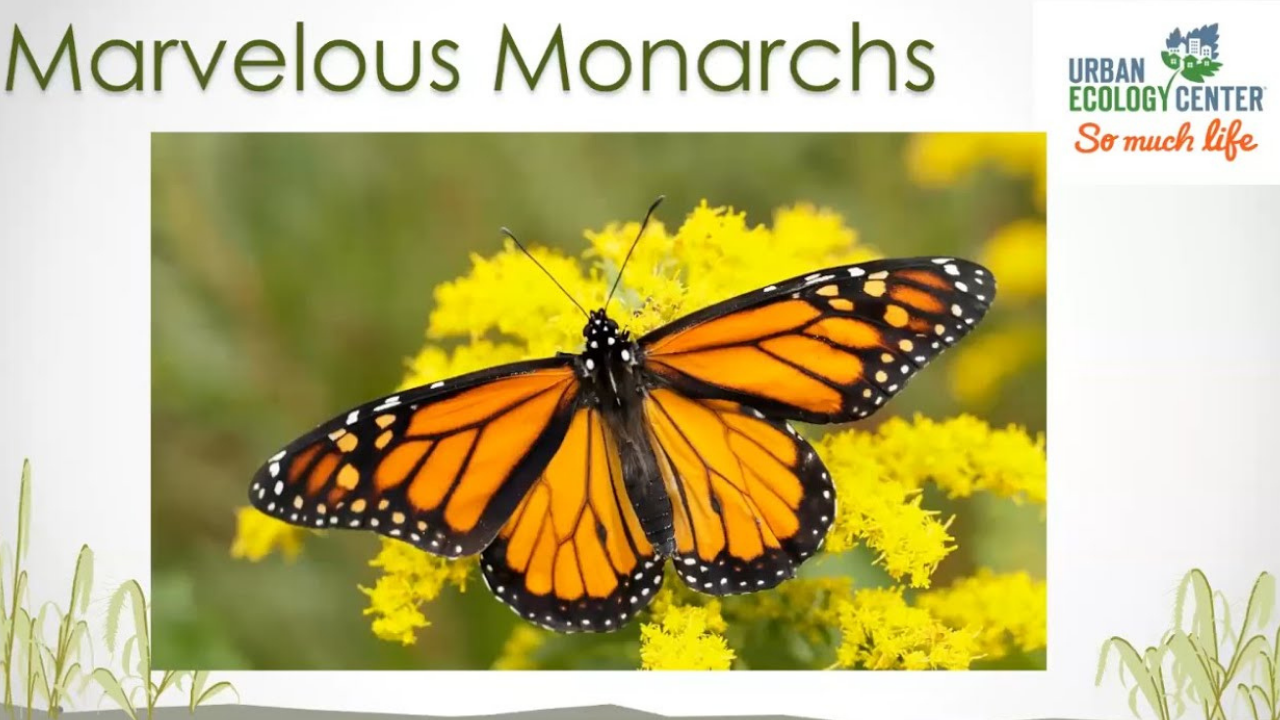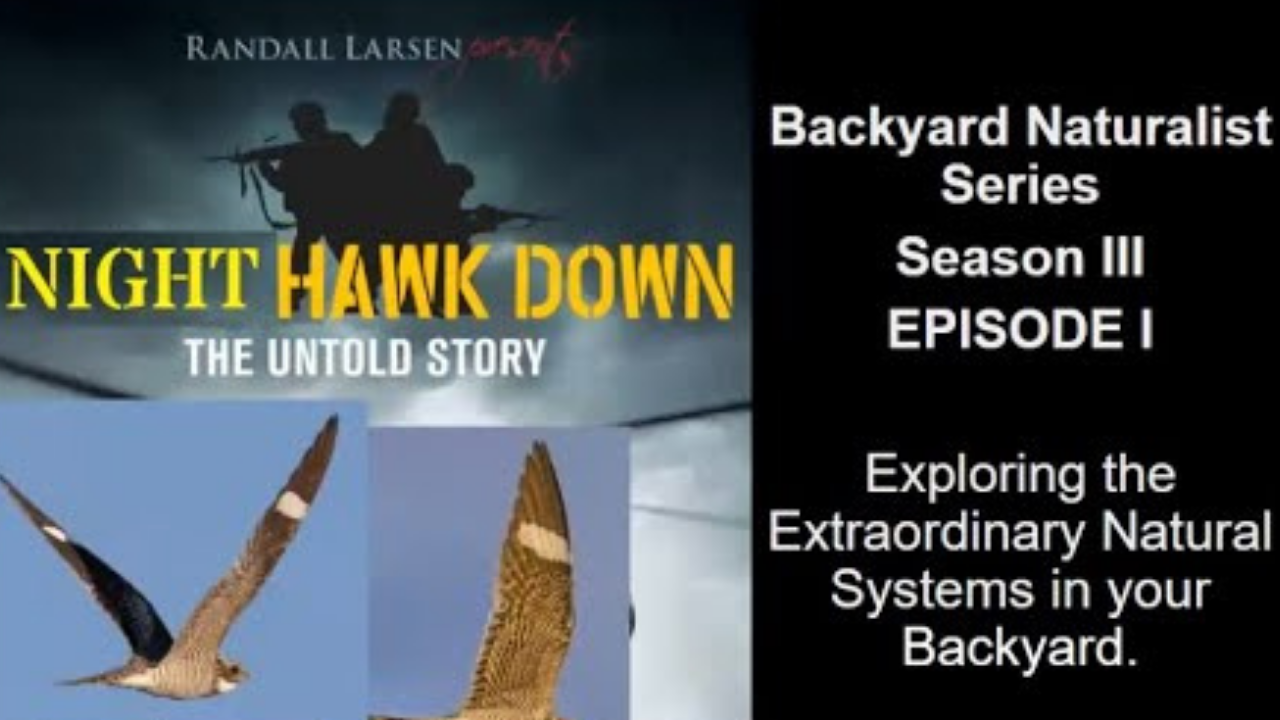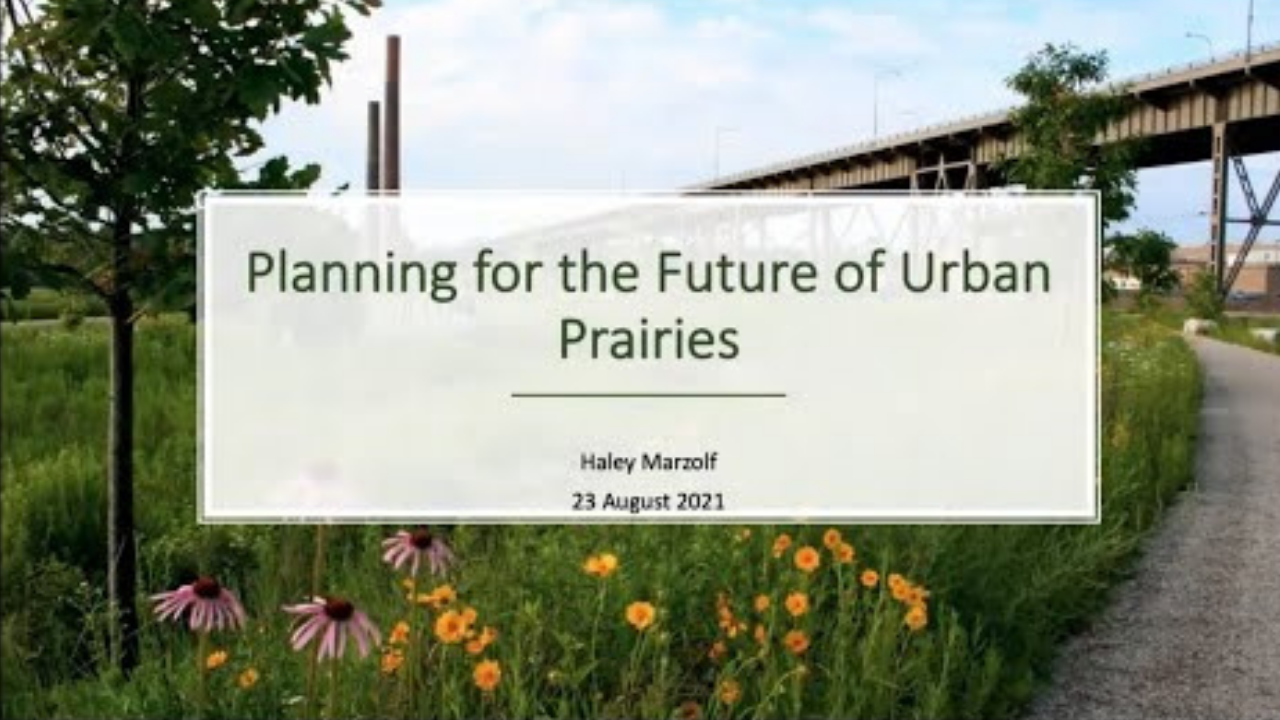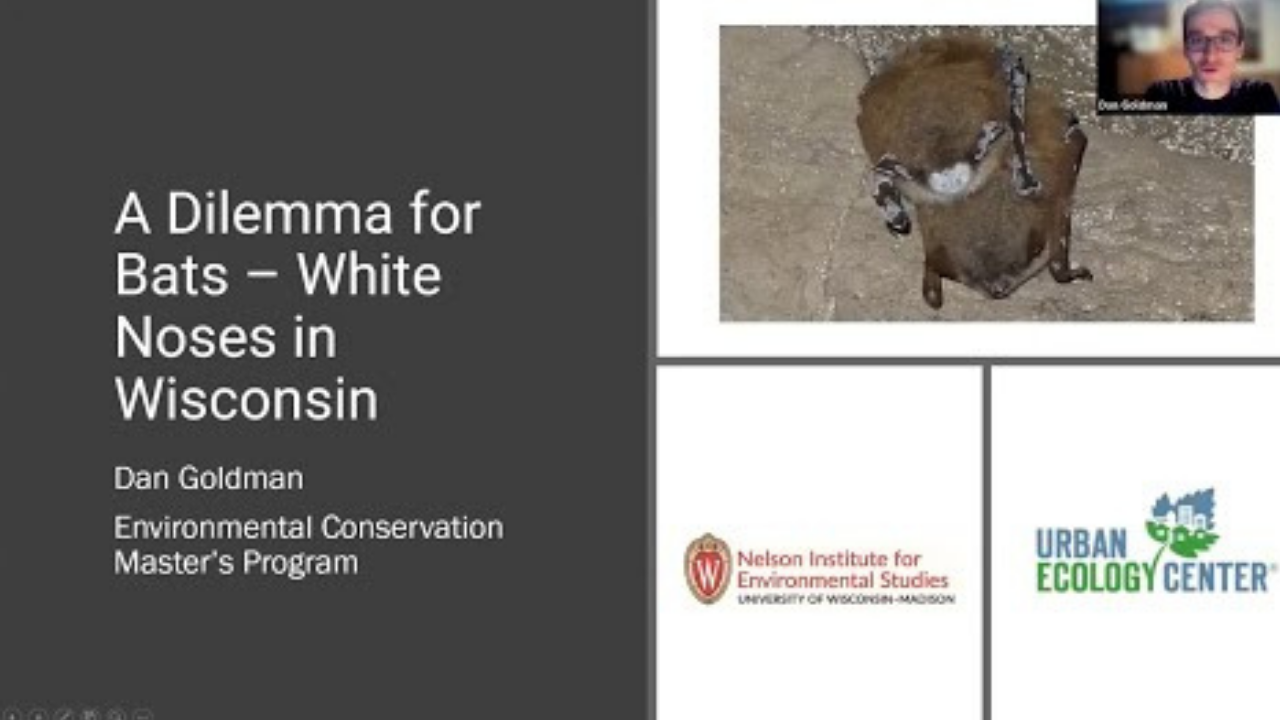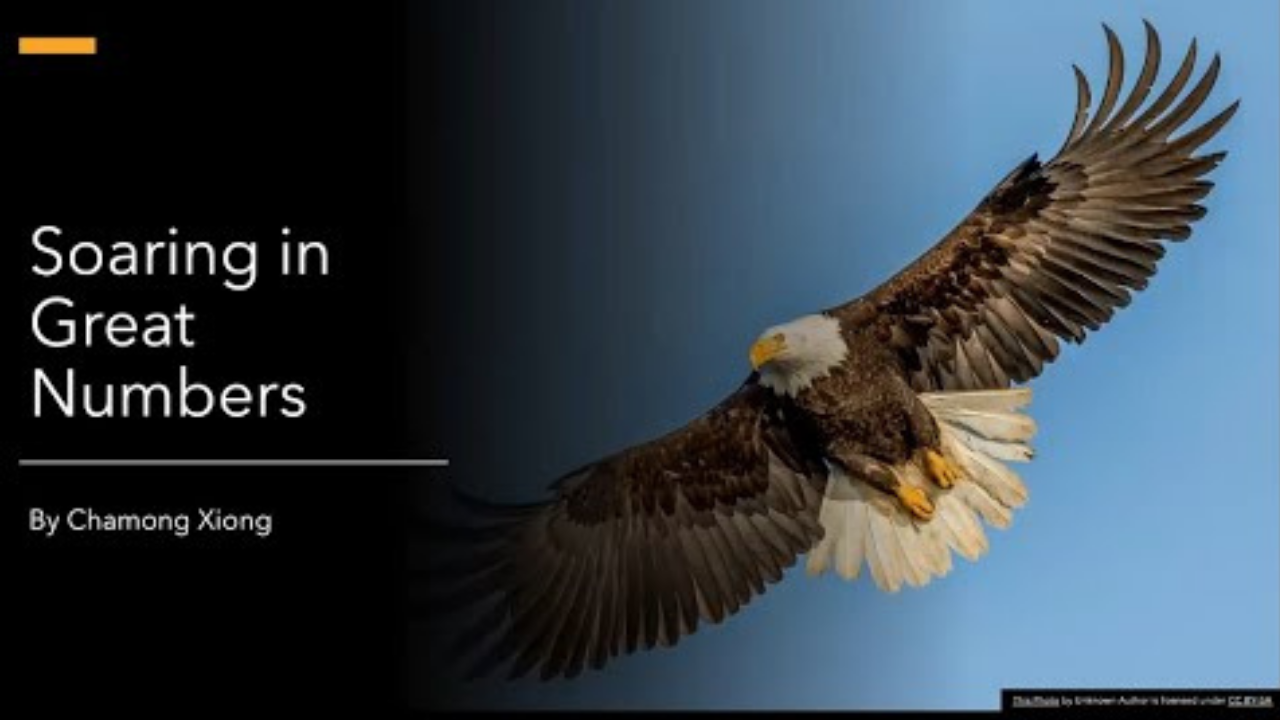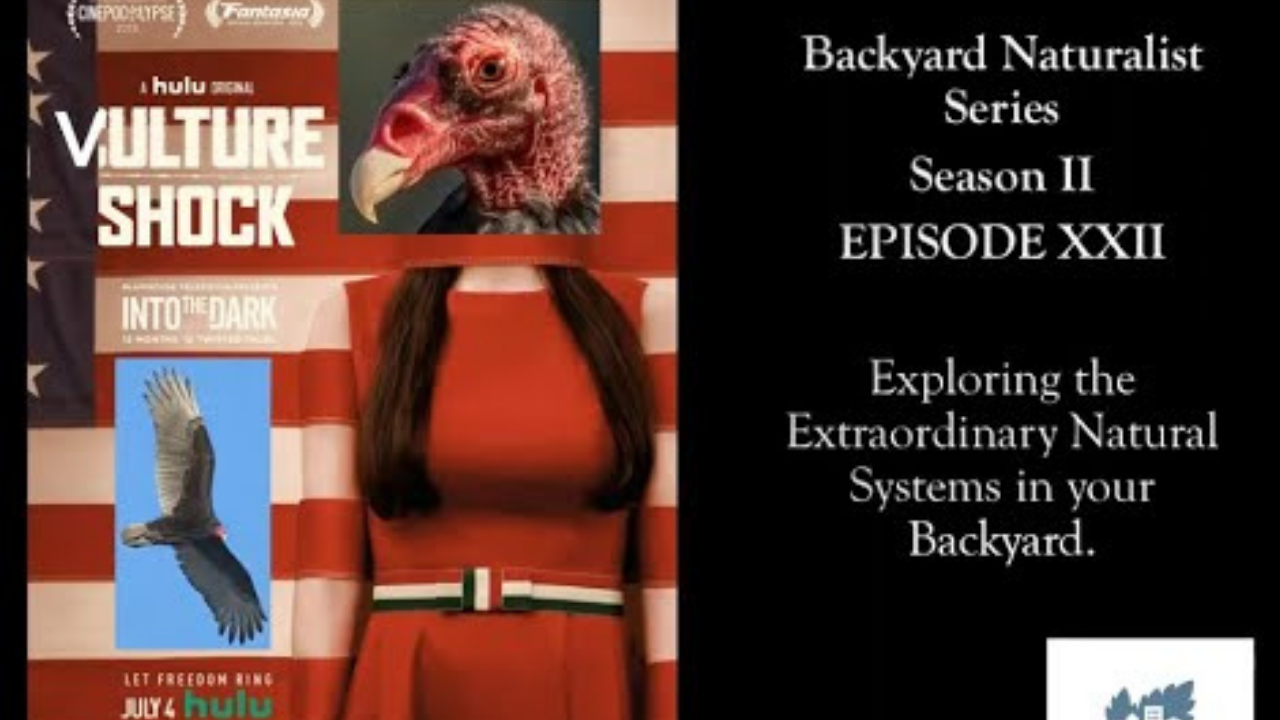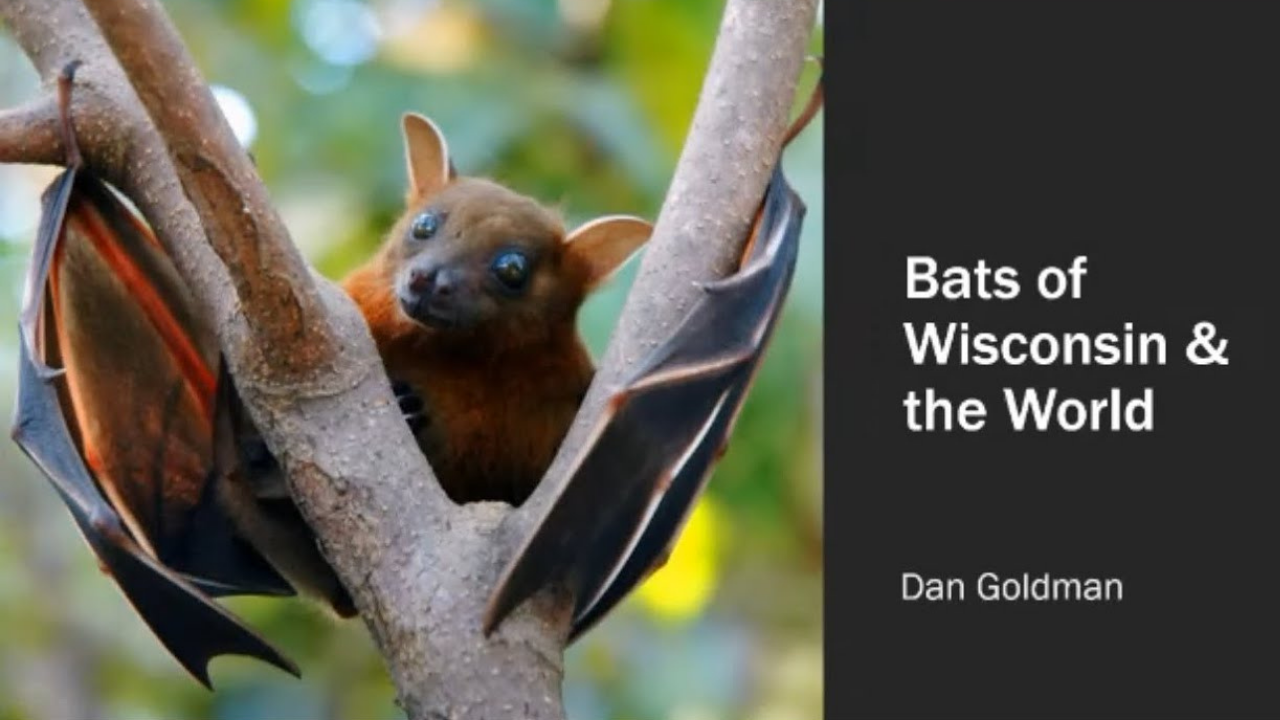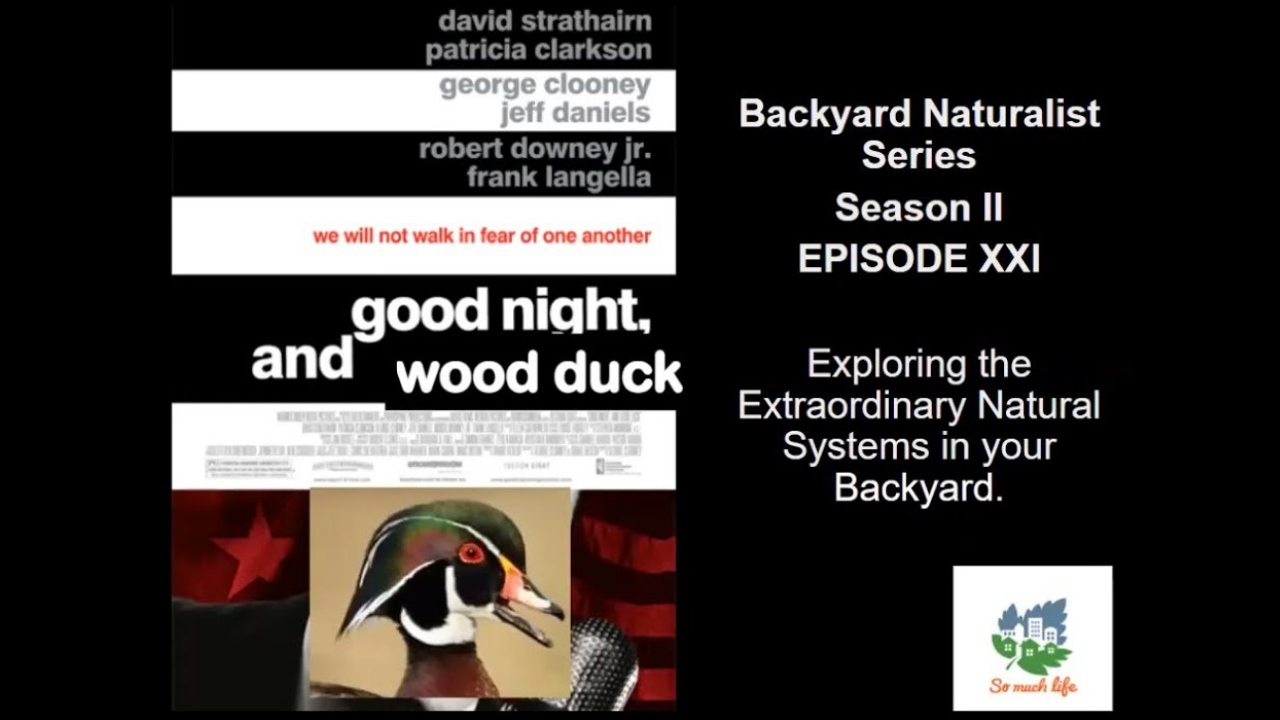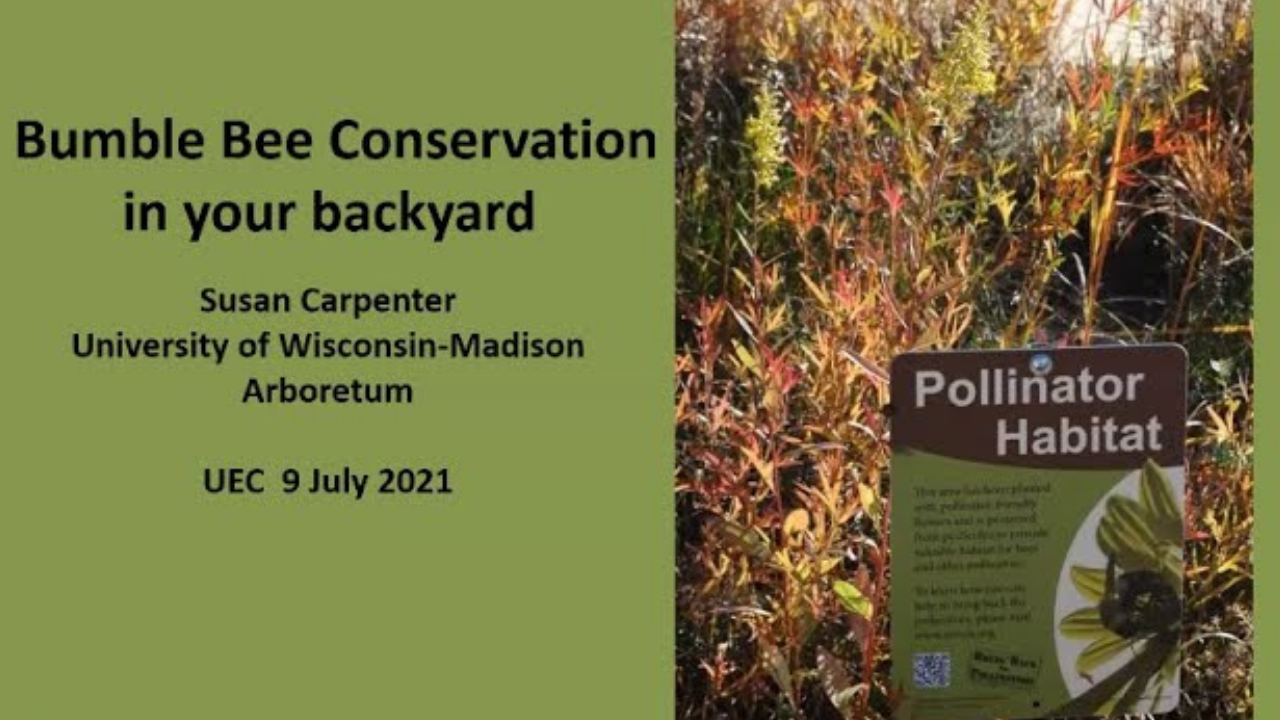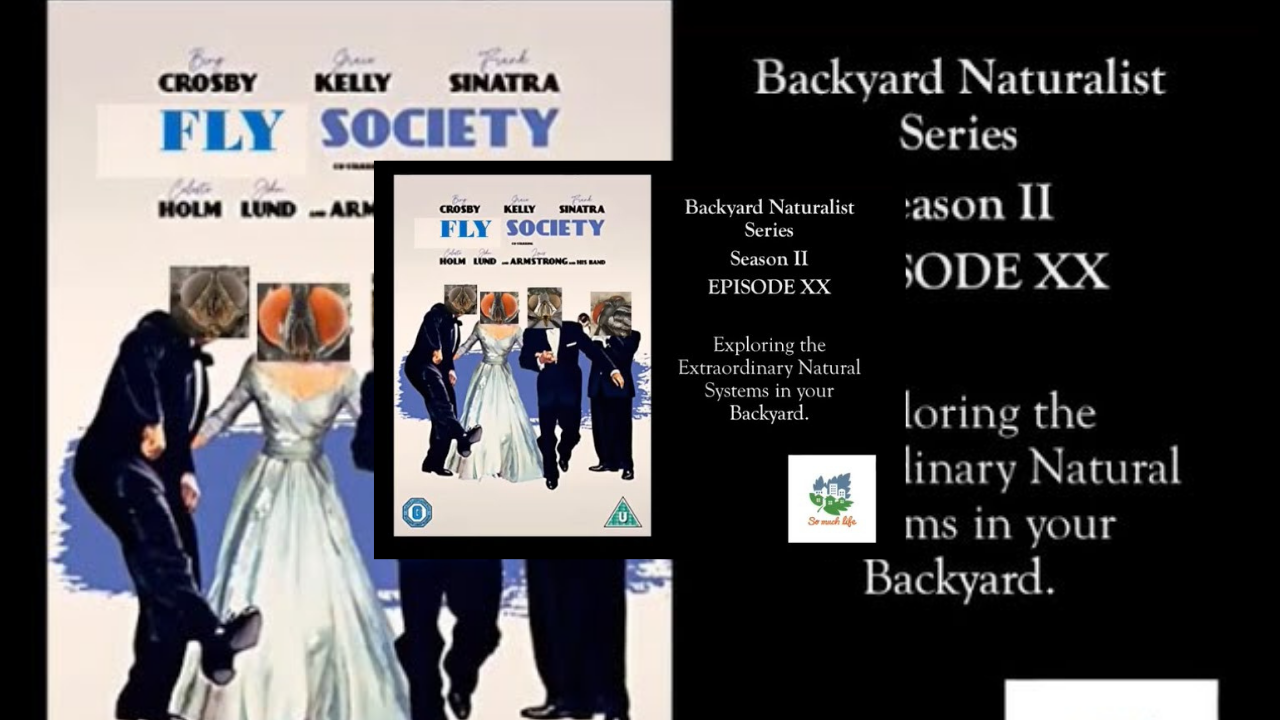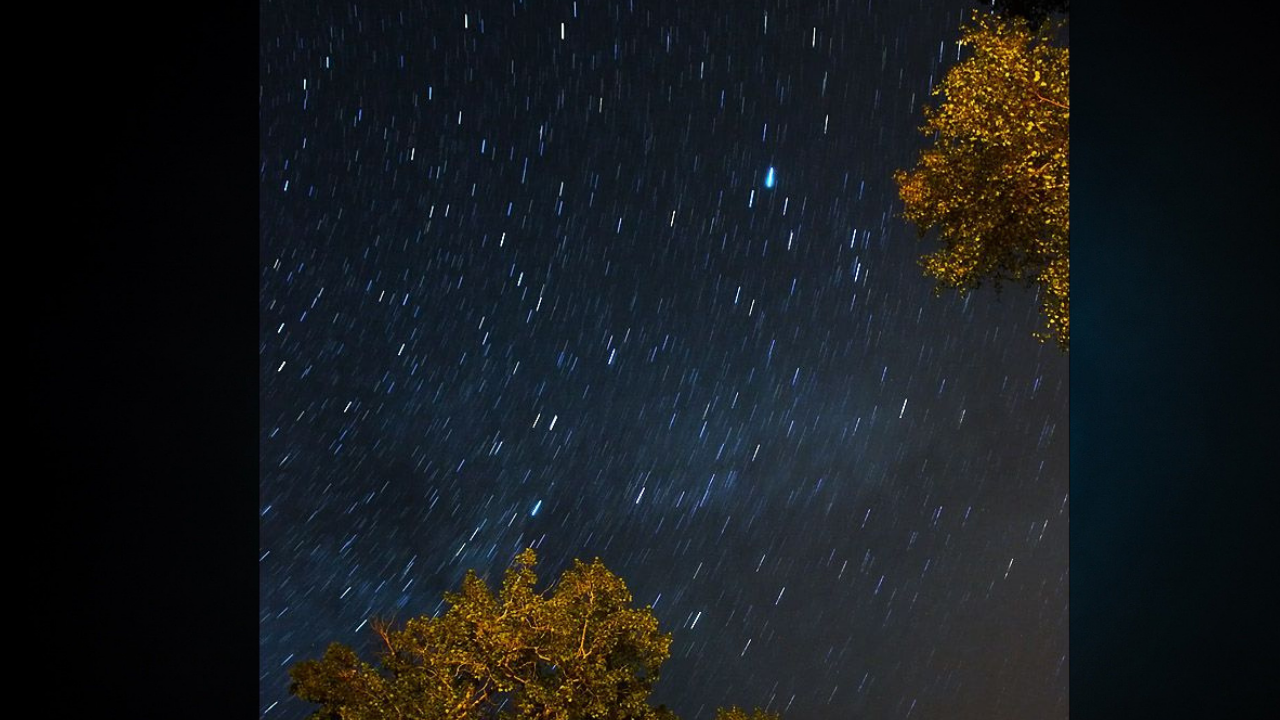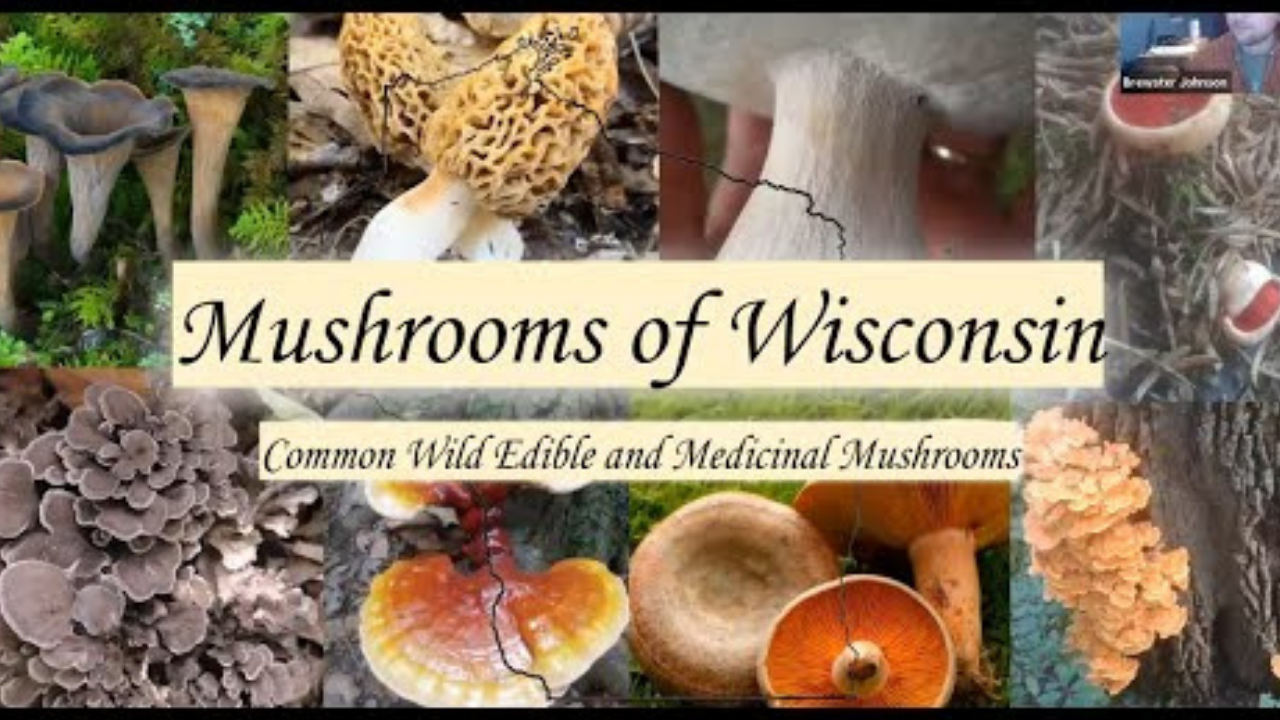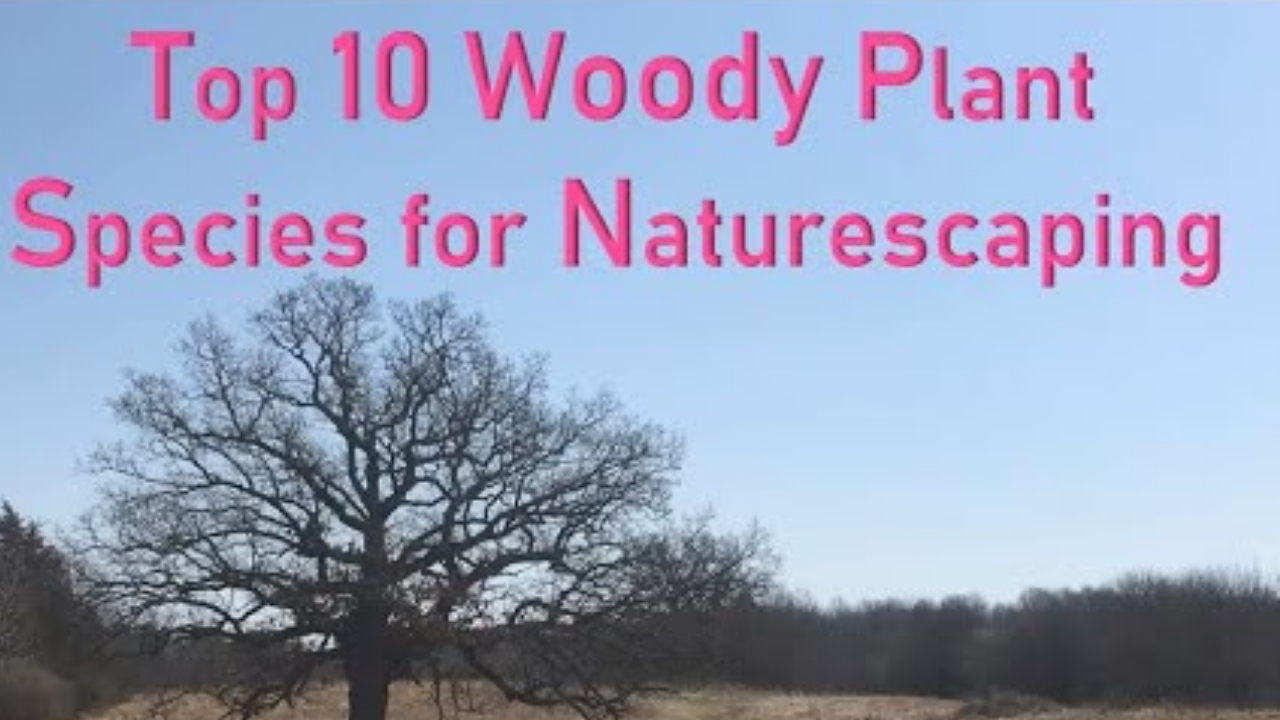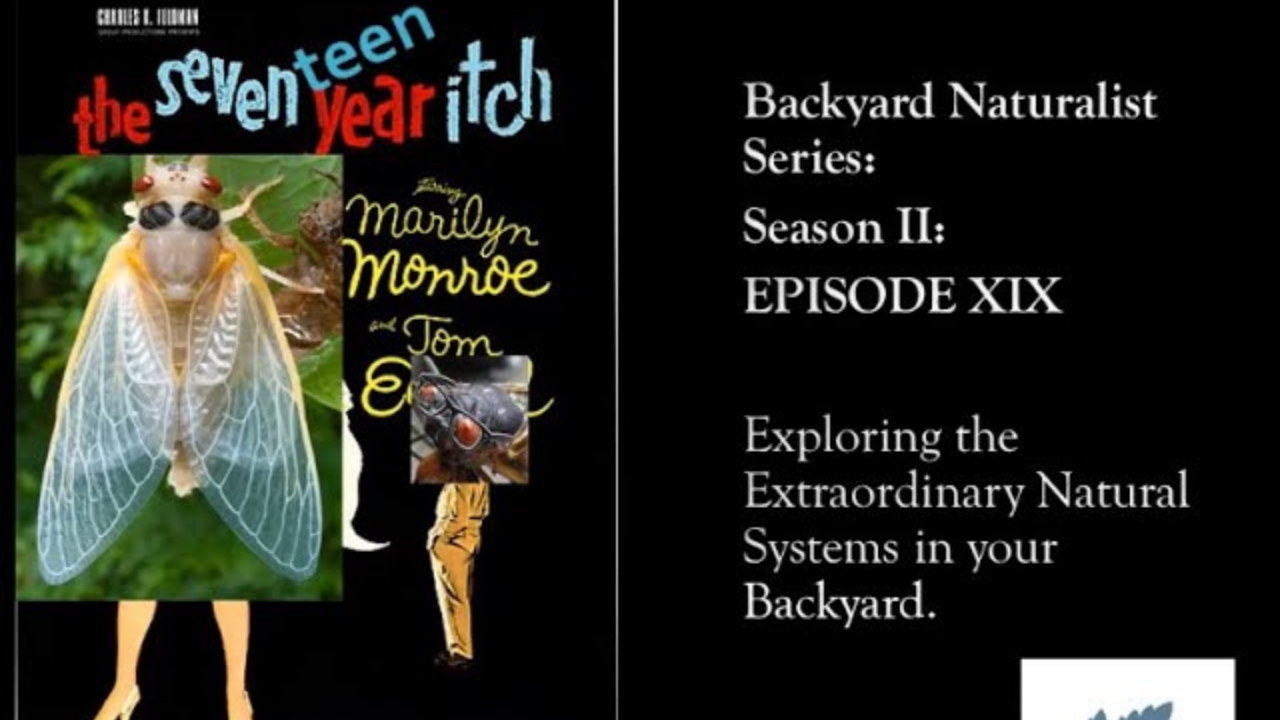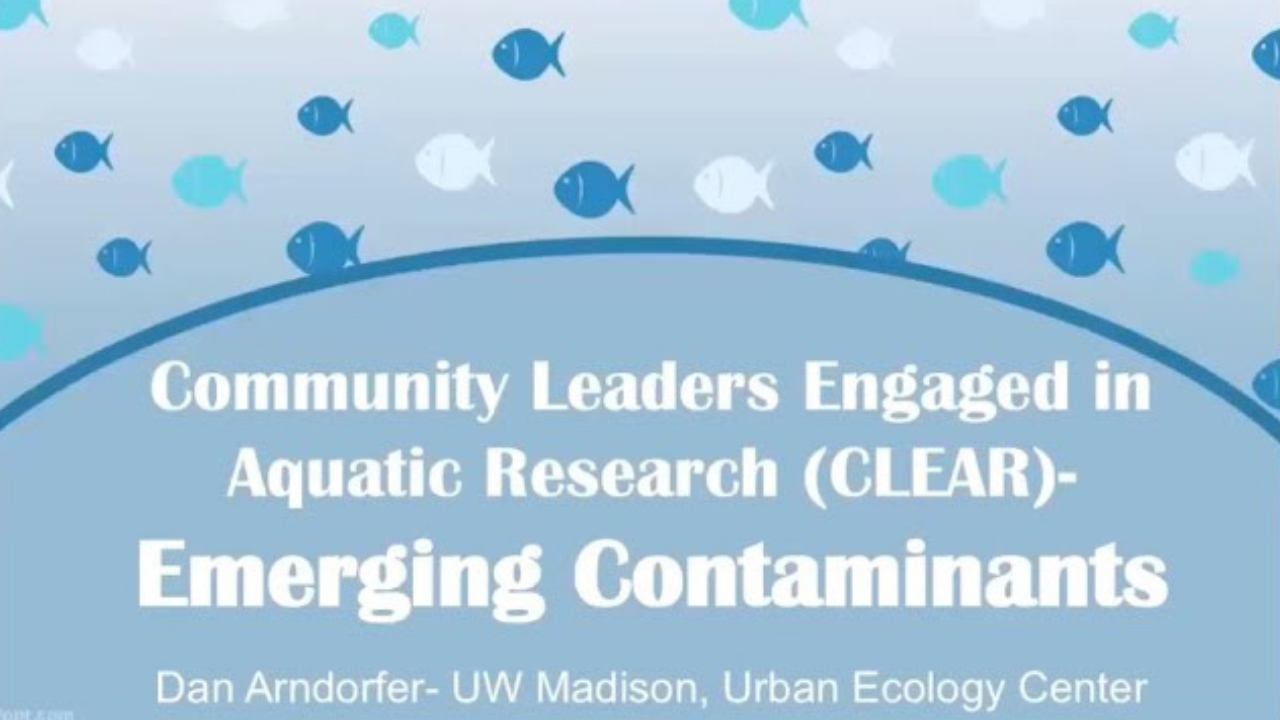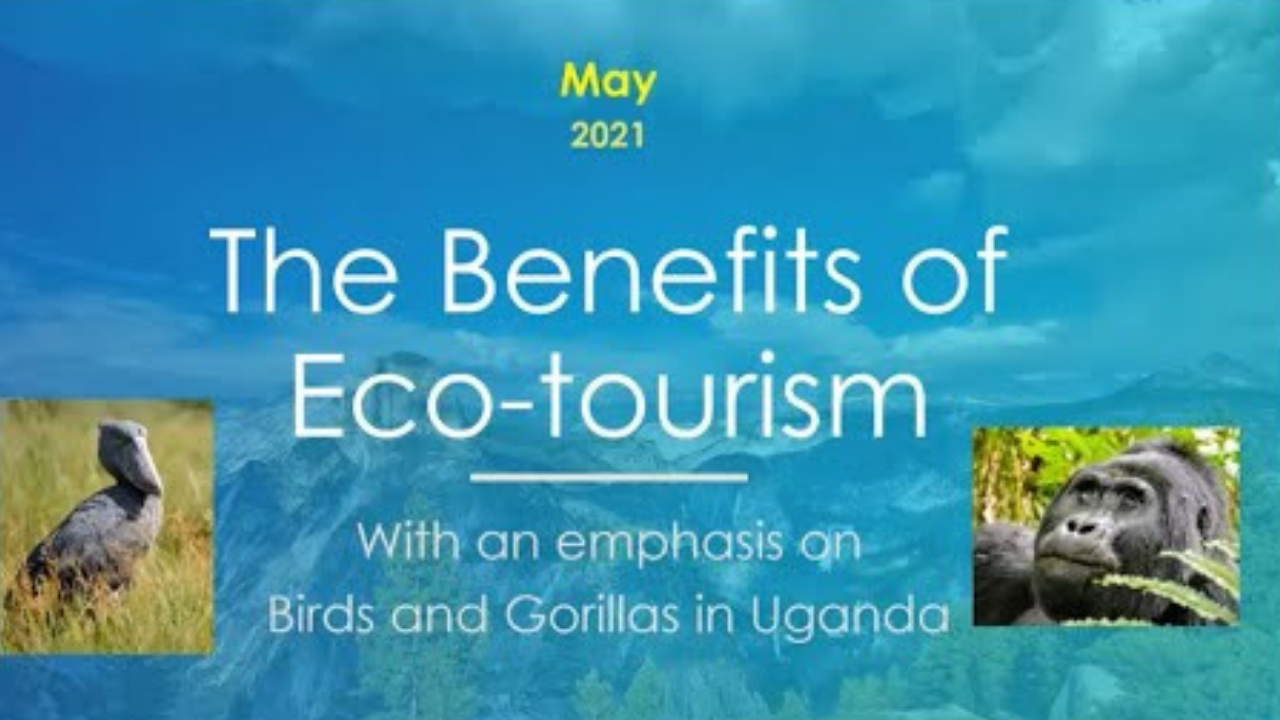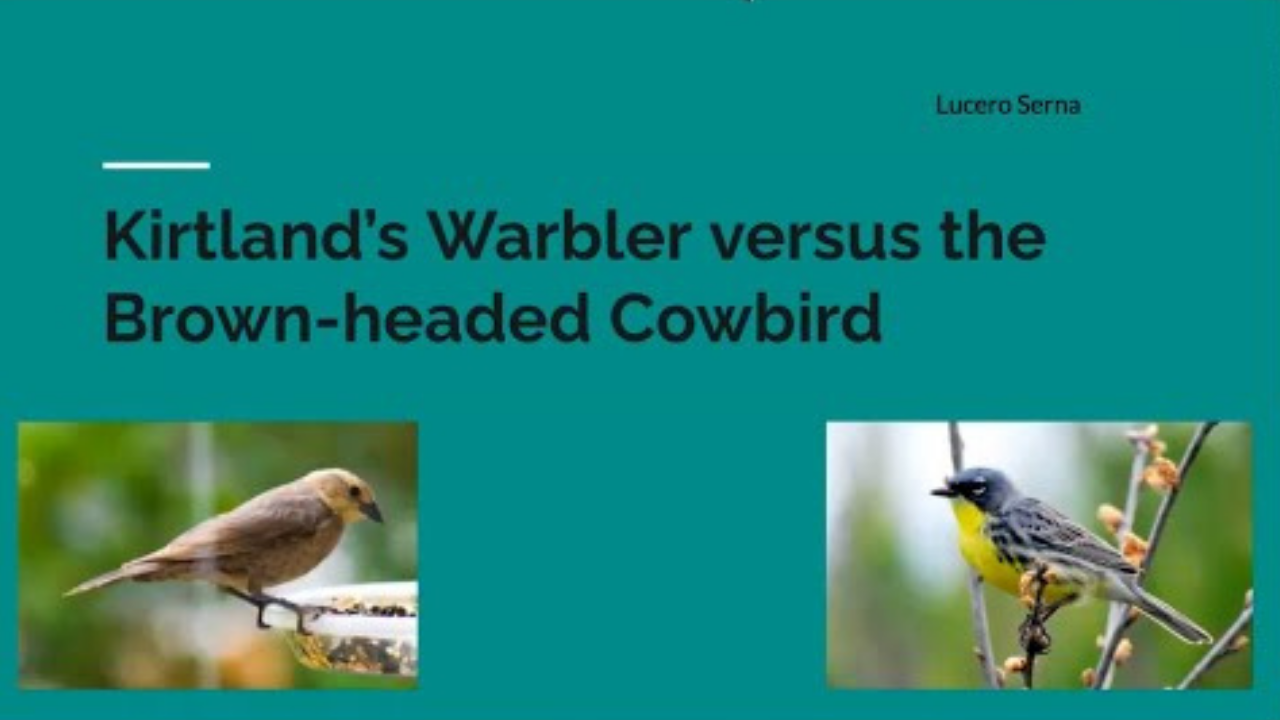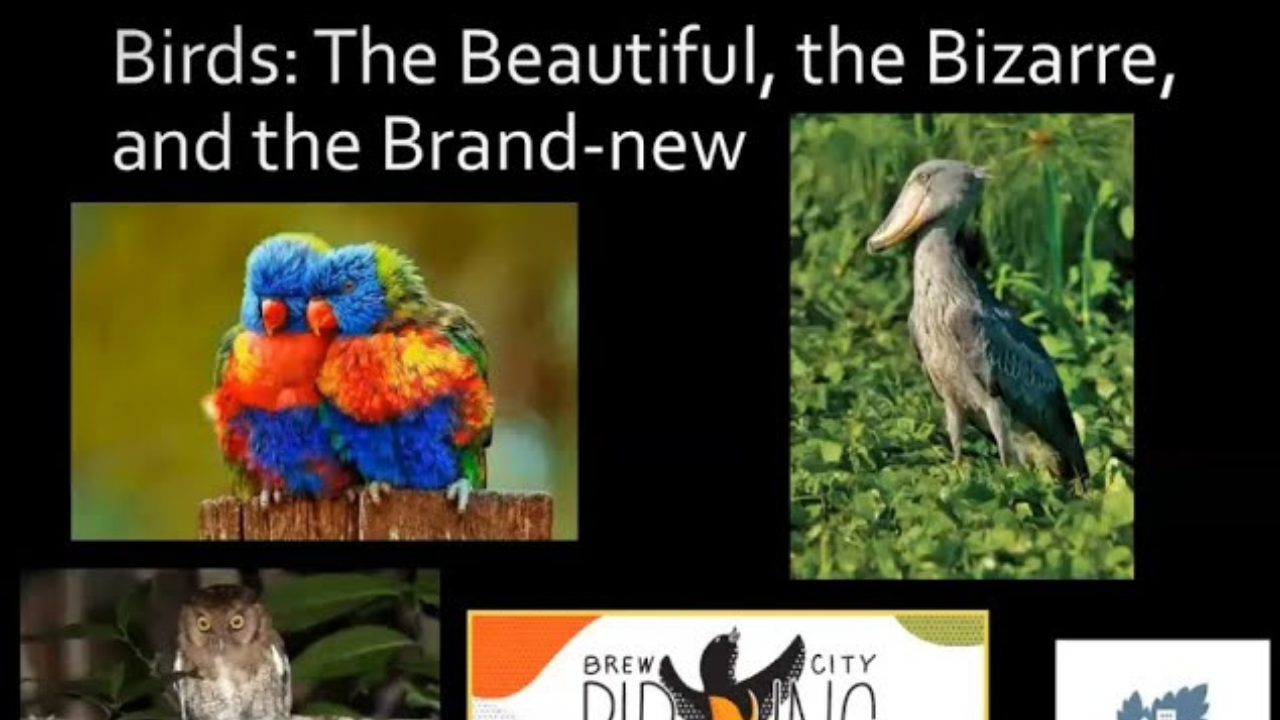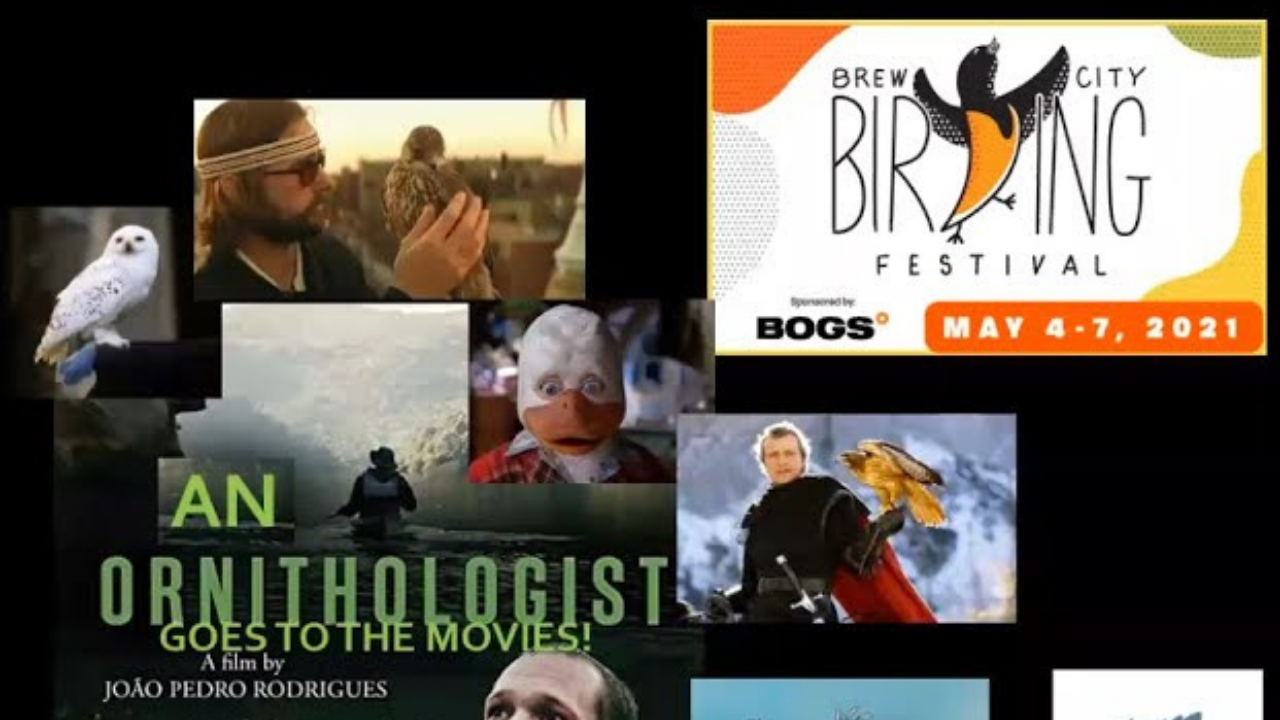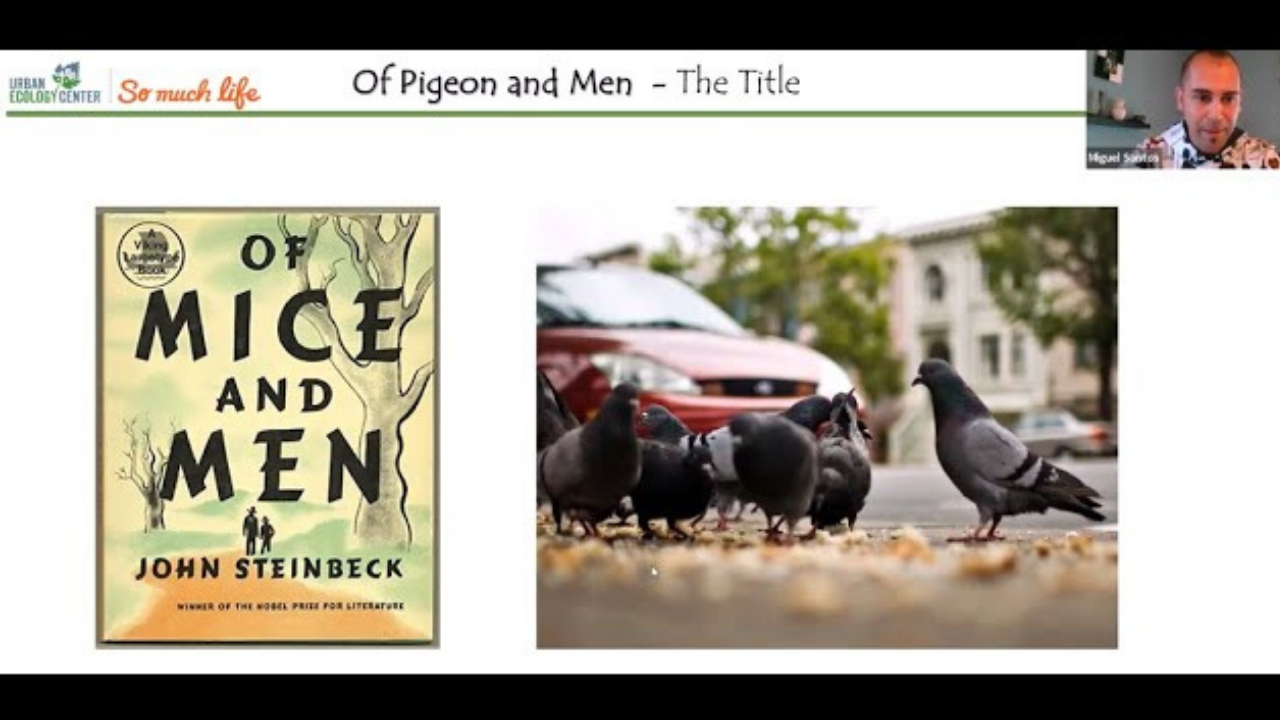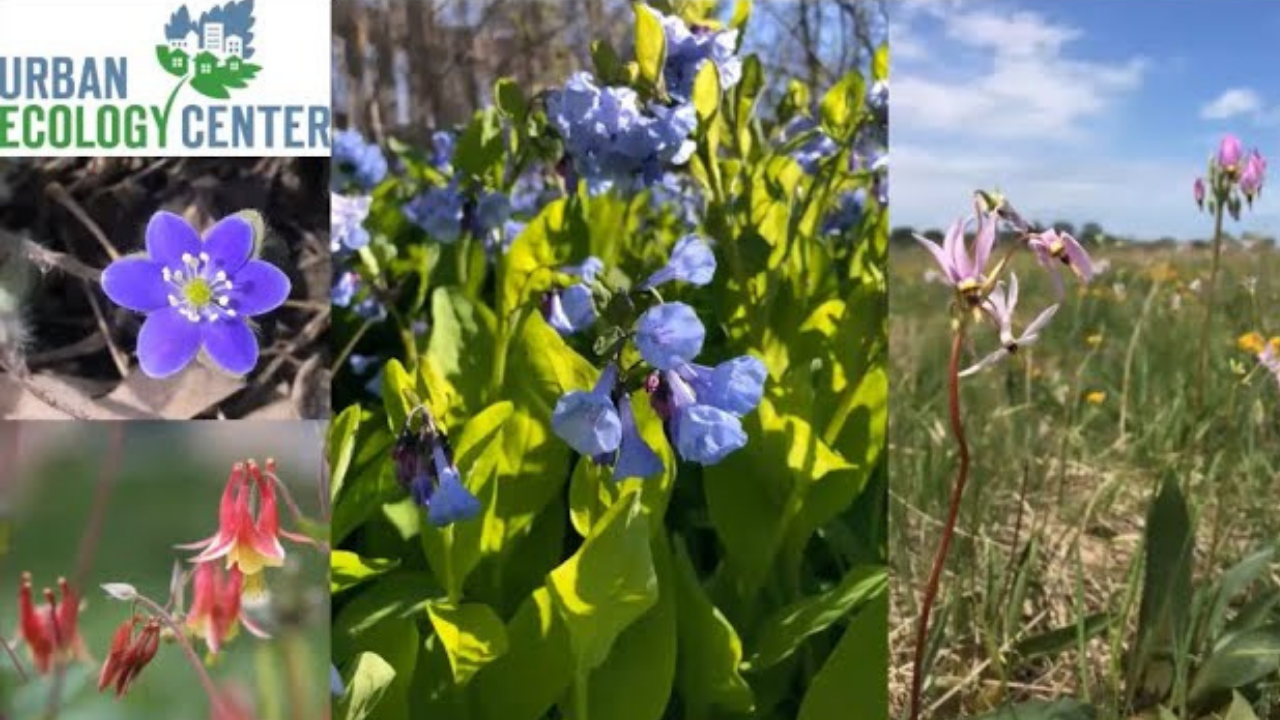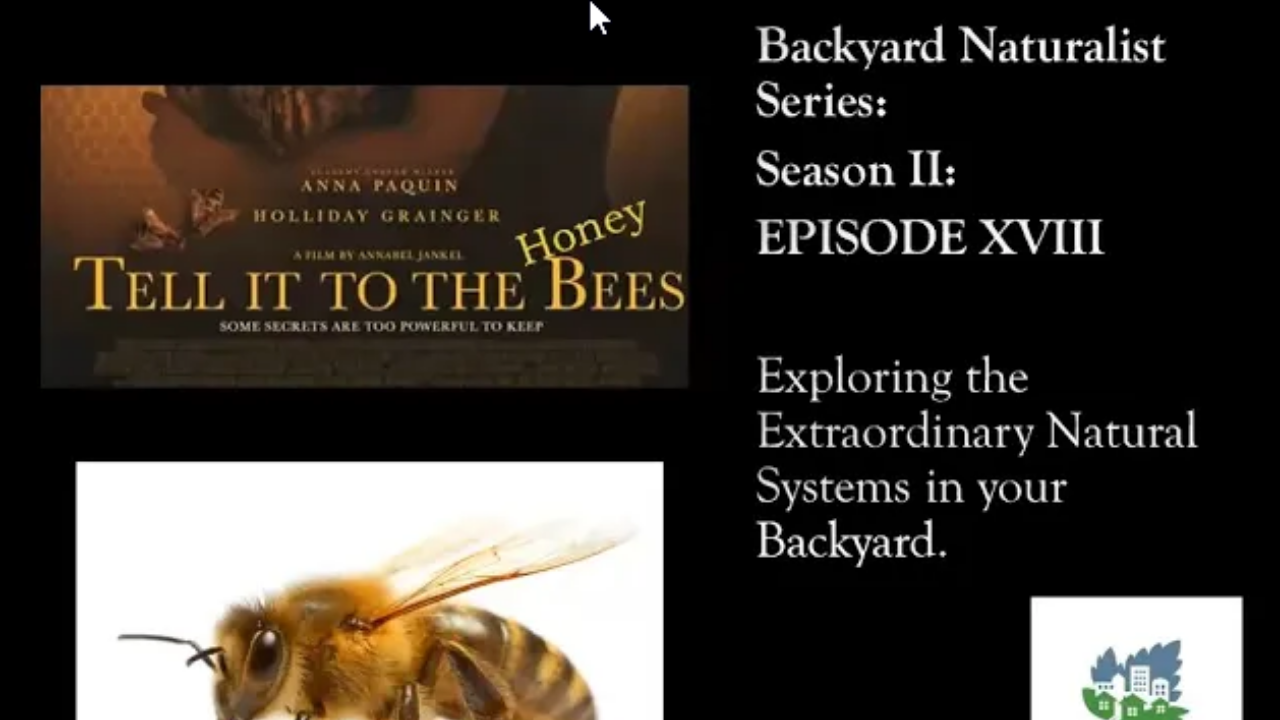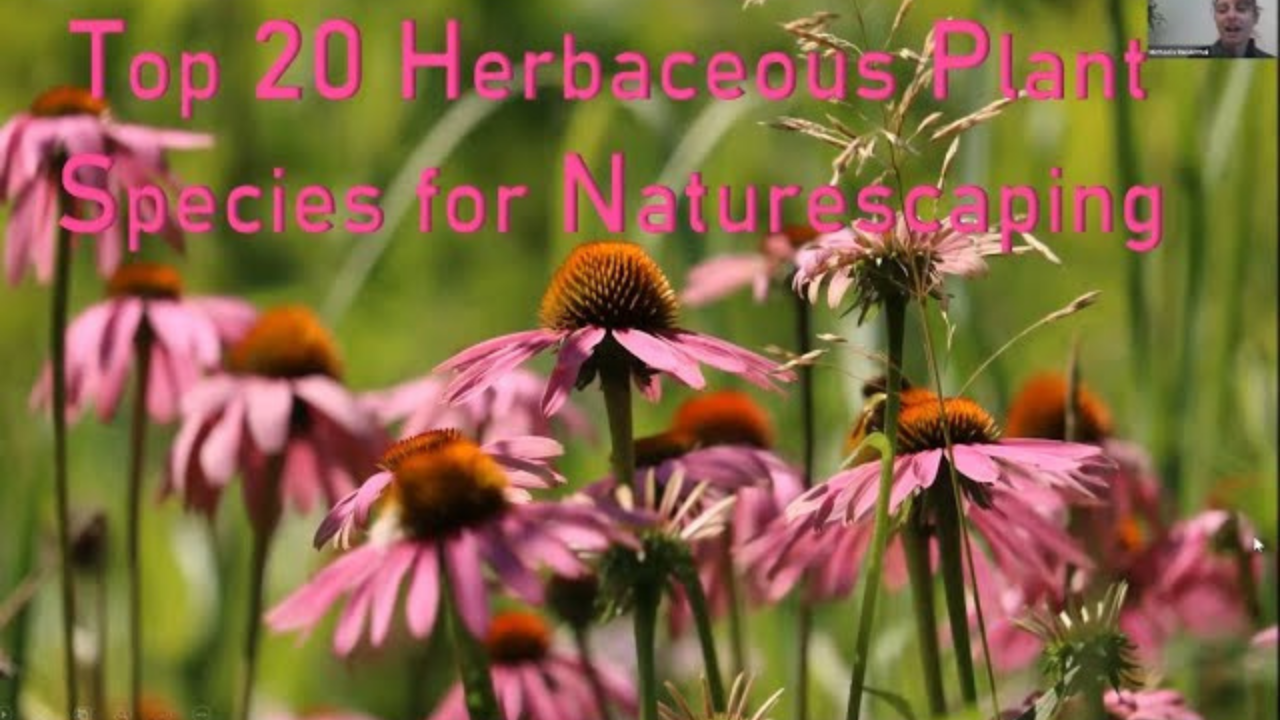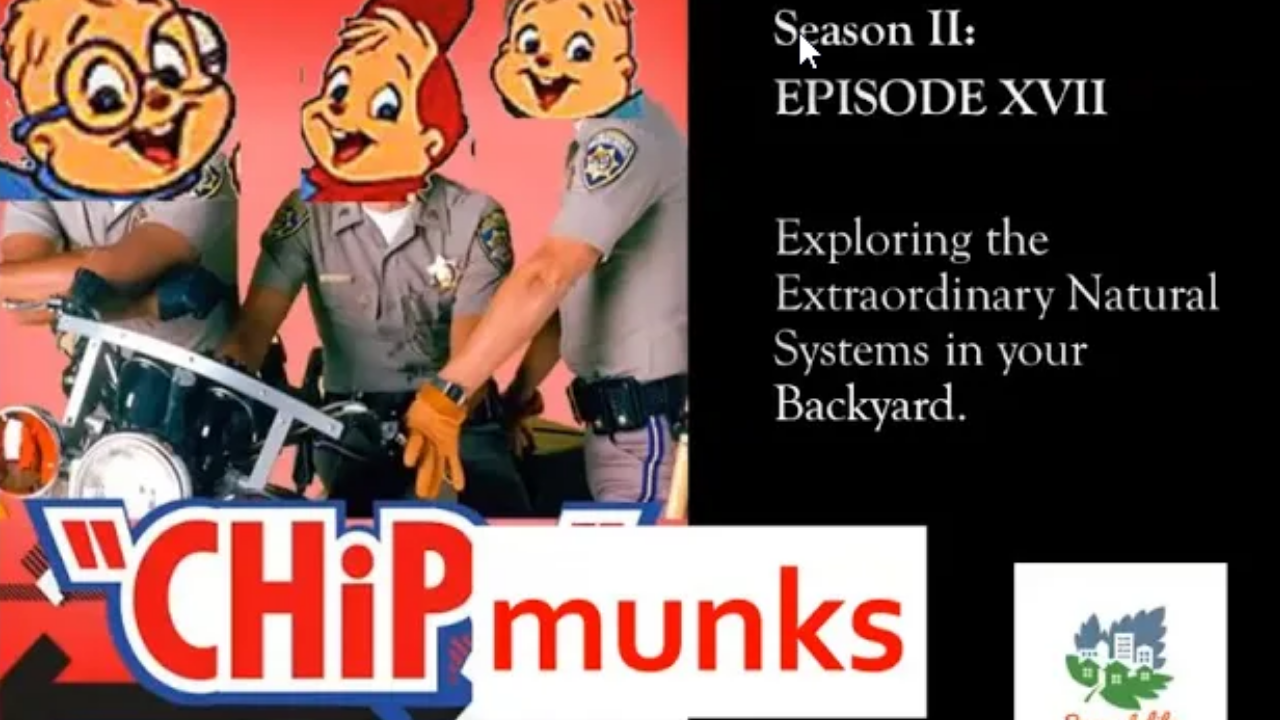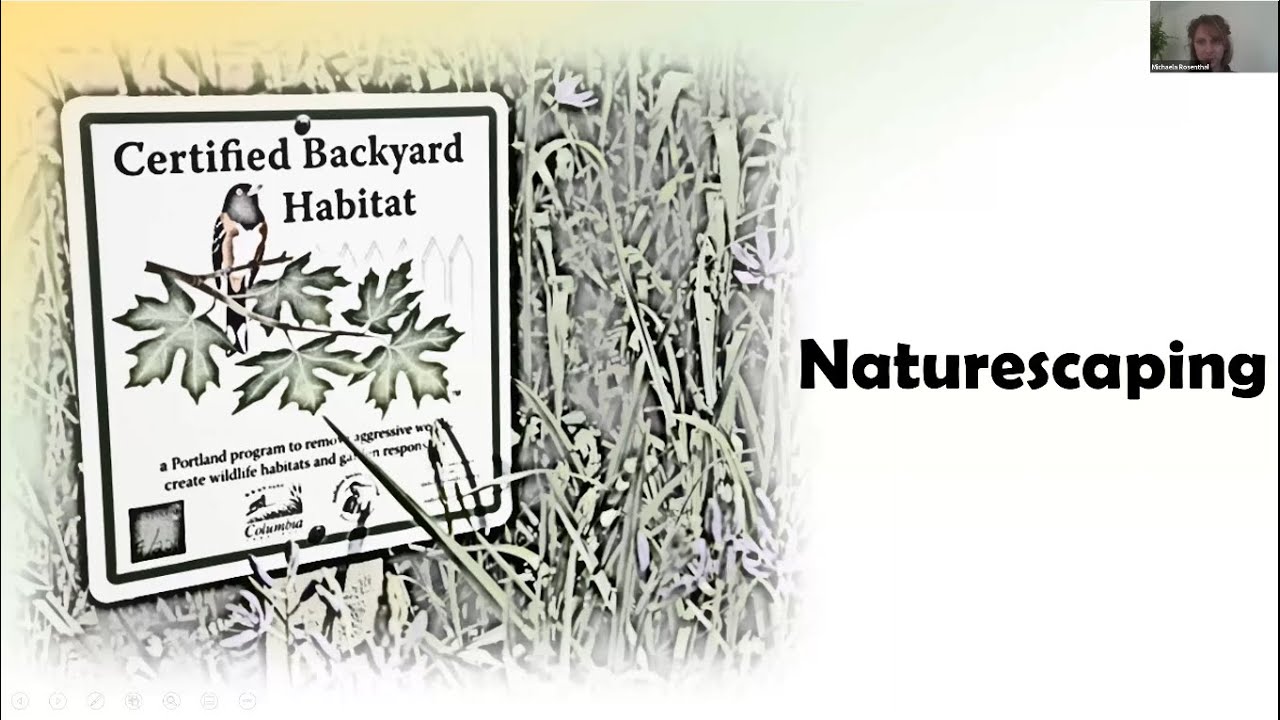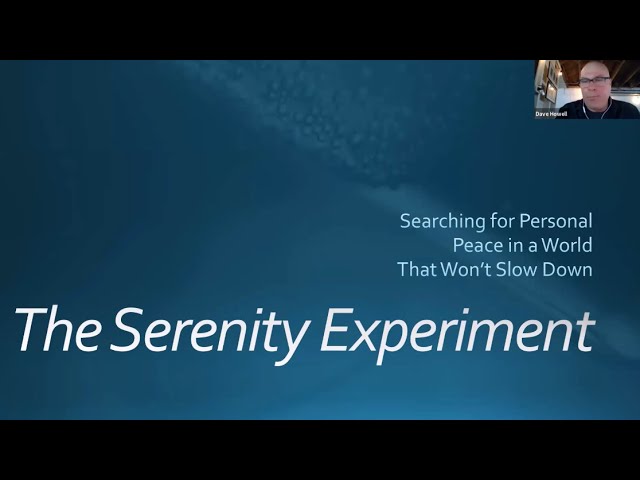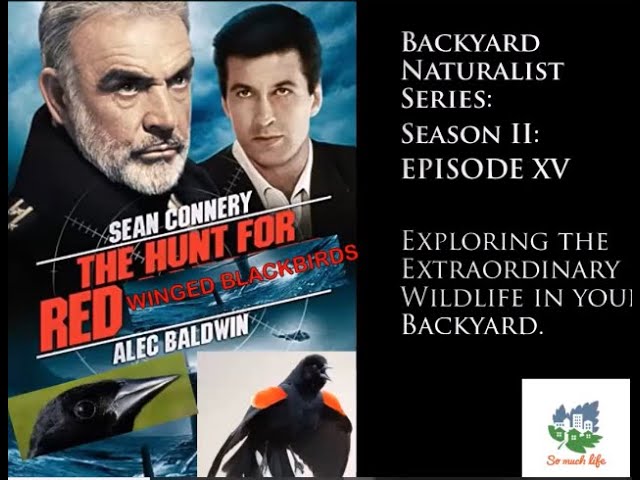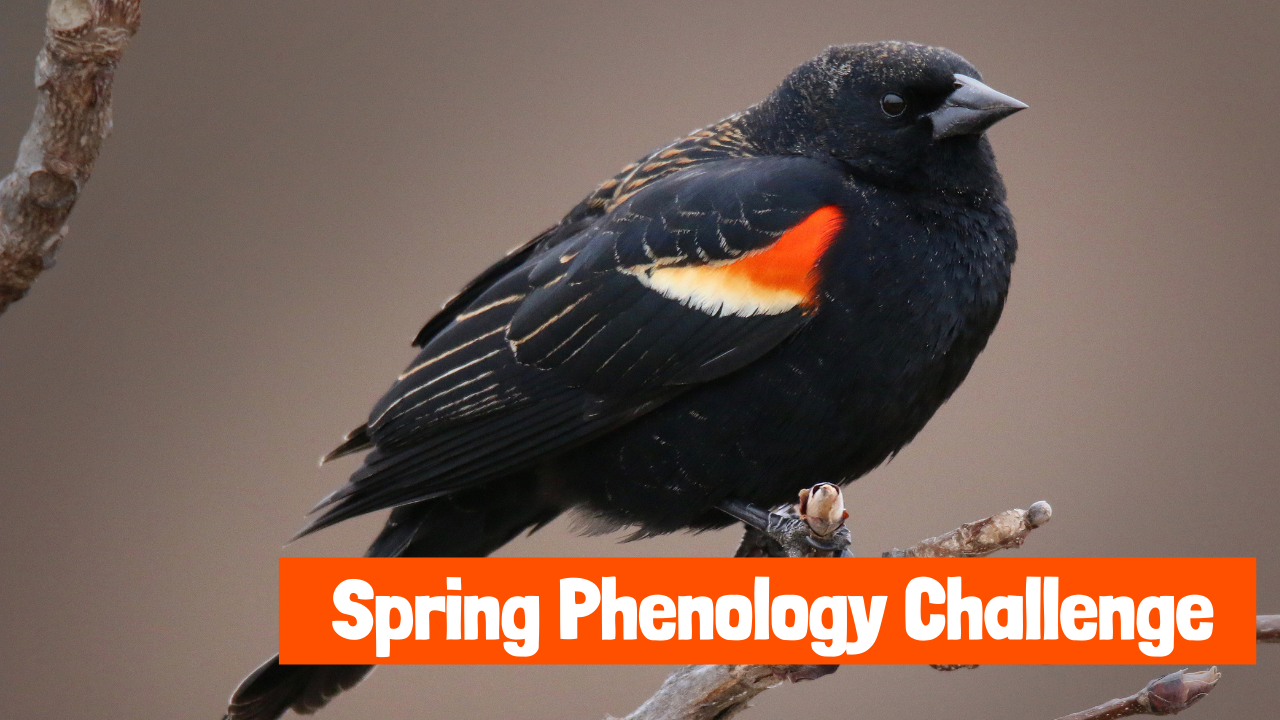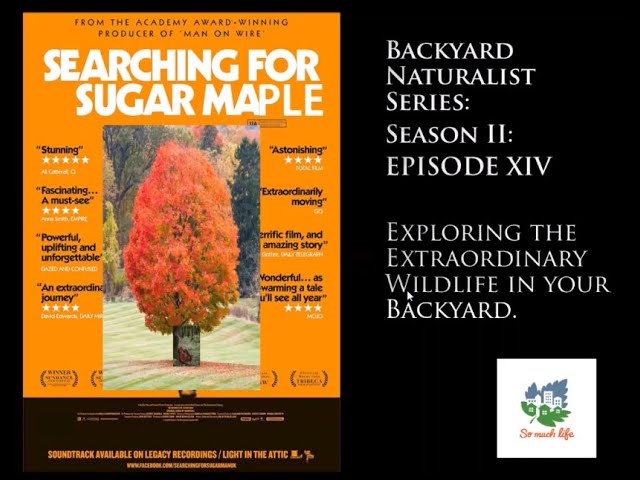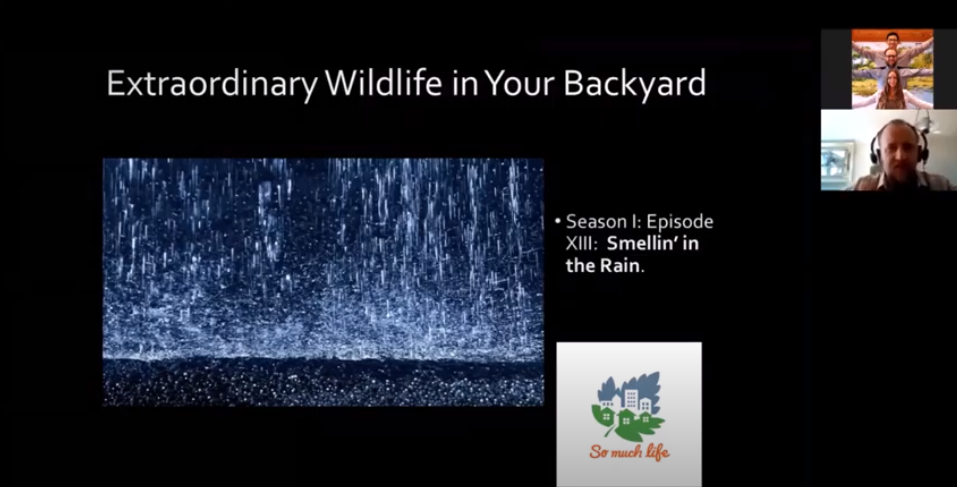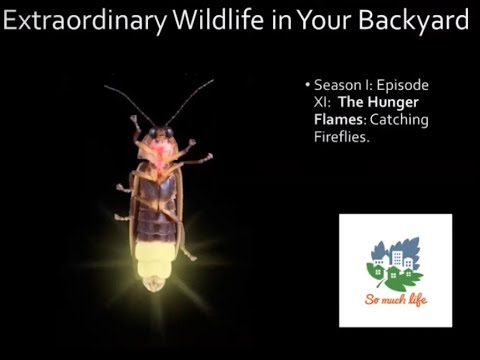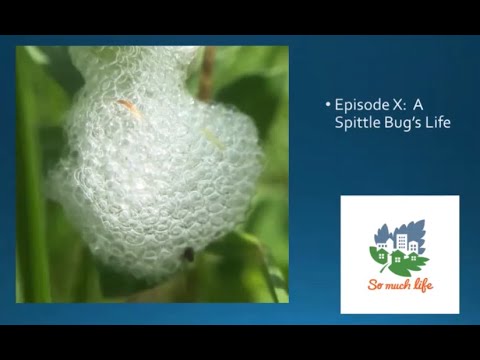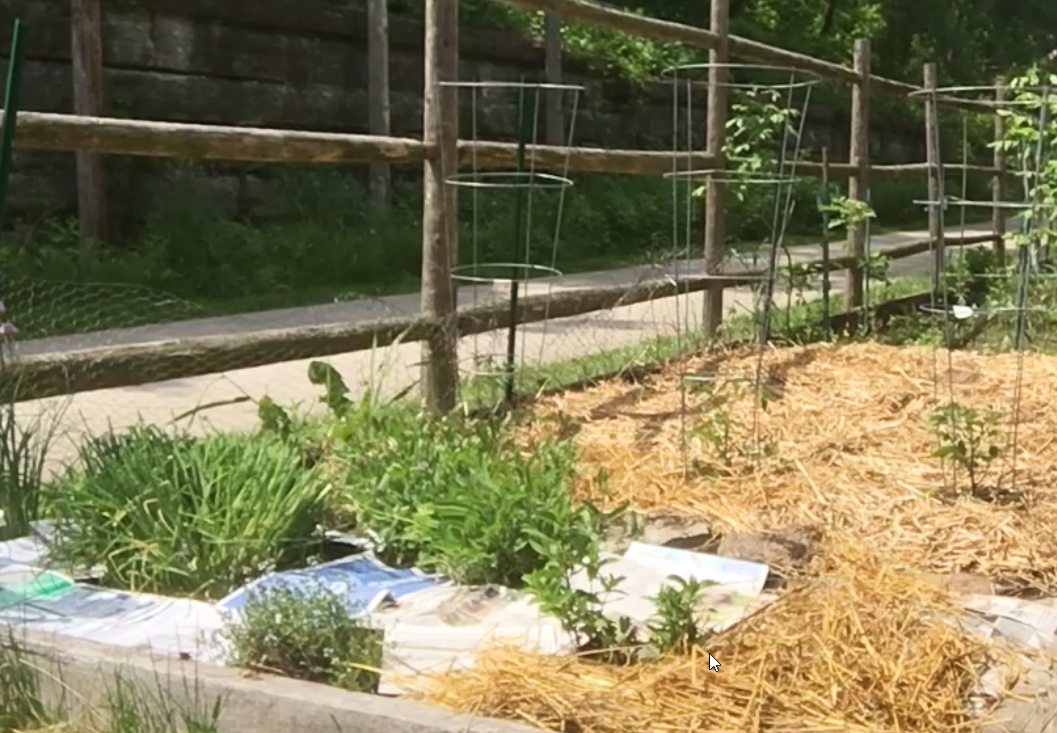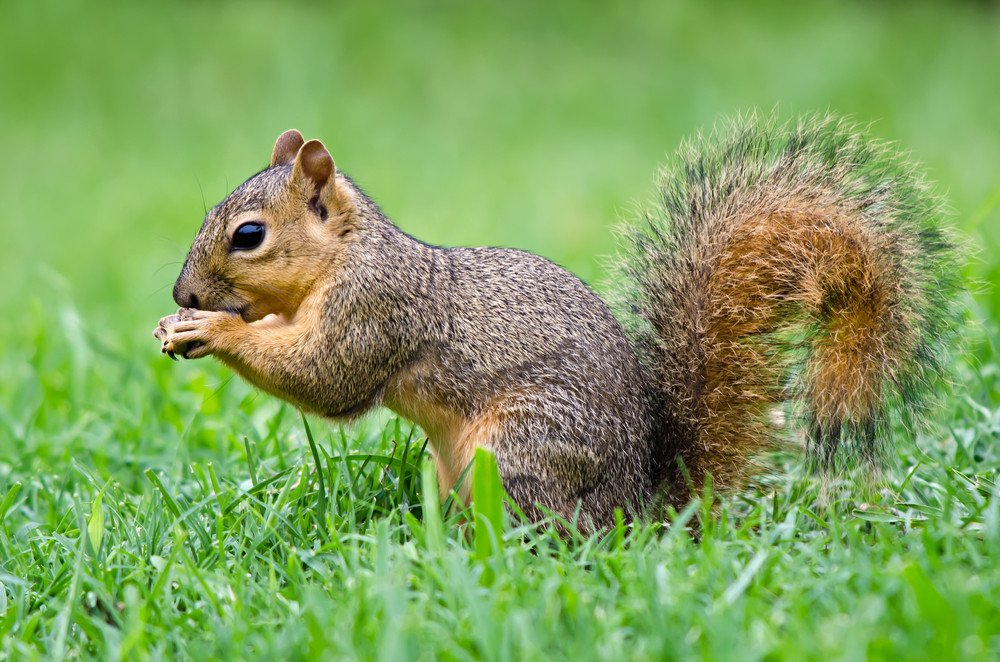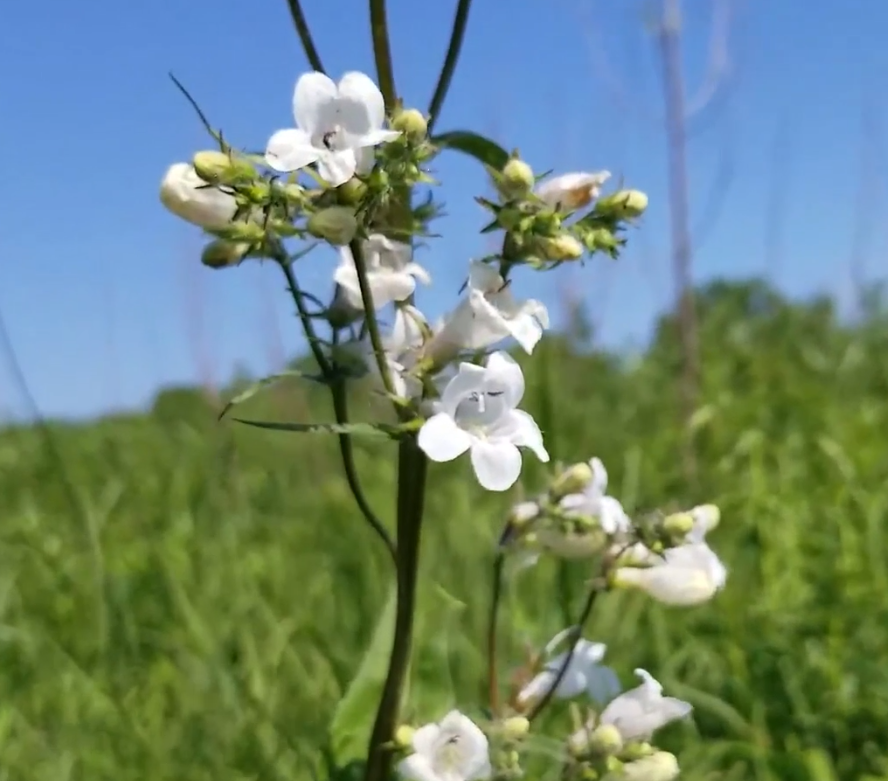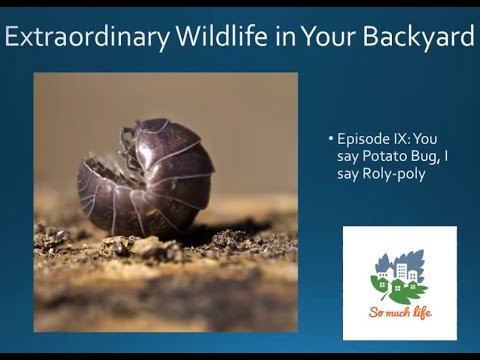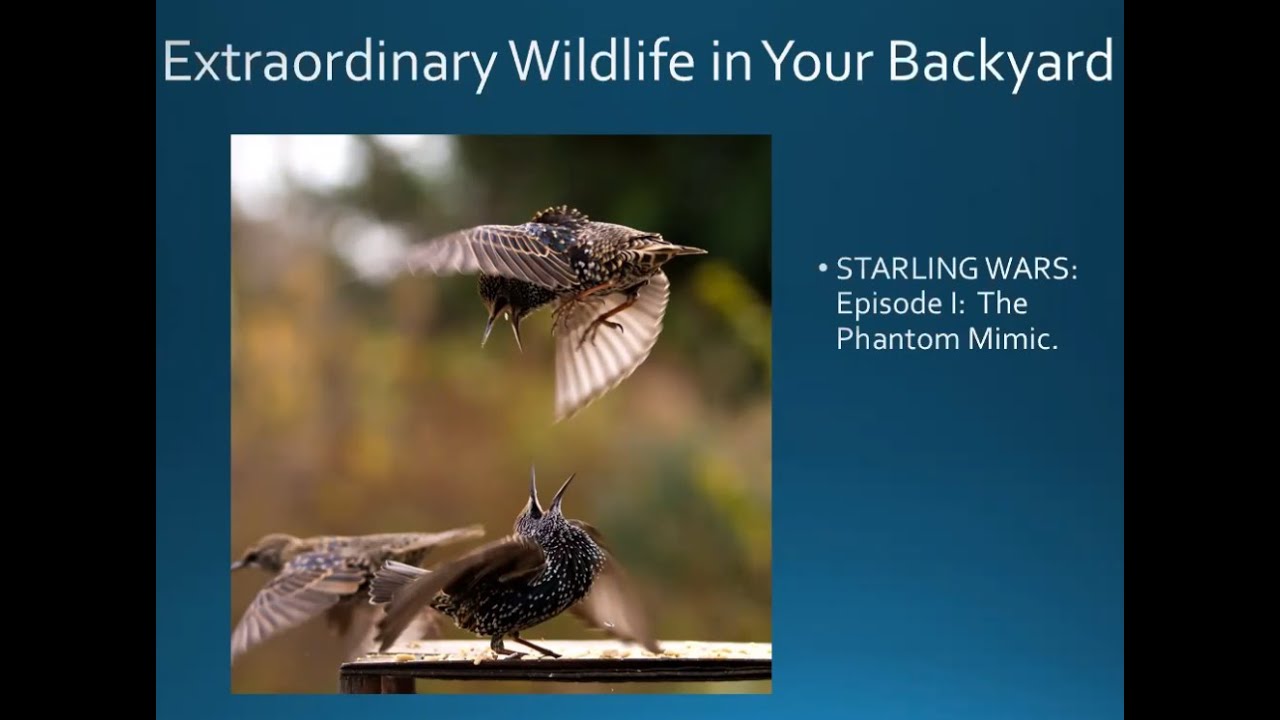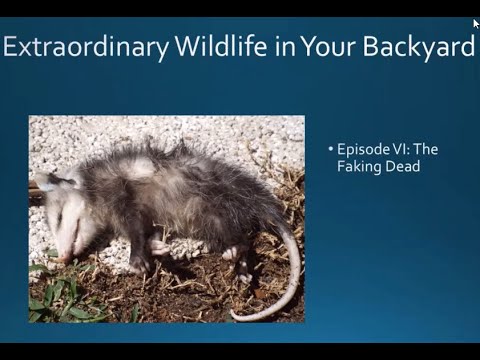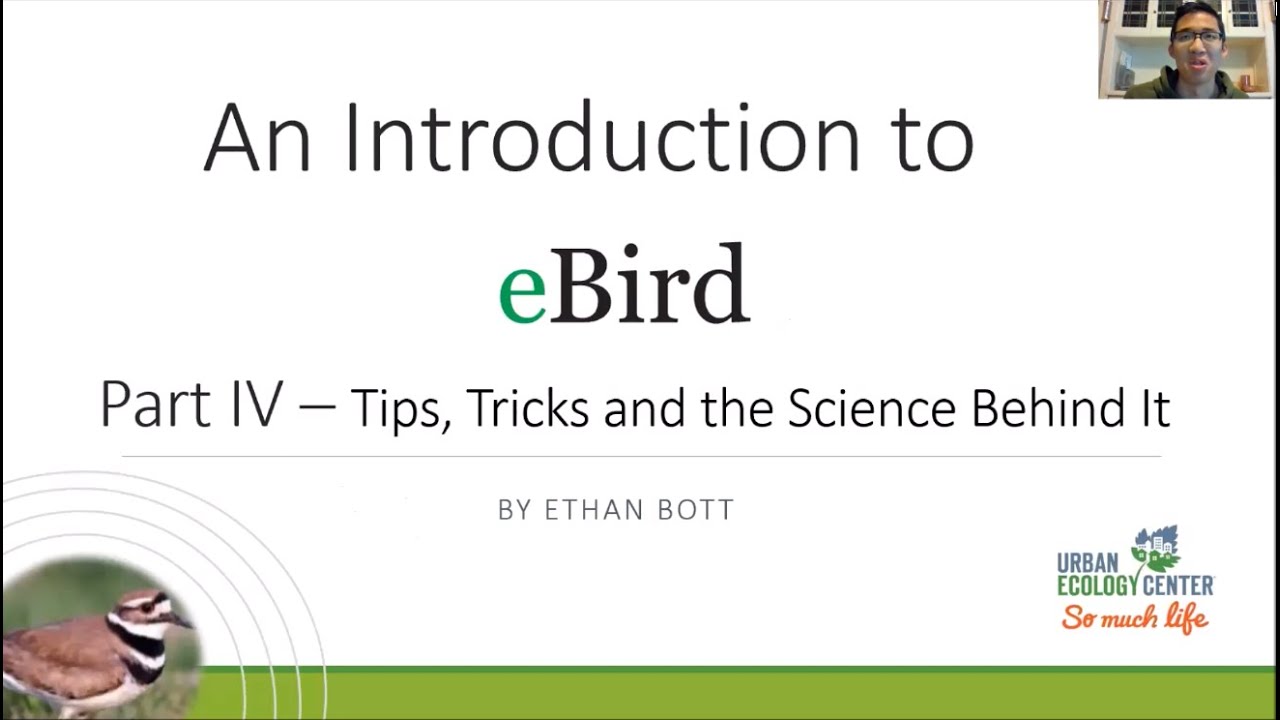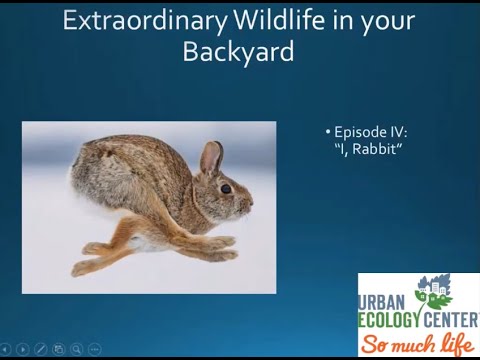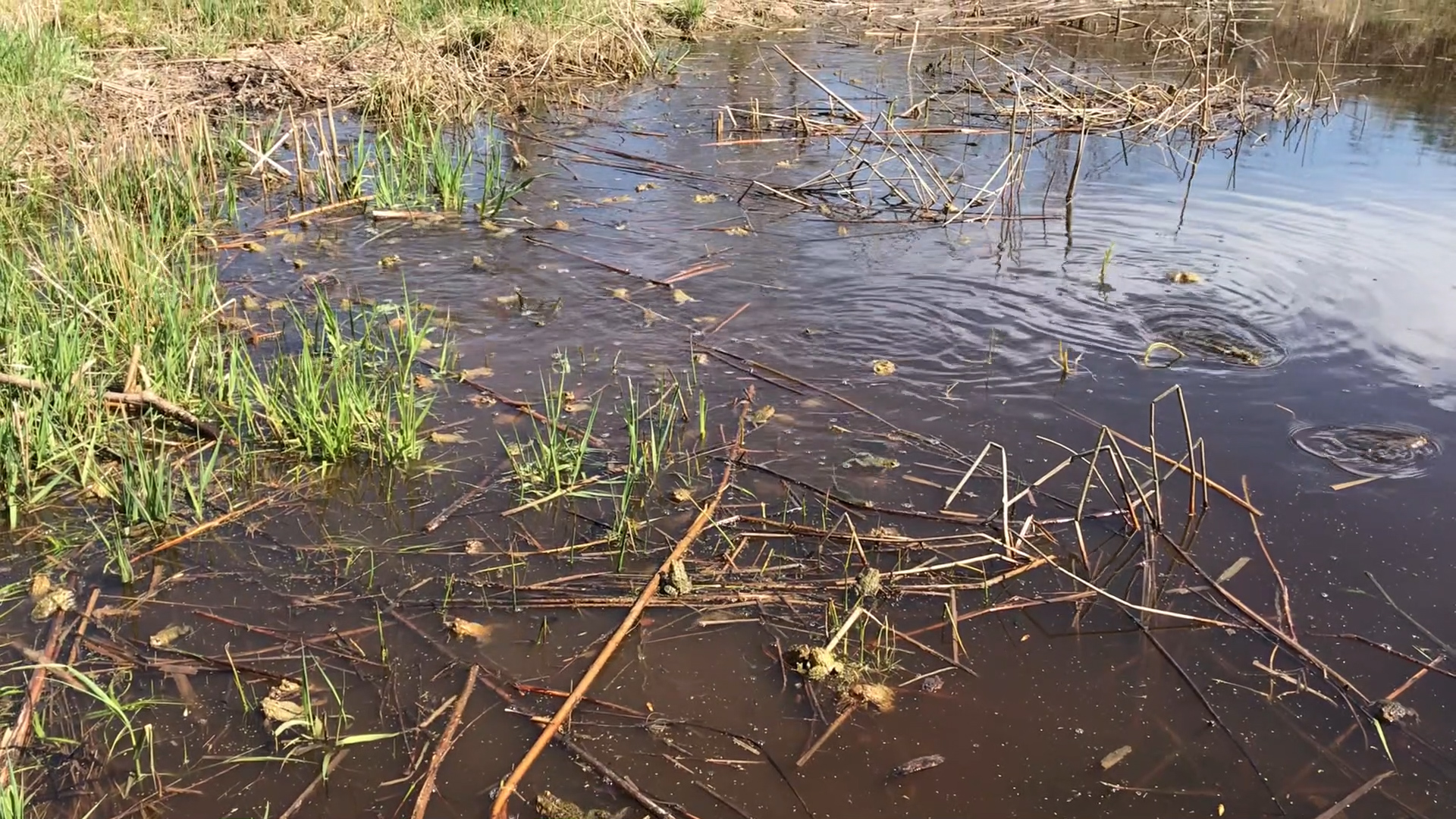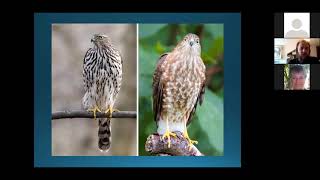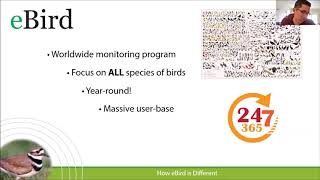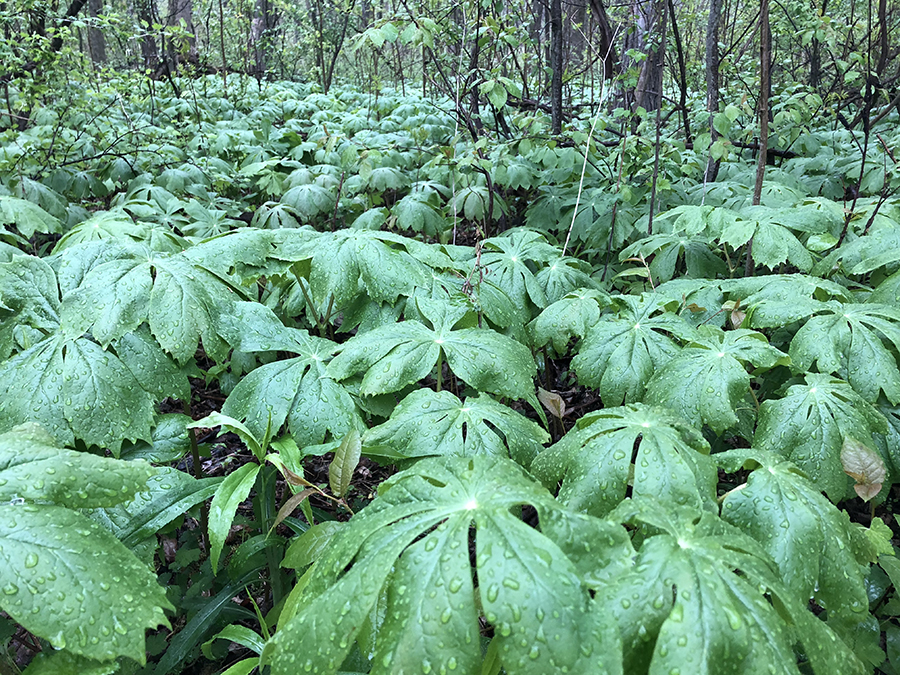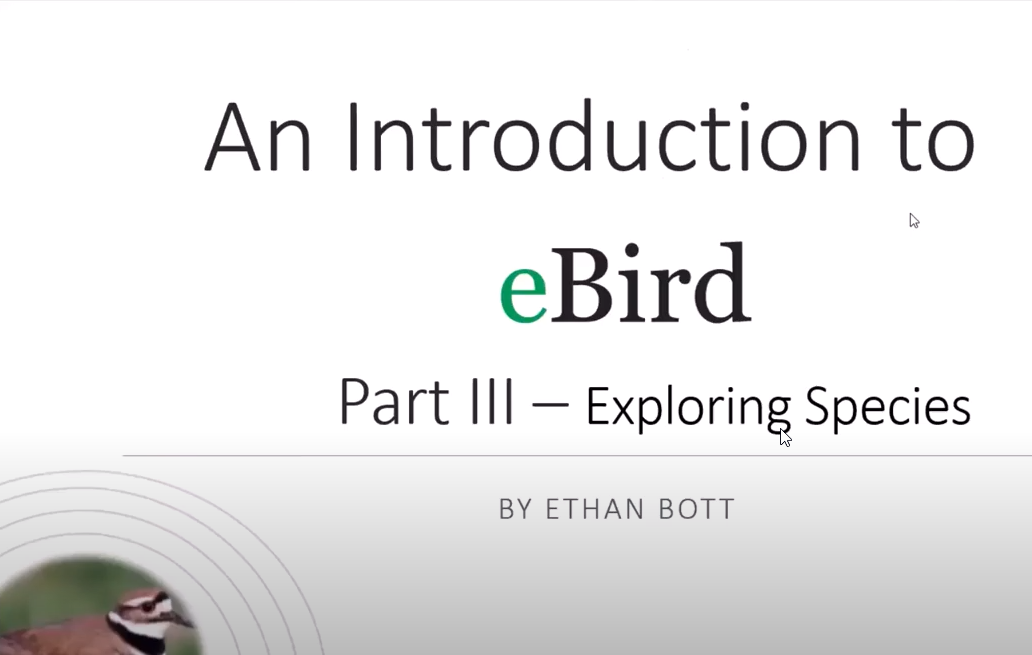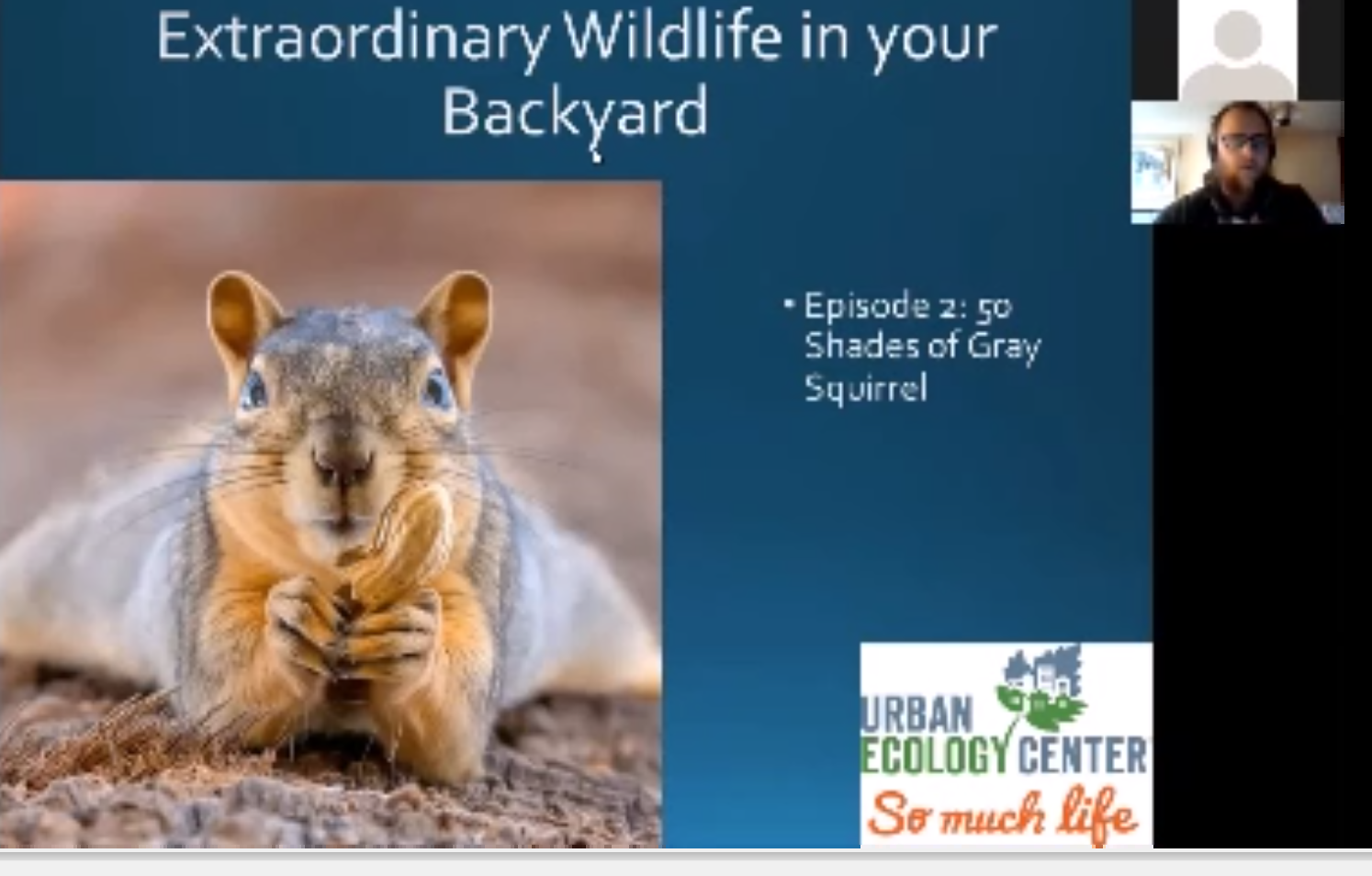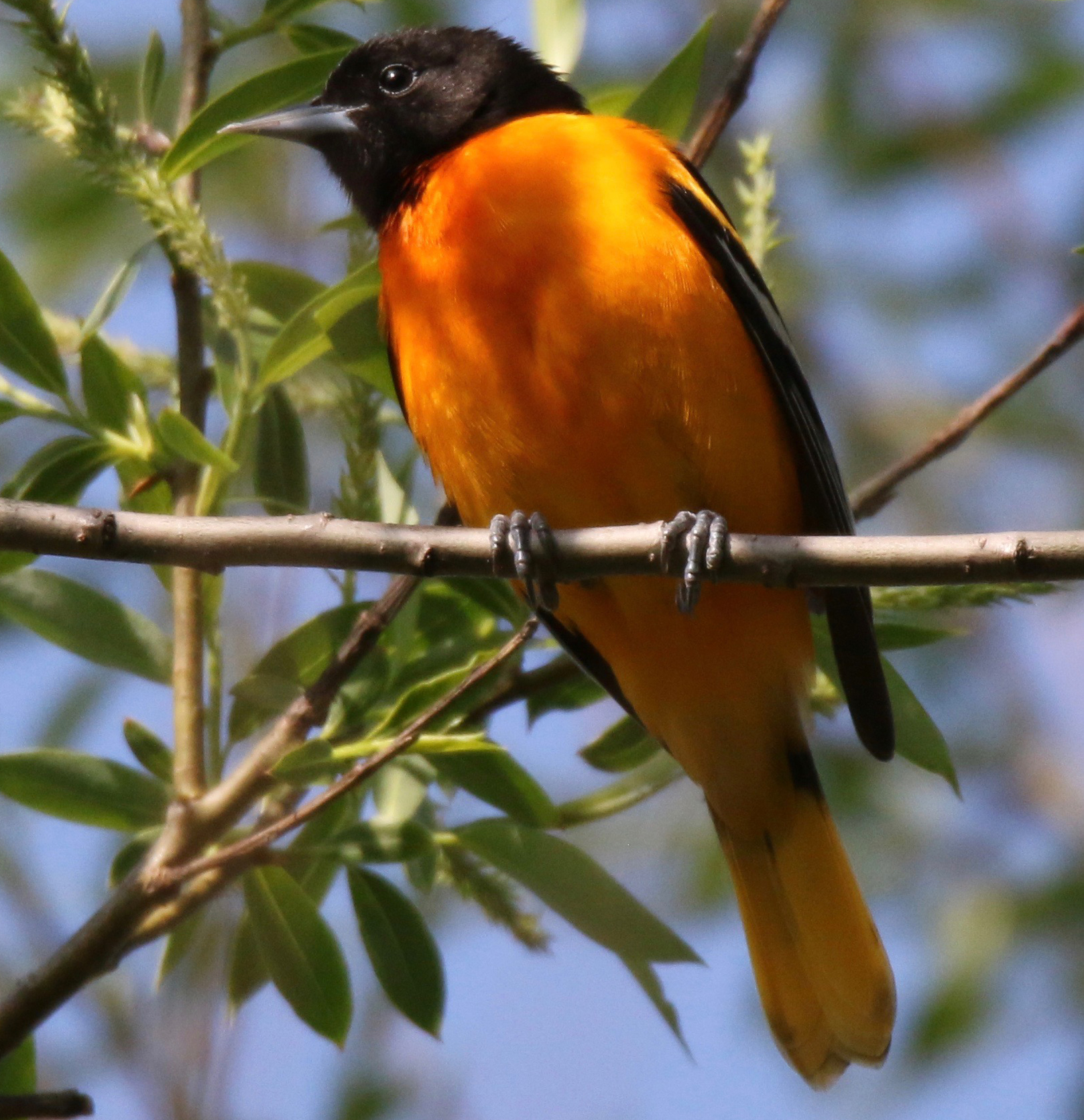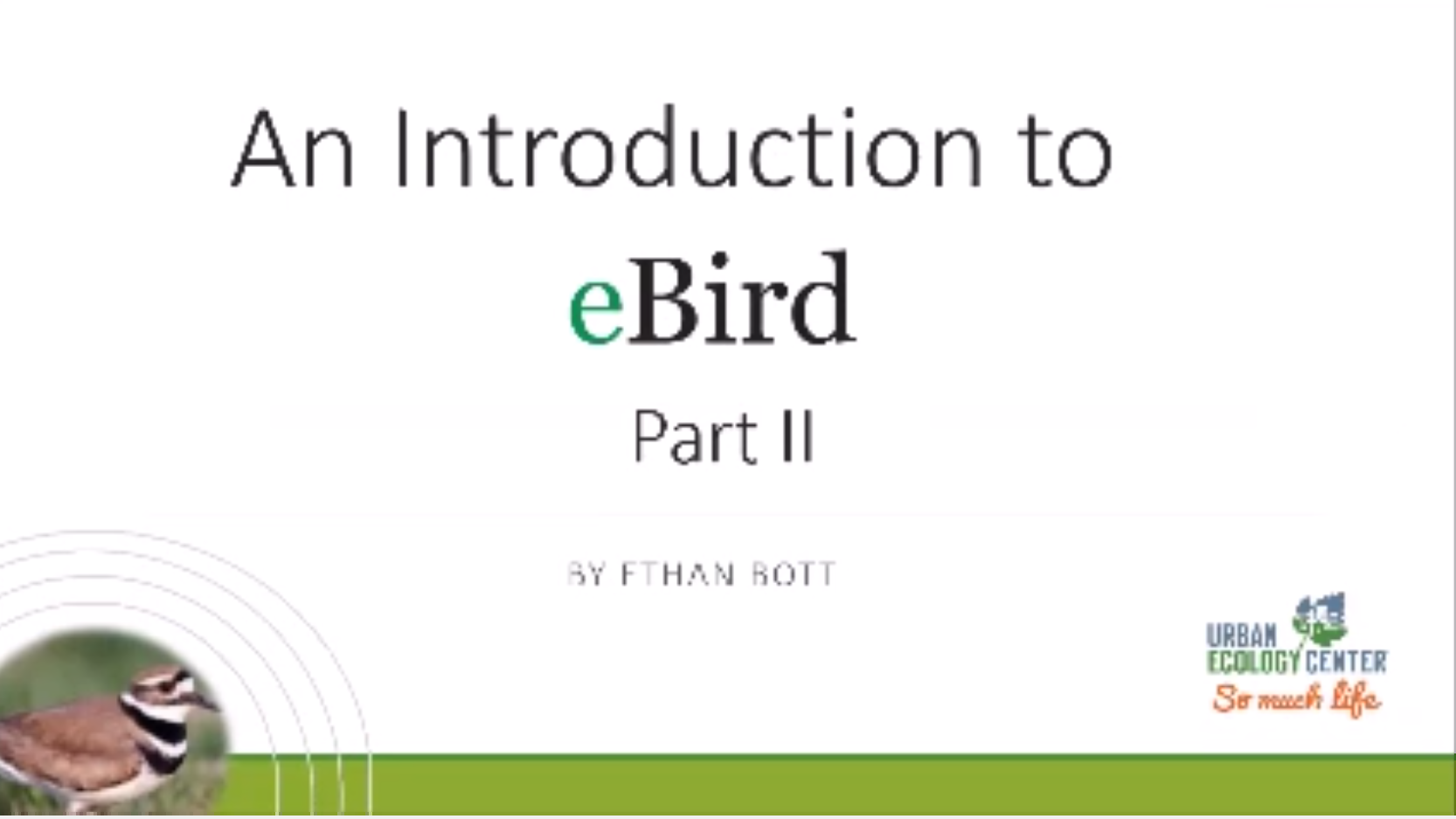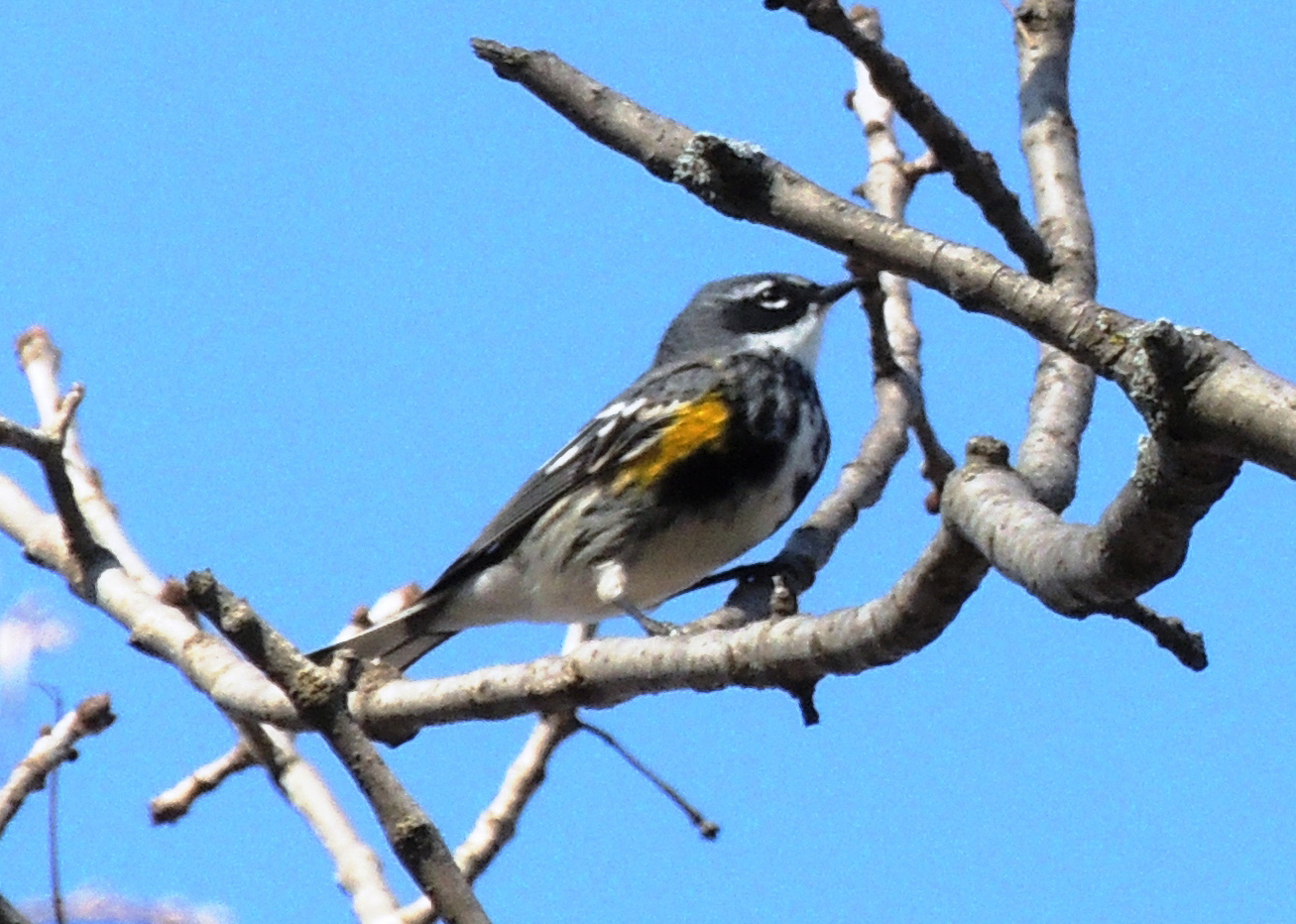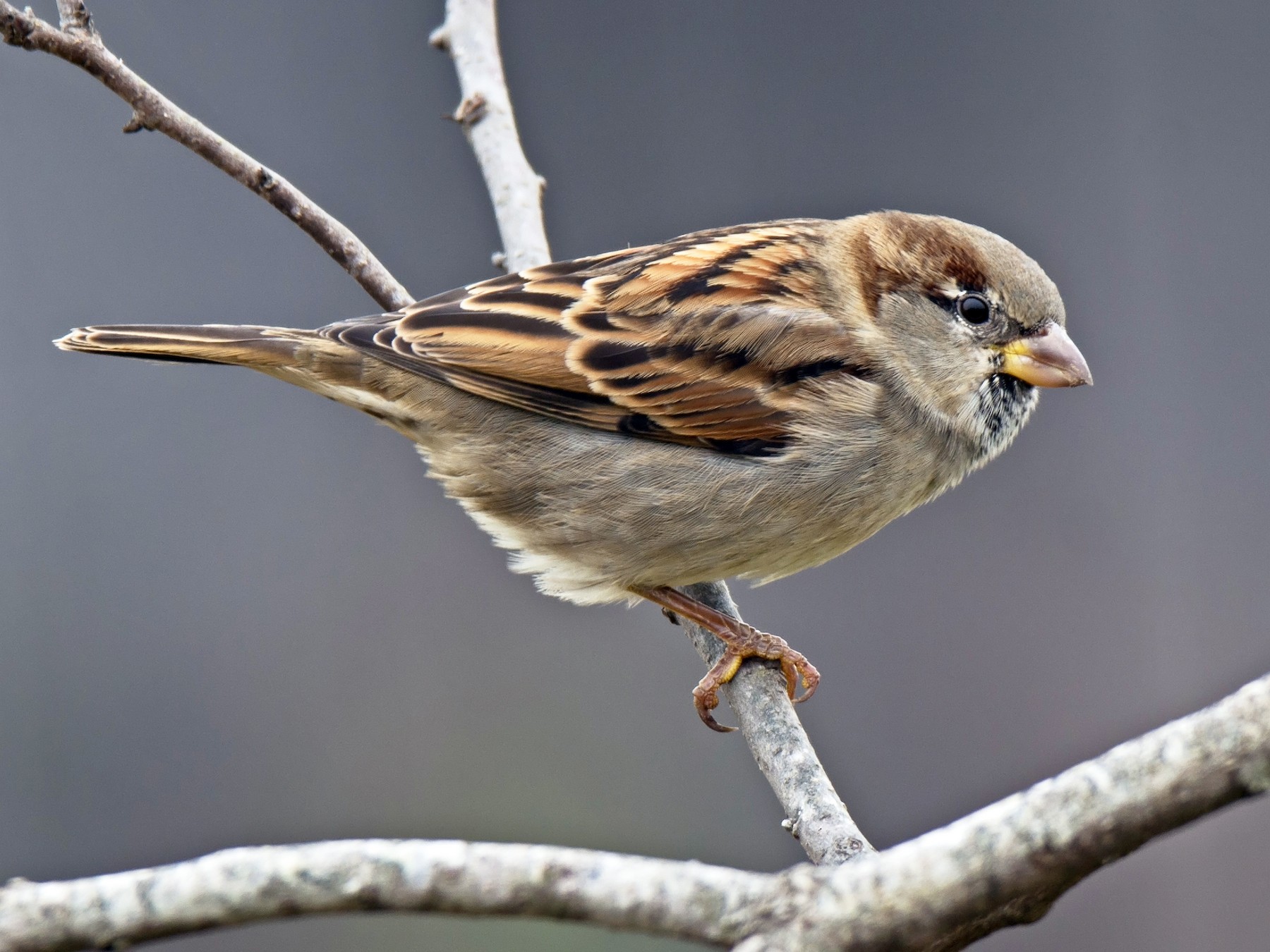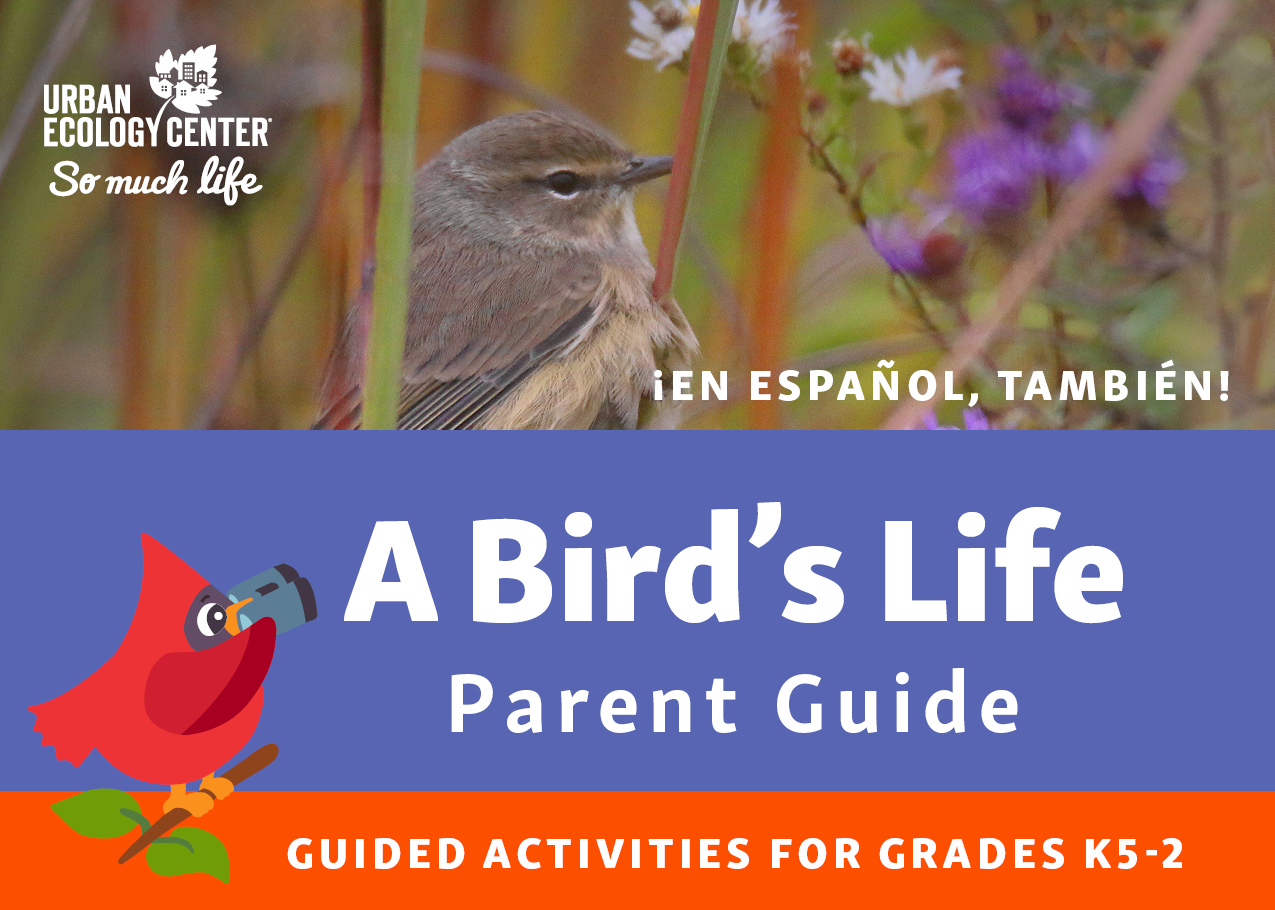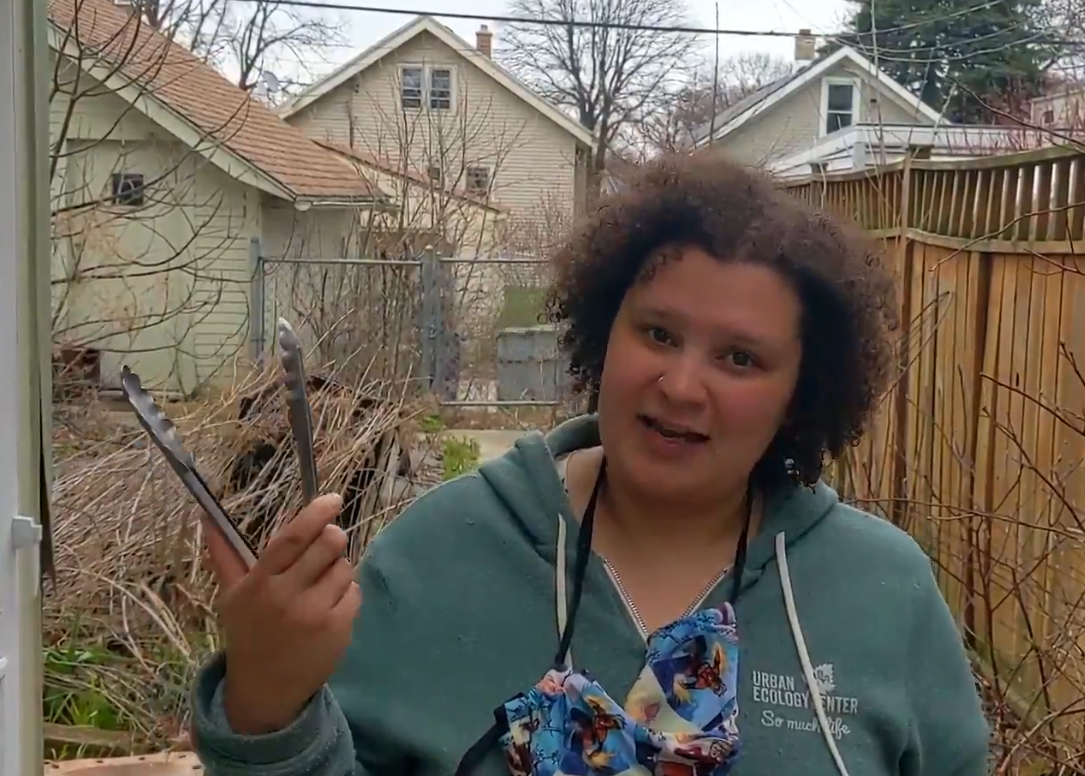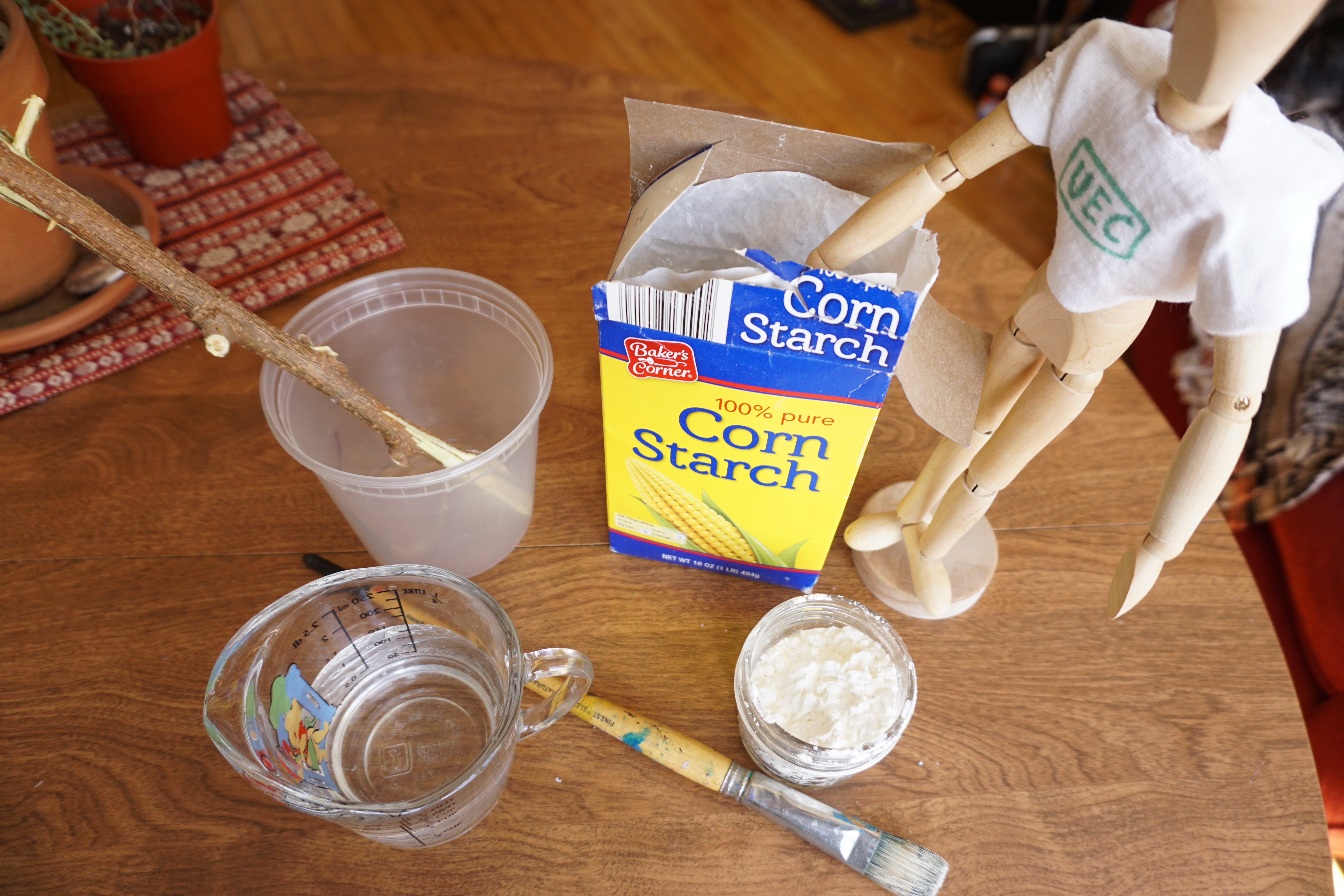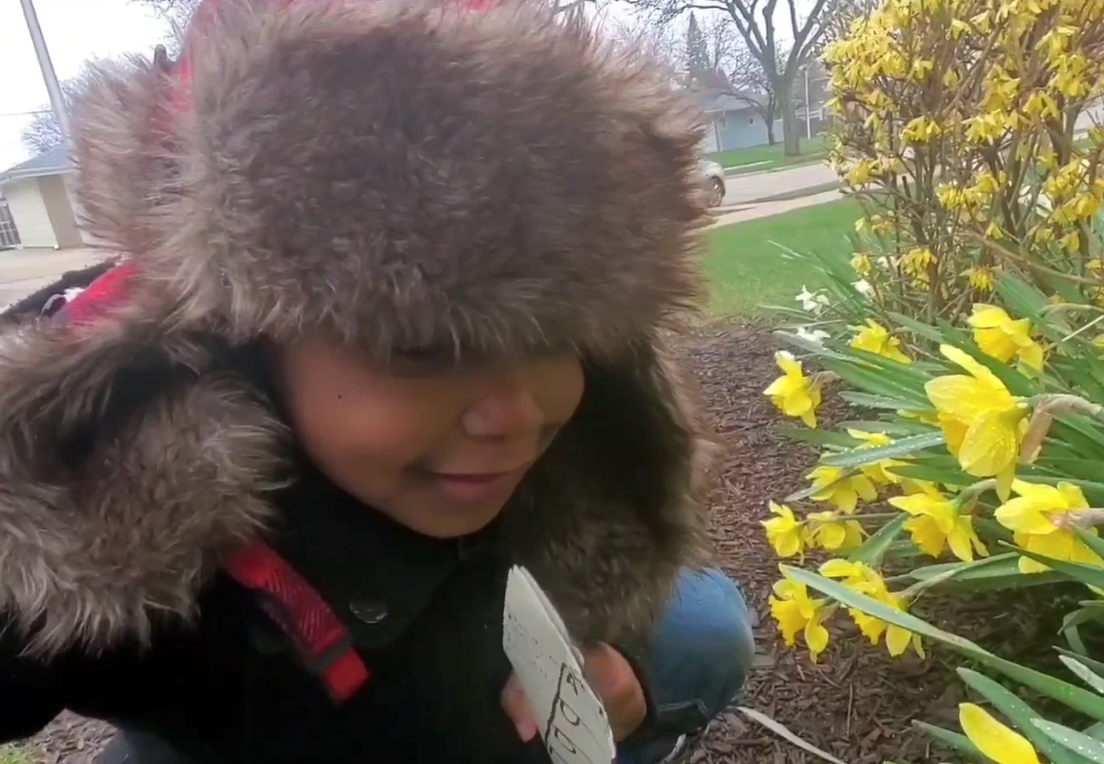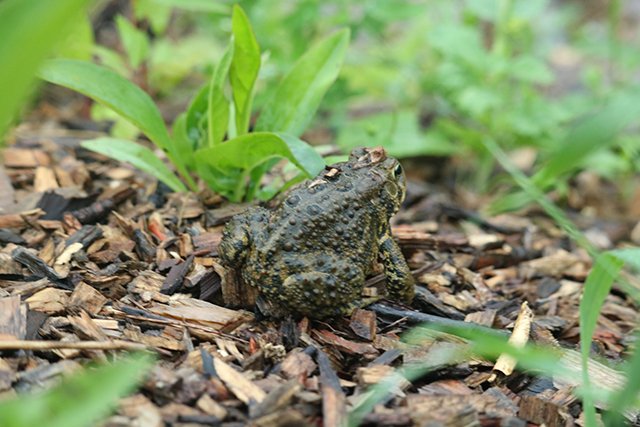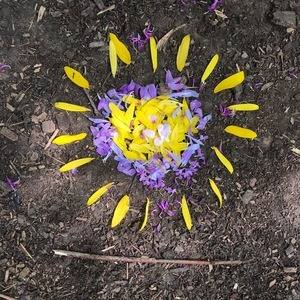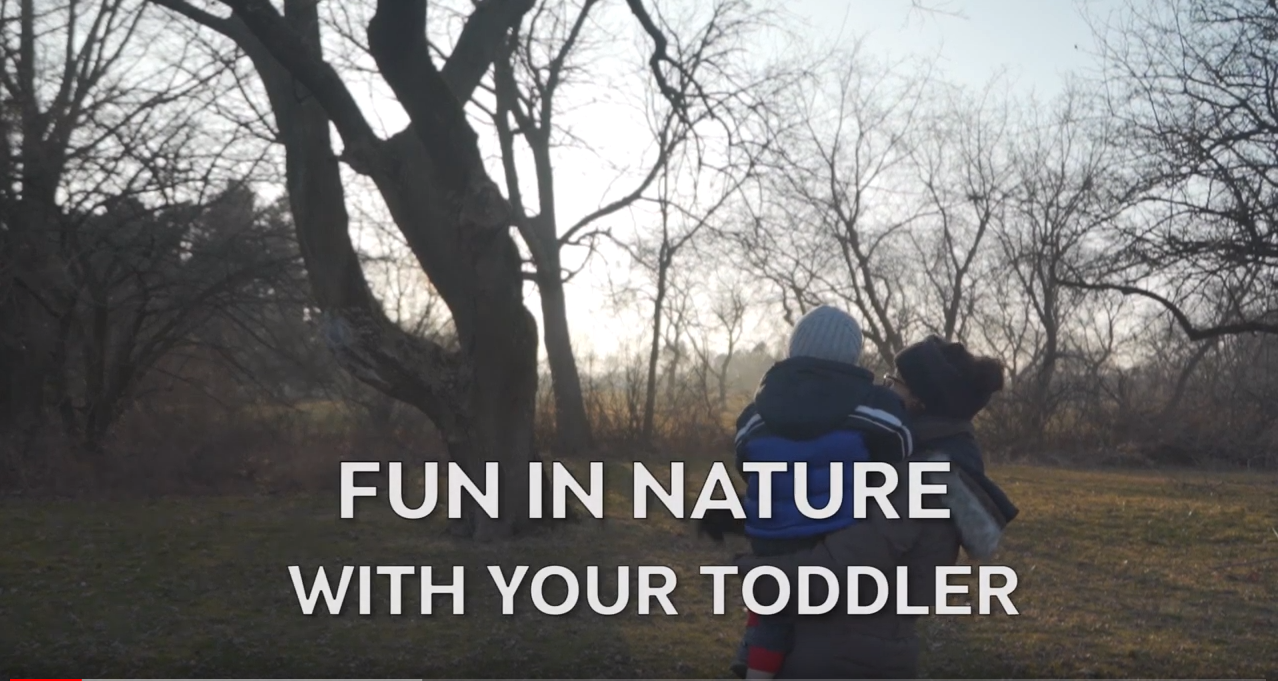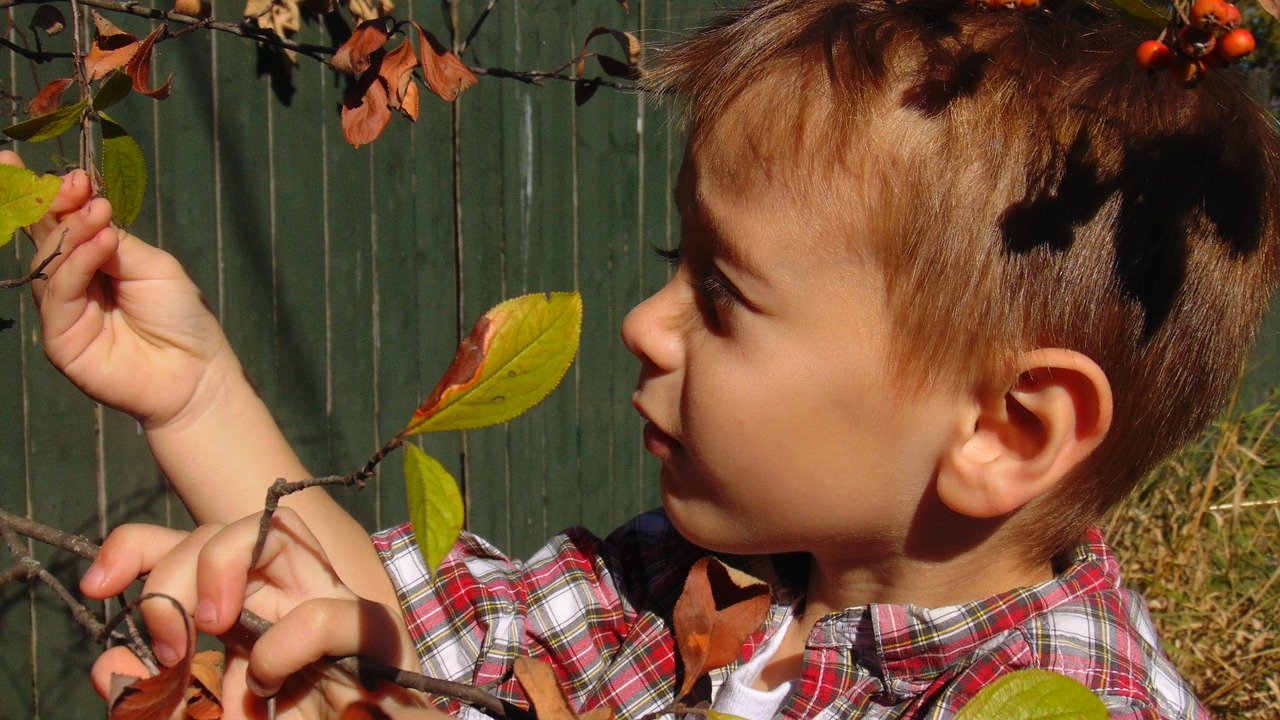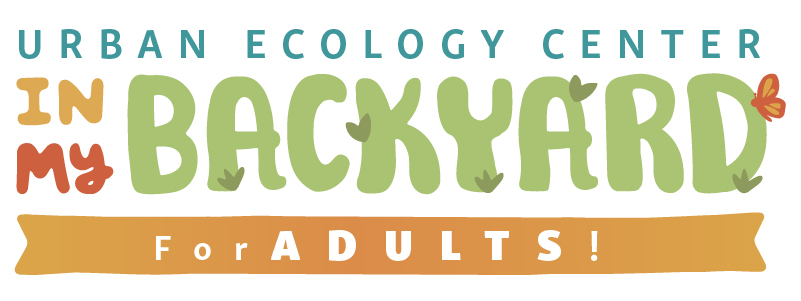

Adults can find resources here that will improve your knowledge of native plants, backyard wildlife, and that will foster learning for your kids here. Whether it's through virtual lectures or through in-depth blog post, you can find it all here!
Become a subscriber to our Backyard Naturalist series today.
Join us for the second week in a row of snake stories! We'll talk venom, some of the extraordinary species, and their long and complicated relationship with humans.
More
I'm not sure which animal invokes a primal fear more - a spider or a snake. But neither of them deserve it. Snakes are amazing creatures and here in Milwaukee none of them are venomous, yet they have great stories to tell.
More
Wisconsin is the badger state but how much do you really know about the American Badger? Join us to learn all about these scrappy carnivores from their propensity for burrowing to their ability to befriend coyotes.
More
North America has lost nearly 1/3 of its bird population since 1970. WDNR Conservation Biologist Ryan Brady shares simple actions to help our feathered friends at home at a time they need it most.
More
Join us as we look into the Chromista Kingdom, the most important group of organisms you've never heard of. Yet it caused the Irish Potato famine, Toxoplasm (the disease we get from kitty litter), and malaria.
More
They poop in your garage, they can swim up your toilet, but they also are one of the few animals that show empathy and they probably laugh! Join us for a history of the rat and the intertwined history they've had with humans.
More
It’s flu season, yuck. Stay well and join us for a part 2 on the flu and learn more about influenza, pandemics, and zoonotic diseases.
More
The Brown Marmorate Stink Bug is fairly new to North America and, like the Asian Ladybird beetle, they've found that our houses are great places to hunker down in the winter.
More
Join Matt Flower, Environmental Education and Early Childhood Specialist, as he demonstrates how he uses the TELS acronym to guide open-ended outdoor exploration of the wild spaces in and around your neighborhood.
More
Coffee fuels the world - and it's my beverage of choice when exploring the beauty of my backyard. Bring your best cuppa joe along on this virtual journey of the natural history of the coffee plant!
More
Latkes and Hannukah are a natural pairing and a great time to look at the natural history of the Potato plant, which for some is part of their backyard plant community.
More
Join us as we talk about the longest running community science project in the Western World, as well as how the data are used and how you can participate.
More
We'll join Plastic-free MKE co-founder, Meenal Atre for a talk on how to reduce waste this holiday season with sustainable alternatives to conventional gift wrapping - which has a multitude of benefits for our collective backyards.
More
Chances are you ate some cranberries yesterday and you might feel a bit stuffed! While your body digests we'll let the cranberries tell us their natural history stories while we relax at home this Thanksgiving!
More
We've featured backyard bees and backyard pigeons - now it's on to backyard chickens. Join Michelle Milford for an up close and personal look at how some folks in Milwaukee and other cities keep a fresh supply of eggs in their backyard through chickens.
More
One of the best views from our backyard is the sky, which is often full of beautiful and fascinating cloud types! Join guest host Dr. Jonathan Kahl, Professor of Atmospheric Science at the UWM from the comfort of your home screen.
More
It's flu season, yuck. The flu is a potentially deadly virus that also has some interesting stories to tell. Stay well and join us for the history of these elusive viruses.
More
Water is one of the strangest liquids on the planet and it’s a good thing because these strange qualities allow for life to exist as we know it!
More
It's Halloween, so of course we're talking about bats - the second largest group of mammals after rodents. Sit back with your favorite blood orange juice and join this creepy cool installment of the backyard Naturalist.
More
Animals face strong evolutionary pressure to avoid detection by predators and prey. One of the ways they do this is through camouflage. Join us as we explore why and how animals use camouflage and test if you can spot some of them.
More
Without water we are nothing. And water has some really cool stories to tell. Join us for a Backyard Naturalist Episode where we look at the properties of water that make it the centerpiece of our backyard ecology.
More
Throughout the summer, bears have been storing fat to prepare for winter hibernation. Join us to learn all about bears from around the world and participate in Katmai National Park and Preserve's Fat Bear Week to crown a champion!
More
Join us and learn about Poison Ivy, the plant we've all been warned about since a young age: what it is, how it works, and more!
More
Stinging Nettle - both delicious and painful! Its urticating, hollow "hairs" are a great defensive mechanism. We'll explore the fun stories behind the stinging nettle from both a biological and cultural perspective.
More
Join Dr. Martina Koniger, Department of Biological Sciences, Wellesley College, as she talks about the brilliant world of plants! Plants have evolved the ability to move their chloroplasts around within a cell, and hence can partially control how much light they absorb and use for photosynthesis. You will learn how plants know when to move their chloroplasts, the mechanism behind the movement, and the ecological significance of this behavior.
More
Life on our planet depends on the existence of a large ball of hot gas. A star we call the sun. Explore the complex stories our sun provides.
More
Raccoons are ubiquitous in cities all over the US. Secure your trash, grab a cup of coffee, and sit back and relax as we talk about the lives of these cute critters and their relatives.
More
Join us to learn about the Monarch Larva Monitoring Project and how a team of scientists used crowd-sourced data to study the tachinid fly. Tachinids are parasitic flies that use monarch caterpillars as their hosts.
More
A brief history of earth’s fungal phylogeny & evolution and where our current mycological research can take us for future scientific advancements. From mycoremediation and plastic pollution to packaging and building materials, fungi can teach us new ways to look at the world around us.
More
Where do migratory species go when they’re not in Milwaukee? Join Joe Meisel, Vice President of Ceiba Foundation for Tropical Conservation, as he connects backyards in Milwaukee to those in Ecuador.
More
The endangered ornate box turtle (Terrapene ornata) is Wisconsin’s only non-aquatic turtle. Learn how the Wisconsin Department of Natural Resources surveys for this species using specially trained Boykin Spaniels.
More
Wind is so many things – gentle enough to move a few strands of hair and powerful enough to pick up a house. The romantics among us call it a pressure gradient force.
More
From their loud call to their stunning white feathers, Whooping Cranes are stars of the bird world. Discover the cranes of Wisconsin with Stephanie Schmidt, Whooping Crane Outreach Coordinator for the International Crane Foundation.
More
Coyotes and badgers. Frogs and spiders. Lizards and sea lions. What do all these pairs have in common? They’re best friends (or are participating in mutualisms if you want to be scientific about it)!
More
Maybe the most dangerous animal around, mosquitoes cause the death of millions of people each year. Despite this nefarious side they are an important contributor to the world’s ecosystems.
More
Roads pose a significant barrier to wildlife populations and millions of animals die every year as a result of vehicular collisions. Join us we take a look at roads, roadkill, and how to mitigate impact to both humans and wildlife.
More
In the followup to the smash hit Lost in Migration, we’ll take a closer look at how animals know where to go and when to go where they need to go.
More
Parasites are everywhere. Virtually every living thing has at least one parasite and no system is devoid of them. But what can they tell us about ecosystem health? Join us as we talk about coyotes in Los Angeles and how the parasites they carry can provide vital insight into community composition, species interactions, and spillover risk.
More
Migration is one of the most dangerous things an animal does and the adaptations that they have to do this are mind-blowing. We’ll look into some amazing migration stories from birds and other animals.
More
How does a bird less than 3 inches long weighing 1/8 of an ounce migrate 2,000 miles twice a year? I don’t know either but we’ll explore the wonders of these flying jewels together. Find a comfy spot, a comfy beverage, and tune in!
More
North America’s largest rodents have some pretty fun stories to tell! Join us from the comfort of your home as we talk about beavers and how they are really busy in urban Milwaukee!
More
The Nearby Nature environmental justice and equity initiative focuses on Milwaukee’s northwest side. The team will talk about using native plants in a conservation project and other efforts to improve and draw attention to the long-neglected Lincoln Creek greenway.
More
Our closest celestial neighbor, the moon has been gazed at by humanity for as long as we’ve been around. Join us for stories about something that can be seen from every backyard around the world!
More
They’re everywhere – even Antarctica! They grow where other plants fear to tread. They’ve been around forever and they’re not an organism but a relationship. Join us for some stories you’ll really be lichen!
More
It’s the most traded crop in the world accounting for 20% of all human nutrition and we’ve been eating it for 10,000 years! Join us for a look at the natural history of wheat – a journey from ordinary grass to global domination.
More
March Mammal Madness is celebrating 10 years and is played globally by millions. Dr. Chris Yahnke will provide a behind-the-scenes look, talk about the scientists involved, how participants are selected, and winners are determined. Let’s play!
More
Ponder if you will. One teaspoon of soil contains more organisms than there are people on Earth! So what is soil really? We’ll explore this fascinating part of our backyards.
More
Bill Keane of the UWM Geology Department will talk about the characteristics and history of sand in Wisconsin and the East coast. Your trips to the beach will be changed forever.
More
130 million years ago an insect evolved that would eventually turn into arguably the most successful group of animals in the world. So cool we had to do a sequel!
More
Carlos Chavarria, Director of Costa Rica Rainforest Experience and frequent tour guide for UEC Eco-travel, will take us from our comfy screens wherever we live on a visit to the splendid backyards of Costa Rica.
More
Ever meet insects that are farmers or teachers? Ones that can experience self-doubt and also deliver one of the most painful stings known to humans? Ants are EVERYWHERE and they have fascinating stories to tell!
More
While centipedes are EXTREMELY cool, we know they have an “ick” factor. Try to join this lecture because trust us, you want them in your house! Rediscover the amazing, venomous, cannibalistic, and leg lasso using centipedes!
More
Humans miss out on much of the variety of life in part because our senses cannot detect the “language” of many of the species near us. Learn how animals communicate by creating vibrations on plants (substrate-borne vibrational signals)!
More
The Groundhog has many names and even its own day on the calendar. We’ll dig into the stories of how this marmot became a celebrated forecaster and why they’re a successful backyard mammal on their own.
More
Spiders may only be rivaled by snakes in the human dread department, but they serve a crucial role in your backyards and inside your dwelling. You don’t have to love them, but their adaptations make for some fantastic stories!
More
This talk gives a brief description about what PFAS are and how they came to be the newest emerging contaminant. We will discuss the known human and environmental health impacts and explore potential links between the two worlds. Last, we will explore what still needs to be explored.
More
Holly, an evergreen shrub, is a prominent part of Christian winter holidays but it was valued by humans long before Christ was born. We'll take a look at Holly plants around the world and how they have interacted with humanity.
More
For some, white-tailed deer are a backyard species. For others, seeing one is a special moment. Look at the wonders of the white-tail during this Christmas Eve special before their reindeer cousins travel the world in one night!
More
The Milwaukee River Greenway, a system of connected parks along the river, is larger than New York’s Central Park. But, unlike that world-famous urban park, it is not well known. Photographer Eddee Daniel has been serving as Artist in Residence for the River Revitalization Foundation and has produced a new book entitled “The Milwaukee River Greenway: A Wealth of Nature in the Heart of the City.” He will share the story about how the Greenway came to be protected and his stunning photographs will demonstrate what a treasure we have in our midst.
More
Gazing at the distant horizon from the shore of Lake Michigan, it is hard not to feel a sense of awe at the massive scale of this sweet water sea. But what is happening below the surface of the water? What species live there and what do their habitats look like? Join Wisconsin Sea Grant’s fisheries specialist for a journey into the depths to meet the fish and other species of the Great Lakes. For the history of the Great Lakes to the current status of the Great Lakes ecosystem.
More
Let’s dive into one of the smelliest and messiest matters as we explore the #2 topic of all time…. Poop! We will wipe the slate clean on a variety of preconceptions surrounding all things backyard feces as we share stories!
More
Knee high by the 4th of July and available to eat now – corn/maize represents one of the most complex agricultural breakthroughs and one of the most influential foods in the history of the world. Join us for some corny stories!
More
The easiest ways to connect with our ancestry is through the use and enjoyment of fire. Controlling fire happened well before our species came into existence! We’ll explore this hot topic through stories and photos.
More
Join Jeff Veglahn, Land Steward at Urban Ecology Center, as he discusses how the restoration efforts in Three Bridges Park, 24-acre ecological restoration project, are progressing since the park opened in 2013.
More
Come and experience what the Research and Community Science internship was like this past summer through the words, eyes and camera of summer intern, Chamong Xiong as he shares some of his best photos and stories of the summer.
More
It’s getting close to Halloween when the Creepy, Crawly things take center stage and nothing creeps and crawls like worms! We’ll learn more about our backyard under feet neighbors through stories that fascinate (and terrify!)
More
Learn from Community Scientist Heidi Meier about beetles. We will learn what makes a beetle a beetle, if they sting or bite, and what you can do to help beetles thrive. Let's dive into their natural history and diversity!
More
You might know them as Daddy Long Legs? Regardless of what you’ve heard they are not spiders and they don’t have enough venom to kill a grown human but they do have abundantly cool stories to tell as they lurk in your basement!
More
Learn to make MKE fish chowder with Sharon Moen, Wisconsin Sea Grant's Eat Wisconsin Fish specialist. We will cover a variety of fishy topics including what's swimming nearby, fish and human health, and global seafood challenges.
Eat Wisconsin Fish: https://eatwisconsinfish.org/
The Milwaukee Angler Project: https://www.neha.org/sites/default/files/jeh/JEH1-2.21-Column-Direct-From-ATSDR.pdf
Wisconsin Fish Identification: https://www.seagrant.wisc.edu/fish-id/
More
Manoomin, also known as wild rice, is a keystone aquatic plant species found primarily in the Great Lakes region that produces an edible grain that is hand-harvested each fall. The Anishinaabe and other Indigenous peoples consider manoomin central to their culture, identity, livelihoods, wellbeing, and sovereignty. In response to numerous human-caused and natural factors that threaten its health and survival, we'll present some current restoration, outreach, and education efforts designed to help protect manoomin for future generations.
More
Lake Sturgeon were once prevalent in the Milwaukee River, but habitat loss and overfishing resulted in Lake Sturgeon being extirpated from the Milwaukee River. Learn about the the re-introduction of Lake Sturgeon into this system.
More
Protozoa are more diverse than fish in a coral reef or plants in a tropical rainforest, but what the heck is a Protozoa anyway? It’s more fascinating than you probably think – and they impact our lives in many ways!
More
Monarch butterflies are one of North America’s most recognizable and beloved insects. We will take a look into this captivating insect and its stunning migration cycle in what has been termed as one of the greatest “endangered natural phenomenon's.” Come learn more about this beautiful insect and what you can do to help right as they migrate south!
More
It doesn’t fly at night and it’s not a hawk. So they called it a Nighthawk! Join us as we recount the extraordinary tales of the Common Nighthawk and other Goat suckers (Yes, that’s a real thing) like the Whip Poor Will!
More
Learn how Haley Marzolf is collaborating with the UEC Research and Land Stewardship teams to create an adaptive management (decision-making process) and plan for the future of our urban prairies.
More
For 15 years, White-nose Syndrome has spread to bat populations across North America. What is it and how does it affect our bats? We’ll answer these questions and more in this deep dive into the impact of this disease on Wisconsin bats.
More
When a Woolly Bear caterpillar crosses your path in the summer, you are able to predict how bad the winter will be, or so the saying goes. Explore adaptations and folklore of the larval version of the Isabella Tiger Moth with us!
More
For 15 years, White-nose Syndrome has spread to bat populations across North America. What is it and how does it affect our bats? We’ll answer these questions and more in this deep dive into the impact of this disease on Wisconsin bats.
More
The Bald Eagle is an iconic bird that has served as a symbol of strength and bravery for years and years. We will learn about its history in America, life cycle, controversies, and how it has persevered through all these years.
More
Vultures might be one of the most maligned creatures around but they perform a critical service and many cultures around the world revere them. We'll take a close look at this "cathartic" backyard creature.
More
Join for a talk of the role bats play in ecosystems in Wisconsin and around the world, as well as the threats facing bat populations and what we can do to aid conservation efforts.
More
The Wood Duck may be one of the most visually stunning creatures around. For a baby wood duck its first task may be to jump 50 feet to the ground! We'll take a closer look at this extraordinary backyard fowl.
More
Discover the life history, ecology, and habitats of our native bumble bee species. Guest lecturer, Susan Carpenter is one of Wisconsin’s experts on bumble bee conservation, the rusty-patched bumble bee, and citizen-based monitoring. Learn to identify species that live in your region, and how you can foster their populations.
More
What are nurdles? How does microplastic enter the waterways? Can we solve the plastics problem? Join the co-founder of Plastic-Free MKE, Meenal Atre, in learning about the plastic problem and how to reduce the use of it.
More
Who wouldn’t want to be able to walk on the ceiling and taste foods with their feet? They’re everywhere, like them or not so might as well be fascinated by them. Join us for fly stories and catch up on the buzz!
More
Our best friend? Pretty much. They’ve been domesticated for as long as cats and the two have been at war ever since. Join us for stories on the domestic dog. We adore them so much that we make our homes theirs.
More
Find out what's happening overhead this summer with Planetarium Director, Bob Bonadurer from the Milwaukee Public Museum. Explore our Moon, planet positions and voyage into deep space with the magic of the planetarium.
We recommend watching this in a dark room, with a clean screen, and the brightness up!
More
Local Mycophile, Brewster Johnson, will discuss his experience identifying, legally foraging, and cooking with mushrooms. Come learn about WI fungi and hear a local’s story into the world of mushrooms.
More
Come learn about the top 10 woody plant species for Naturescaping your yard based on your zip code! We will discuss which trees and shrubs you can incorporate into your landscape that will nurture the wildlife in your yard!
More
It’s likely that you’ve recently witnessed an emergence of the 17-year Cicada this year. So why 17 years? And what are they doing the other 16 years? Join us with a tasty treat for stories on what many consider a tasty treat!
More
This lecture will consist of information regarding the health of Milwaukee's rivers. We will discuss the findings of community-driven water sampling events as well as the impact of pollutants on human and environmental health.
More
This presentation by Mitch Ost will focus on Birding and Gorilla watching in Uganda and how they can help preserve nature and enrich local communities. Birding is a great vehicle for exploring the multiple habitats of a nation.
More
Come join as we explore the life history of the Brown-headed Cowbird and how its presence in the Midwest has affected vulnerable bird populations, especially that of the Federally Endangered Kirtland’s Warbler.
More
Millions of years of evolution on a dinosaur spin-off have produced truly unbelievable adaptations. We’ll sort through the beautiful chaos for the strangest tales and what we’ve learned since last year’s festival.
More
Birds have been an important part of the media for millennia. From 10,000 year-old cave drawings, to themes in classical symphonies, we’ll look at the intersection of birds and the arts to debunk myths and celebrate birds!
More
Join guest host Miguel Santos to learn about the pigeon! A holy bird, a liaison in war, and the bird Darwin used to demonstrate natural selection. We hope after this session you will see pigeons with a new sense of wonder.
More
As the snow melts, the greenery around us is beginning to emerge. Join us to learn about those fleeting spring ephemeral wildflowers, their important ecological niche and the wildlife they support in your own backyard!
More
There are more amazing stories about bees than anyone can tell in 45 minutes. I’ll try to find some of the more bizarre and amazing ones about these social animals that show an amazing collective intelligence and give us one of the yummiest things to eat on the planet.
More
Come learn about the top 20 herbaceous plant species for Naturescaping your yard. We will discuss which flowering forbs, grasses, and sedges you can incorporate into your landscape to attract wildlife!
More
These adorable backyard critters were out of sight during the winter but now they’re coming back to forage and stuff their cheek pouches with food but don’t blink because they still spend most of the time underground sleeping even during the summer. In this episode we’ll take a closer look at this common variety of squirrel and the many stories they have to tell.
More
Clouds are necessary for rain and for providing shade, but they also add an aesthetic value that is indescribable. We’ll look at the stories clouds tell us and provide new material for the canvas of pondering your thoughts!
More
People around the country are joining in on the growing native plant gardening movement. Yet, even with all the benefits it can be challenging to work through the many stigmas that have come to over shadow Naturescaping. We have 5 tricks of the design trade to share that will help you formulate an aesthetically-appealing native plant garden space or tame the wildest of looking yards.
More
Come learn from Dr. David Howell - MSOE Professor as he talks about his new book about serenity + searching for personal peace when it seems impossible. He will also touch on what it means to find a formula for a "peace of mind."
More
100 years ago, the most reliable sign of spring was the Canada Goose or the American Robin. But due to factors like urbanization and climate change, those birds are seen year round. One bird in particular has taken over as the new harbinger of spring – the Red-winged Blackbird.Join us for a look at the natural history of this iconic urban migrant.
More
We challenge you again this spring to get outside and document phenology (responses of plants and animals to changes in seasonal and climate factors) changes! Learn more about it in this blog written by Environmental Educator Rob Dragani
More
It’s the time of year when freezing nights and warmer days are the prime for the sugar maple sap pump – which leads to syrup as well as stories about the ecological and cultural role this tree plays in our forests and backyards.
More
Do all owls hoot? Do all owls eat mice? The owl ambassadors of Schlitz Audubon will answer these questions and more as they provide first-hand encounters with these rarely seen raptors.
More
When out exploring your backyard on a cold, snowy, single-digit winter day, the last thing you expect to find are insects and their relatives. Yet winter is the best time to look for snow fleas! Grab your favorite morning beverage and join us for an exploration of winter wonder!
More
This bird deserves it’s own season – or at least a miniseries, but we’ll do our best to pack the best crow stories into one episode. Grab a cup of your favorite morning beverage and curl up on your couch as we take a closer look at one of the most iconic and intelligent dinosaur descendants!
More
In this virtual lecture, we learn about techniques we can use to find signs that an animal was here sometime in the near or even distant past. Your backyard may be full of these signs, and winter is one of the best times to look for them.
More
If you put together all of the DNA on or in your body, less than 1% of it would be human! Grab your favorite morning beverage as we take a closer look (because really you need a microscope) at one of the three domains of life: the Bacteria!
More
As we bundle up for winter so do the trees in our backyard. Guest lecturer and UEC Forester Caitlin Reinartz will tell some stories of how our backyard trees deal with and adapt to the frigid Wisconsin winters.
More
Many of us share our living space with plants and for some, December is the time to welcome a particular type of tree into their domiciles – the Christmas Tree. We’ll take a look at the natural history of the Balsam Fir which has many stories to tell.
More
Ladybugs are one of the most recognizable insects in the United States – they’re cute, tiny and harmless right? In this episode we’ll peek under that thick outer shell and look at the fascinating stories that we bet will surprise you about this tiny button of a bug.
More
Join Jennifer Stenglein, DNR Research Scientist and Spokesperson for Snapshot Wisconsin, and learn about the Snapshot Wisconsin partnership to monitor wildlife year-round and how to effectively use your own trail camera.
More
The flavors of Thanksgiving are always something to celebrate, even if the holiday looks a little different this year. Gather up your household and try recreating some of these dishes! These dishes take holiday classics and make simple adjustments to accommodate smaller groups!
More
It's getting chilly outside, so land steward Jeff Veglahn stayed inside the Menomonee Valley for today's Virtual Botany Walk. Join Jeff to learn what inflorescence structures are and how to identify three different types in Wisconsin grasses.
More
As the weather starts to get cold and you are looking for something to do with the kids inside, check out these eco-friendly craft ideas from Community Programs intern Payton Biwer.
More
It’s almost Thanksgiving and for some of us urban dwellers the Wild Turkey has truly become a Backyard species. Grab your favorite Thanksgiving beverage and join us for a conversation about turkeys!
More
Salmon can be really tastey, but where does it come from and how sustainable is the practice of harvesting this fish? Maggie Steinhauer explores the pros and cons of aquaculture and fisheries in this blog post.
More
We’ll take a look at the natural history of the domestic cat and see if we can’t tease out some of the wild behaviors rooted in what you see in your house. So grab your kitty cocktail and join us!
More
Squash fill the produce aisles of the grocery store this time of year because it’s the middle of harvest time for this group of fruits (yes they are fruits). We’ll explore the natural history of squash and their long relationship with humans. So grab your pumpkin spice latte and join us!
More
In this virtual lecture, with special guest Rob Dragani presenting, we will learn about about the fascinating lives of salmon and learn more about their migrations in the Great Lakes. Come join our journey from fry to king!
More
These snacks are spooky… but their ingredients aren’t! Six healthy, easy to make treats that both kids and grownups can enjoy. These creepy-crawly creations may not bite... but you certainly will!
More
The Canada Goose is one of the most recognizable birds in Wisconsin and one we often associate with October. Sit back and relax as we look into the fascinating and complex world of the Canada Goose.
More
Join Jeff Veglahn in Three Bridges Park for a virtual botany walk! Today, Jeff is looking for goldenrod. Learn how to identify some of the most common goldenrod species in Southeastern Wisconsin.
More
OK, what’s the deal with moss and the north side of trees really? And could we grow moss in space? What is moss and what is its’ function in my backyard? We’ll take a closer look at the fascinating stories told by the oldest plant on Earth!
More
Gather up your carrots, cabbage, onions, cilantro, and more, from the garden and follow along with this recipe to make delicious, home-made Asian-style slaw. Recipe submitted by Davita Flowers-Shanklin.
More
Leopard slugs are showing up increasingly around Milwaukee in public spaces and backyards. Grab a warm beverage and join us for a conversation about the good and the bad of this unique, invasive species.
More
Have you noticed the swarms of dragonflies overhead? So has resident odonata expert Maggie Steinhauer. Learn about why they are swarming and where they are going in this blog post.
More
Archaea are so important that they have their own domain, yet most of us know next to nothing about them. Because they are the most primitive form of life on earth, we are all descendants of Archaea, and so let's learn a little bit about our ancestors.
More
The Monarch Butterfly is arguably the most iconic and recognizable North American backyard insect and not just because of its beauty. Grab a warm beverage and join us for stories about the Monarch Butterfly.
More
Feathers can be breathtakingly beautiful and they can enable a bird with flight – but there’s SO much more to these structures than you can possibly imagine. We’ll explore what feathers are, how they grow, and their endless list of functions
More
It may be fall, but that shouldn't stop you from making the most of your garden! Join Erin in the garden for tips on fall planting, harvesting, and more!
More
In the first episode of season 2, Tim Vargo features yellow jackets, wasps, and hornets. Although largely despised, after this lecture, you'll be marveling in awe the next time you have to give up on your backyard fall picnic.
More
Likely the most common species in our collective backyards is arguably one of the most successful species on the planet – Grass! Specifically, Kentucky Blue Grass. Join Tim Vargo for wondrous stories about the natural history of grass.
More
In this virtual lecture, Tim Vargo goes out on a limb to use the Chinkapin Oak as the backdrop for a deep look at the trees so common in our backyards.
More
If your garden is overflowing with tomatoes right now, Environmental Educator Alex LaBonte has just the recipe for you - homemade summer fresh salsa!
More
It is harvest time in the garden. Learn from Land Steward Drew Vandergrift what types of vegetables can still be planted in your garden in August and how to keep your plants warm as autumn approaches.
More
In this virtual lecture, we will learn more about the wonders of our native Wisconsin bumble bees, talk about their importance and then jump right into how you can help scientists by documenting and recording these fascinating creatures in your very own backyard!
More
You might prefer to sing in the rain but have you ever noticed that rain sometimes brings a noticeable, pleasant smell with it when you’re outside, especially in the spring? You may be smelling the spores of Actinomycetes bacteria which are common everywhere including your backyard! We’ll take a closer look at the complex array of smells that come with rain and the critters responsible for them in this week’s episode.
More
A guide for parents that introduces vocabulary about wildflowers and images of common wildflower species to look for with your kids. A supplement to the "Wildflowers in Summer" video.
More
Across generations and even centuries, people have built networks of knowledge. Backyard naturalists continue these traditions today. Let’s explore the naturalist tradition together, and see if it leads to you!
More
Join Jeff Veglahn, Land Steward at our Menomonee Valley branch, atop our green roof to learn more about how to identify Black-eyed Susan and the origin story of its scientific name.
More
Join us as we talk about what iNaturalist is and learn how to use one of the world's most popular nature apps. This app helps you identify the plants and animals around you all while using the broader community to help verify your sightings for research!
More
Mycorrhiza defines a relationship between fungi and plants that has been evolving for hundreds of millions of years and is happening in our own backyards. It’s arguably the most important and widespread ecological relationship on the entire planet and our understanding of it could have huge implications on the future of humanity on Earth! Think we're exaggerating?
More
Depending on where you live, you may not have to go any farther than your backyard to see fireworks this 4th of July. Nature provides her own pyrotechnics through bioluminescence, including the familiar Firefly/Lightning Bug/Glow Worm complex. Join as we’ll take a closer look at how insects glow and other incredible adaptations found by our common backyard neighbors.
More
Spittlebugs are super common in your backyards, particularly if you have strawberries, herbs or other native plants. They're hidden from view, usually not harmful and their tell-tale foamy homes can be found with a little searching. We'll look at the amazing adaptations of this tiny insect.
More
Want to spend less time weeding and watering in your garden? Join UEC Environmental Educator Kirsten Maier as she explains why you should mulch, and demonstrates her favorite mulching method: newspaper and straw.
More
You "Ask a Naturalist" about "Animal Behavior" and you can find the answers in this video. Thanks UEC Research for sharing your knowledge!
More
Join Jeff Veglahn, Land Steward at Menomonee Valley, in this virtual botany walk as he identifies and talks about Smooth penstemon (Penstemon digitalis)
More
"You say potato bug I say roly-poly". Whatever you call them, these isopods are found in backyards all over the word. These tiny creatures have been evolving for millions and millions of years, retaining gill-like breathing structures, and the ability to reproduce through parthenogenesis. Join us as we recount the amazing adaptations and life history of the common potato bug.
More
It’s true! At least it was in 1600 when coyotes were restricted to the deserts and plains of the West. Today this song-dog has spread to all parts of North and Central America and has a long relationship with humans – a recipe for some intriguing stories.
More
The European Starling is a tough, adaptable and remarkable bird, which is why it does so well in our neighborhoods and backyards. We’ll look at the amazing natural history as well as the centuries of relationships starlings have had with humans.
More
Parents, we hope this guide about Bird Song Mnemonics will be useful for you and your kids. Learning to identify birds by their songs and call notes is perhaps one of the most important aspects of birding.
More
Millions of years ago, a land bridge in Panama allowed North American Placental Mammals to mingle with South American Marsupials. Only one Marsupial managed to work their way up here to Wisconsin and they are a common, adaptable and secretive member of our neighborhoods with amazing adaptations. Grab a cup of coffee and we’ll discuss Opossum stories and see how they compare to the myths and media portrayals.
More
Cardinals epitomize the love that humans have for birds. They are bright red, their song is cheery and pure, they start singing right around Valentine’s Day and they are our neighbors!
More
Join as we wrap up the Intro to eBird series as we talk about the status and trends section in eBird. We will talk briefly about some rare birds seen around Milwaukee in May of 2020. We will also talk about several tricks and tips within eBird that may or may not make you a compulsive birder! You have been warned! And finally we will wrap up with a tip on becoming a better birder by sound.
More
The Eastern Cottontails are very common lagomorph in the Eastern United States and especially in our backyards. They are prolific, breeding like, well… rabbits but they are also high on the list of meals for predators. We’ll try to shed some new light on the natural history of this hoppy hare.
Check out more great content like this at: urbanecologycenter.org/inmybackyard
Want to help connect more people to nature & each other? Donate at urbanecologycenter.org/donate
More
You asked questions about the amphibians who are currently living in the Riverside Park ephemeral pond and we answered them. Drew Vandegrift,
Restoration Assistant, explains what type of amphibians you can see at the pond and other interesting facts. Check out the video!
More
As you prepare for any kind of birding, we’ll guide you through some of the most commonly MISidentified birds, because let’s face it, the best way to become a better birder is to learn from our mistakes. Session led by GIS and Field Data Coordinator, Ethan Bott.
More
Come learn what eBird is, why it’s important and who it’s for (spoiler: it’s for everyone!). This lecture will help prepare you for entering a checklist online and on your phone as well helping get you started on contributing to an international dataset that is used for scientific and conservation decisions around the world.
More
If you are feeling a little overwhelmed or under prepared to identify birds and put a list together, we’ll guide you through some of the best practices for beginning birders and resources that you can use.
More
Mayapple wildflowers are unique, fruit-bearing plants that grow primarily in woodlands where they frequently form a thick carpet of bright green foliage.
Learn more about them with Restoration Assistant, Drew Vandegrift
More
Join as we learn how to use the Explore tool of eBird. We will learn how to find which spots are hot and where specific species are that you want to know about! We will learn about bar charts as well as arrival and departure times for birds.
More
If you stay up late watching a movie this time of year, you might hear the Robin starting its’ day when you go to bed. Yes, they start singing at 3 or 4am! There are a lot of other great stories about this iconic North American bird that we’ll discuss in this episode
More
Gray squirrels are everywhere! But you may not know how ecologically important this squirrel is to our local plant and wildlife communities. We are exploring the amazing natural history of the very common but very successful critter.
More
Have you heard of eBird, but don't know what it is or where to start? Or maybe you have never heard of eBird, but you want to start contributing data on the birds in your backyard. Come learn what eBird is, why it’s important, and who it’s for (spoiler alert: it’s for everyone!). This first lecture on eBird helps get you started on contributing to an international dataset that is used for scientific and conservation decisions around the world. Led by GIS and Field Data Coordinator, Ethan Bott.
More
Join as we learn how to submit a checklist to eBird online while also learning how to attach photos, sounds and videos to your sightings. Among other information provided in this recorded live lecture, we're exploring how you can become a better birder using the millions of sounds and photos submitted to eBird.
More
You "Ask a Naturalist" about "Things that Fly" and you can find the answers in this video. Thanks UEC Research for sharing your knowledge!
More
House Sparrows are so common you probably don't even notice them but they are very likely your neighbor and have an extraordinary history with humanity. We're exploring this amazing creature together with a lecture led by Tim Vargo, Manager of Research and Community Science.
More
Join Jeff Veglahn, Land Steward at Menomonee Valley, in this virtual botany walk as he identifies and talks about the Apple Serviceberry (Amelanchier x grandiflora). It's a naturally occurring hybrid between downy serviceberry (AmelanchLinkier arborea) and Alleghany Serviceberry (Amelanchier laevis).
More
Parents, use this activity guide to explore the lives of birds with your children! (Contenido en español también)
More
Check out this video about picking up trash when you go for walks through your neighborhood.
More
Learn about native plants in this virtual botany walk led by Land Steward, Jeff Veglahn. Featured in this video: Cut-leaf toothwort (Dentaria laciniata) and Common wood violet (Viola sororia).
More
Let's get ready for those warmer afternoons and make your own sidewalk chalk! (Contenido en español también)
More
Roger and his son Auden go on a fun and engaging scavenger hunt in their neigbhorhood!
More
Celebrate Earth Day quarantine style! Use these 5 ideas at home or in your neighborhood.
More
Land Steward, Drew Vandegrift, answers FAQs about spring gardening with native plants and wildlife in mind.
More
While our Earth Day of Service program is cancelled (we miss you already!), we still encourage you to do something to celebrate the earth. Check out this post by Volunteer Program Manager Davita Flowers-Shanklin for more ideas!
More
Join Anna and her son Pau on an outdoor toddler adventure!
Captions available in Spanish (Subtítulos en español también)
More
A list of activities that can be adapted for kids of all ages from Environmental Educator Brynne Drohan. (Contenido en español también)
More
Check back soon for more great content!
If you are enjoying the Urban Ecology Center In My Backyard, consider making a donation to support our work.
DONATE TODAY
#UECinmybackyard



